In a world where digital marketing shapes how we connect and compete, mastering search engine optimization has never been more vital. By 2025, businesses large and small rely on online visibility to survive. Whether you’re launching a blog, growing an e-commerce store, or supporting local shops, understanding SEO opens doors to success.
This skill isn’t just about algorithms—it’s about adaptability. From content creation to technical strategies, SEO expertise applies to nearly every industry. It evolves with technology but stays rooted in human behavior, making it a future-proof investment. Even as trends shift, the core principles remain steady.
What makes SEO stand out? Its versatility. You’ll find opportunities in tech startups, creative agencies, or even freelance roles. Learning these strategies helps you communicate value to audiences while staying ahead of competitors. It’s not just a career boost—it’s a way to shape how the digital world operates.
Throughout this guide, we’ll break down how SEO works in practice. You’ll discover actionable tips for improving rankings, connecting with customers, and building lasting online presence. Let’s dive into the tools and techniques that make this field both exciting and accessible.
If you’re refining your client acquisition strategy, explore our list of the best businesses to target for SEO services.
Key Takeaways
- SEO remains critical for business success in today’s digital-first economy
- Skills in search engine optimization apply across industries and career paths
- Mastering SEO provides long-term value as search behaviors evolve
- Both technical and creative strategies drive effective results
- Beginners can quickly apply foundational principles to real-world projects
Introduction to SEO Fundamentals
Imagine your favorite coffee shop hidden down an alley with no signs. That’s what happens when websites lack search engine optimization. SEO acts like a digital billboard, guiding users to your content through strategic visibility. Let’s explore how this system works and why it’s indispensable for online growth.
Breaking Down Search Engine Optimization
SEO involves tailoring websites to meet search engine requirements. Tools like Google use automated crawlers to scan pages, analyzing keywords, titles, and links. These bots index content, determining where sites appear in search results. Higher rankings mean more organic traffic—visitors who find you naturally, not through ads.
Visibility Through Strategic Optimization
Effective SEO transforms websites into magnets for targeted audiences. By optimizing structure and metadata, you signal relevance to search engines. For example, a bakery’s site might target phrases like “best birthday cakes near me.” Properly implemented, this strategy connects businesses with customers actively seeking their services.
| Factor | SEO Impact | Paid Ads Impact |
|---|---|---|
| Cost Over Time | Long-term savings | Ongoing expenses |
| Traffic Quality | High-intent visitors | Mixed intent |
| User Trust | Builds credibility | Perceived as promotional |
Beyond rankings, SEO enhances user experience. Fast-loading pages, clear navigation, and mobile compatibility keep visitors engaged. Search engines reward these traits, creating a cycle of improved visibility and satisfaction. Whether managing a blog or an online store, these fundamentals remain critical for sustainable growth.
Why Should I Learn SEO
The demand for SEO expertise mirrors the rapid growth of online markets. Companies now compete fiercely for top search rankings, creating high demand for professionals who understand digital visibility. Whether you’re entering the workforce or shifting careers, these skills offer stability in an evolving economy.
For creators planning their first blog, this essential checklist for new bloggers walks through the exact process to follow for a smooth launch.
Career Benefits and High Job Demand
Businesses across industries—from healthcare to e-commerce—need specialists to improve their online presence. Roles like SEO analysts and content strategists often boast salaries exceeding $70,000 annually. Even during economic downturns, companies prioritize organic traffic over costly ads, making this field recession-resistant.
Remote Work and Entrepreneurial Opportunities
Flexibility defines modern SEO careers. Many professionals work remotely, managing campaigns from home offices or while traveling. Freelancing platforms report a 45% increase in SEO-related gigs since 2022. Others launch marketing agencies, helping local businesses rank higher without hefty ad budgets.
| Aspect | SEO Careers | Traditional Marketing Roles |
|---|---|---|
| Job Growth (2023-2030) | 22% projected increase | 8% average growth |
| Remote Work Options | 87% offer flexibility | 43% allow remote work |
| Income Potential | $65k-$120k+ | $50k-$95k |
| Skill Transferability | Applies to all industries | Industry-specific |
Mastering SEO delivers more than paychecks—it builds confidence through measurable results. Seeing a client’s website climb search rankings creates tangible pride. Ready to get started? The tools and training available today make entering this field easier than ever.
Business Advantages of SEO Training
Half of marketing leaders say SEO drives their success, according to a 2023 Statista report. This skill doesn’t just boost rankings—it reshapes how companies attract and retain customers. Let’s explore how targeted training creates measurable advantages for organizations of all sizes. To ensure your marketing strategy remains data-driven and effective, consider integrating insights from professional SEM audit services that identify key performance gaps and opportunities.
Increasing Visibility and Driving Organic Traffic
Proper SEO training teaches businesses to optimize websites for search engines. Higher rankings mean more visitors find your content without paid ads. For example, a local bakery might rank #1 for “custom birthday cakes near me,” tripling website traffic within months.
| Factor | SEO Results | Paid Ads Results |
|---|---|---|
| 6-Month Traffic Growth | 72% average increase | 38% average increase |
| Cost Per Conversion | $12 (organic) | $45 (paid) |
| Long-Term Value | 18+ months | Ends with budget |
Organic visitors often spend more time exploring sites than paid ad clicks. They’re actively searching for solutions, making them warmer leads. This quality traffic converts better, creating sustainable growth.
Cost-Effective Marketing and Building Trust
Unlike temporary ad campaigns, SEO delivers lasting value. Training helps teams allocate budgets wisely—$1 spent on SEO generates $2.75 on average, per HubSpot data. These savings let businesses reinvest in product improvements or staff training.
Top-ranked websites earn instant credibility with customers. Users trust search engines to surface reliable sources, so ranking first signals authority. A study by BrightLocal found 68% of shoppers choose businesses appearing in local search’s top three spots.
Mastering SEO creates ripple effects across marketing efforts. Teams learn customer preferences through keyword trends, craft targeted campaigns, and track real-time performance. These skills turn guesswork into strategy, giving companies clear competitive edges.
Psychological and Personal Growth Benefits
Behind every successful SEO campaign lies an unexpected advantage: personal transformation. Mastering search optimization builds more than rankings—it reshapes how you approach challenges and measure progress. These hidden rewards often outlast immediate business gains.
Boosted Confidence and Sense of Achievement
Watching a website climb search rankings delivers genuine pride. Each position gained validates your skills—like solving a puzzle with real-world impact. One marketer described their first #1 ranking as “finally seeing months of work translate into measurable success.”
This field rewards persistence. When you improve website traffic through strategic changes, the results create lasting confidence. Many professionals report feeling more assertive in meetings after mastering SEO fundamentals.
Enhancing Problem-Solving Skills and Creativity
Search optimization turns you into a digital detective. Analyzing keyword trends teaches pattern recognition, while A/B testing content sharpens decision-making. These benefits learning extend beyond marketing—parents use SEO principles to organize family schedules more efficiently.
The ever-changing algorithms demand creative solutions. You might craft content strategies for niche markets or design technical fixes for site speed. This constant adaptation keeps minds agile, blending logic with imagination.
Over time, these challenges build mental resilience. As one SEO expert notes: “Every failed experiment teaches you more than three quick wins.” This growth mindset becomes second nature, influencing how you tackle life’s unexpected twists.
SEO Strategies and Practical Learning Steps
Effective SEO combines science and creativity—like solving puzzles with measurable outcomes. To improve website ranking, focus on four core strategies: technical foundations, on-page adjustments, quality content, and off-page credibility. Each element works together to create search-friendly experiences.
Exploring Technical, On-Page, and Off-Page Techniques
Technical SEO ensures search engines can crawl and index your site. Optimize page speed using tools like Google PageSpeed Insights. Fix broken links and ensure mobile responsiveness. These steps form the backbone of your strategy.
On-page tactics target individual pages. Craft title tags under 60 characters using primary keywords. Write meta descriptions that spark curiosity while reflecting page content. Use header tags (H1-H6) to structure information clearly for both users and algorithms.
Content remains king in SEO. Create guides answering common questions in your niche. Follow Google’s E-E-A-T guidelines—showcase expertise through case studies or data-driven insights. Mix formats like videos and infographics to boost engagement.
Off-page efforts build authority through ethical link-building. Partner with industry blogs for guest posts. Optimize Google Business Profiles for local searches. Encourage satisfied customers to leave reviews—these signals reinforce trust.
Staying Updated with Algorithm Changes
Search engines update algorithms 500+ times yearly. Follow trusted sources like Search Engine Journal for announcements. Analyze traffic drops using Google Analytics—they often signal needed adjustments. Test new features like schema markup to stay ahead.
Tools simplify implementation. SEMrush audits technical issues, while Ahrefs tracks keyword rankings. Free options like Google Search Console reveal crawl errors. Start with one tool, master it, then expand your toolkit as skills grow.
Implementing SEO for a Successful Digital Presence
Data analytics serve as the compass guiding modern SEO strategies. By tracking metrics like website traffic and bounce rates, you uncover patterns that shape smarter decisions. Tools like Google Analytics turn raw numbers into actionable insights—showing which pages convert visitors into customers.
Utilizing Data-Driven Strategies and Tools
Start with keyword research to identify untapped opportunities. A local bakery might discover “gluten-free wedding cakes” drives more targeted traffic than generic terms. Prioritize high-impact tasks using the 80/20 rule: focus on changes delivering the most significant search results improvements first.
| Approach | Manual SEO | Data-Driven SEO |
|---|---|---|
| Keyword Selection | Guesswork-based | Analytics-guided |
| Content Updates | Monthly | Real-time adjustments |
| ROI Measurement | Estimated | Precision tracking |
Integrate SEO with other channels for amplified impact. Share optimized blog posts through email newsletters or social media. One marketing agency boosted conversions by 40% syncing their SEO and PPC campaigns.
Common challenges like algorithm updates become growth opportunities. Regular training sessions keep teams adaptable. As your digital marketing efforts expand, automate repetitive tasks using tools like Screaming Frog for site audits.
“SEO isn’t a one-time project—it’s a continuous conversation with your audience.”
Measure success beyond rankings. Track time-on-page increases or newsletter sign-ups from organic visitors. These metrics reveal how well your content resonates. With consistent effort, you’ll build lasting authority in your niche.
Conclusion
Mastering search engine optimization today unlocks doors to tomorrow’s digital economy. Whether growing a business or building a career, these skills deliver measurable results. By 2025, professionals with SEO expertise will lead industries—from tech startups to local service providers.
The benefits learning these strategies extend beyond rankings. You’ll solve real-world problems by understanding user behavior and crafting solutions that resonate. Every website improvement or content adjustment becomes a step toward lasting authority in your field.
Ready to transform curiosity into action? Communities of marketers and tools like Google Analytics make starting easier than ever. Track traffic growth, refine your approach, and watch efforts translate into conversions.
This journey blends creativity with data—a perfect match for forward-thinkers. As algorithms evolve, your ability to adapt ensures relevance. The digital landscape rewards those who invest in strategic visibility, creating opportunities that outlast trends.
Take that first step. Analyze a website, experiment with keywords, or join industry forums. Each action builds confidence and expertise. In a world driven by search, your newfound skills become the compass guiding success.
FAQ
How does SEO training help businesses grow?
Mastering search engine optimization allows businesses to rank higher on platforms like Google, attracting more organic traffic without relying on paid ads. This boosts visibility, builds trust with audiences, and drives long-term growth through sustainable marketing strategies.
Can SEO skills improve career opportunities?
Absolutely. Companies like HubSpot and Moz highlight the demand for SEO experts in roles like content marketing, digital strategy, and e-commerce. Learning these skills opens doors to remote work, freelance gigs, or even launching your own agency.
Is SEO better than paid advertising?
While paid ads deliver quick results, SEO offers cost-effective, lasting benefits. For example, brands like Backlinko generate millions of visitors annually through organic search. Combining both in a marketing strategy often yields the best ROI.
How do algorithm updates affect SEO practices?
Search engines like Google constantly refine their algorithms. Tools like SEMrush or Ahrefs help track changes, ensuring strategies stay effective. Adapting to updates keeps your website competitive and maintains high rankings over time.
What personal skills can SEO training develop?
Beyond technical know-how, SEO fosters creativity in content creation and sharpens problem-solving abilities. Analyzing data from Google Analytics or optimizing user experience builds confidence in tackling complex digital challenges.
Why is organic traffic critical for small businesses?
Organic visitors are 8x more likely to convert than paid traffic, according to Search Engine Journal. For local shops or startups, ranking for niche keywords can level the playing field against larger competitors without big budgets.
How long does it take to see SEO results?
While timelines vary, most campaigns show traction in 3–6 months. Brands like Neil Patel emphasize consistency—publishing quality content, earning backlinks, and refining metadata accelerates progress toward top rankings.

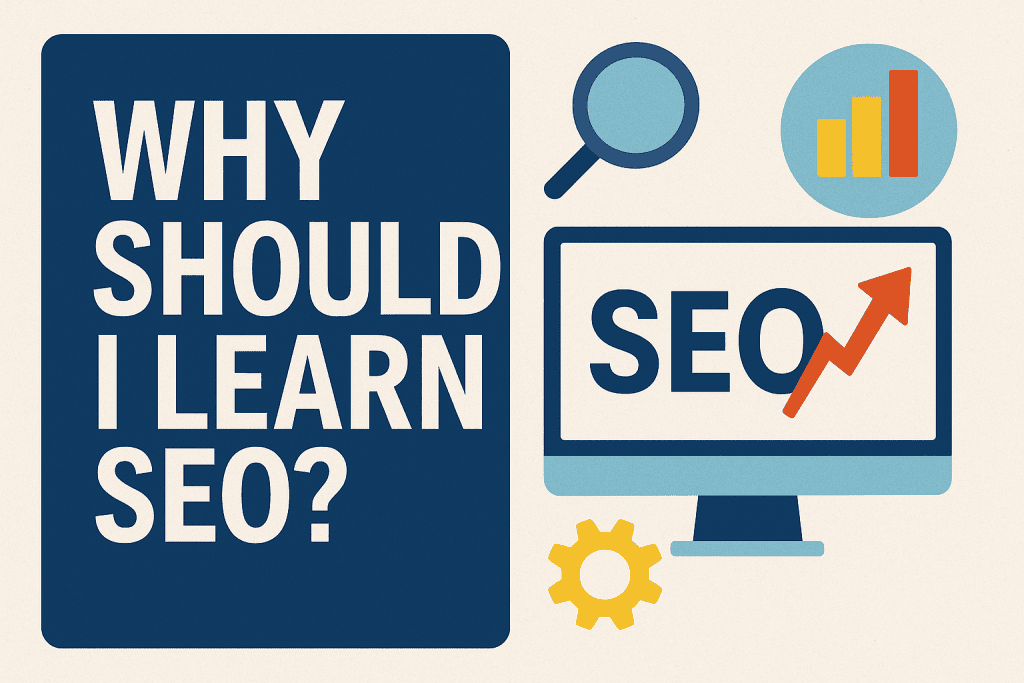
![12 Strategien zum Backlinks aufbauen [2026]](https://backlinkmanagement.io/wp-content/uploads/2025/12/12-Strategien-zum-Backlinks-aufbauen-scaled.jpg)

![How To Automate Backlink Reporting [2026 Guide]](https://backlinkmanagement.io/wp-content/uploads/2025/12/How-To-Automate-Backlink-Reporting.jpg)


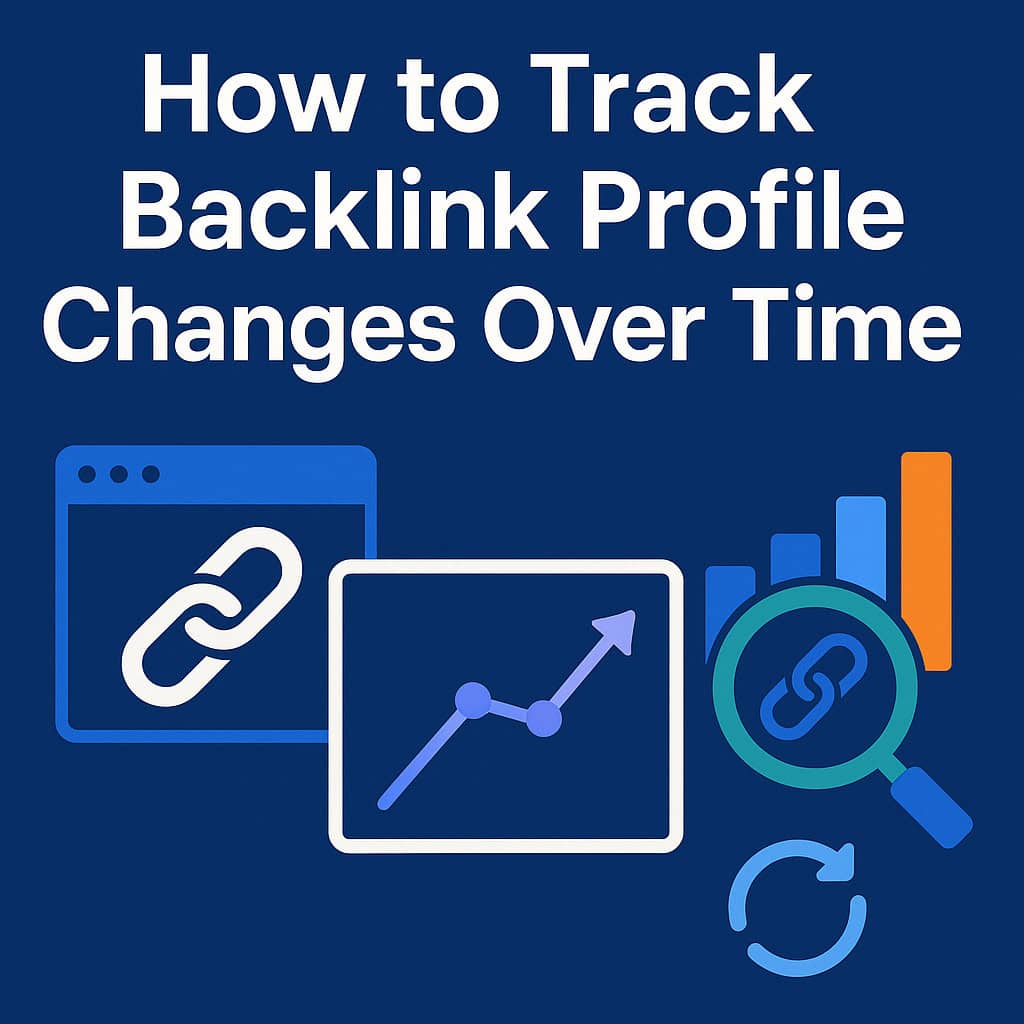
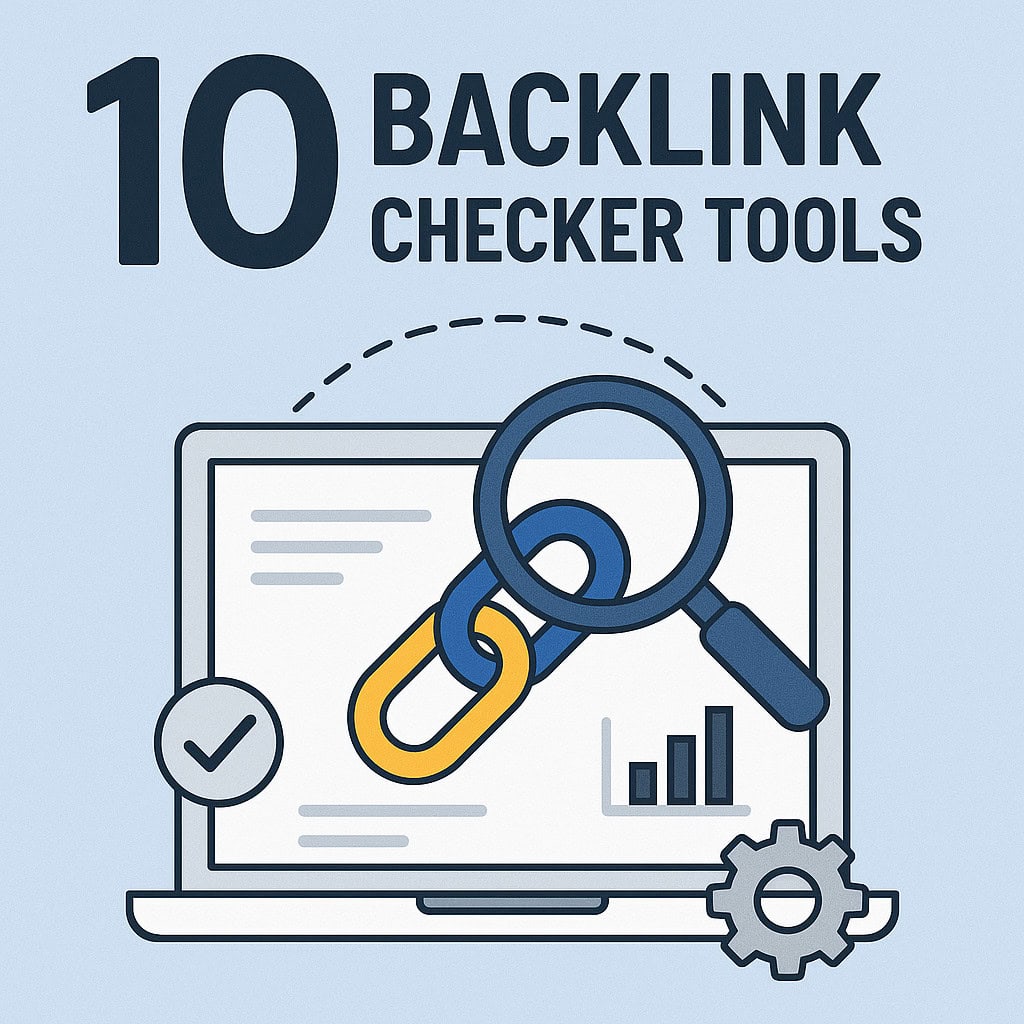
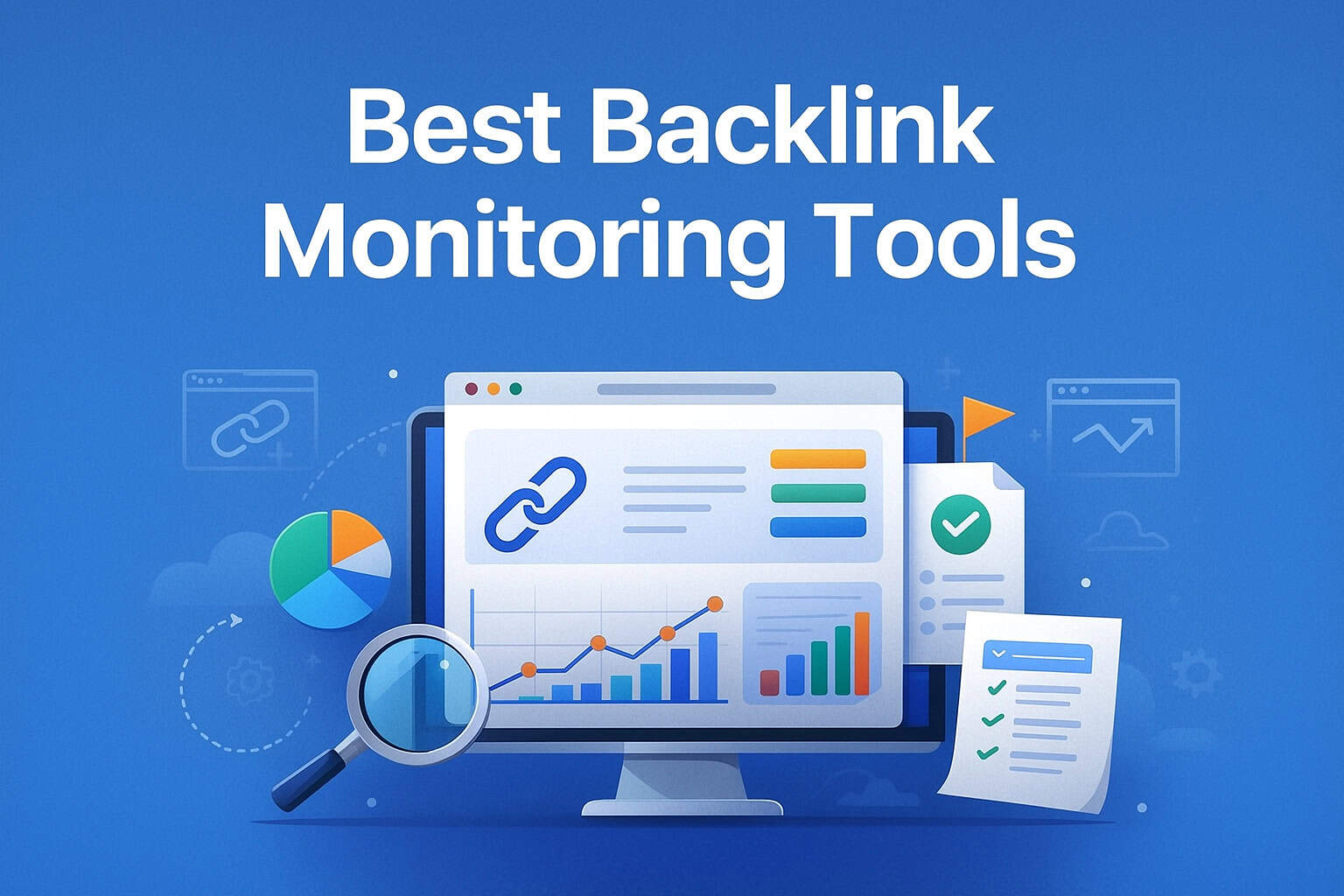
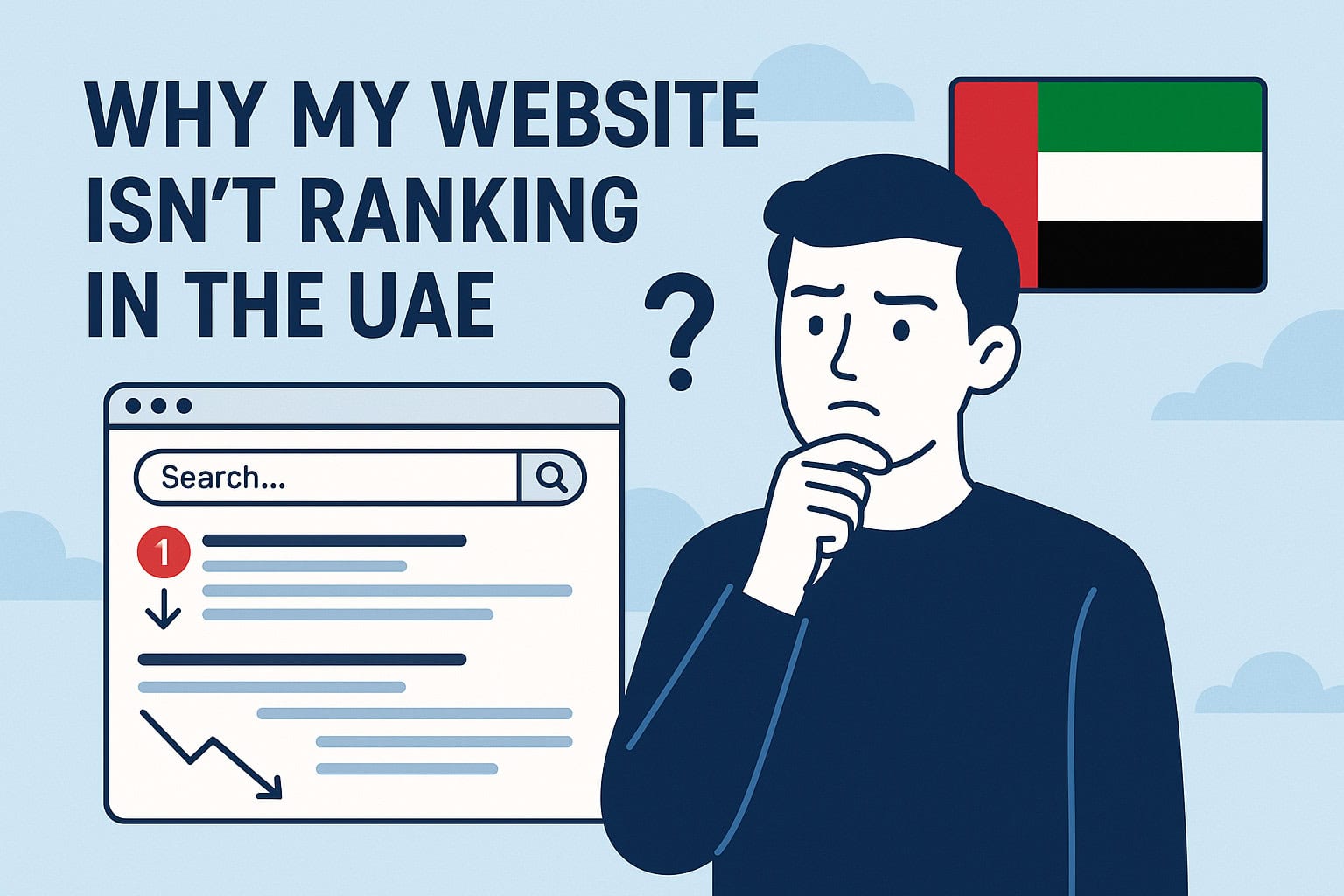
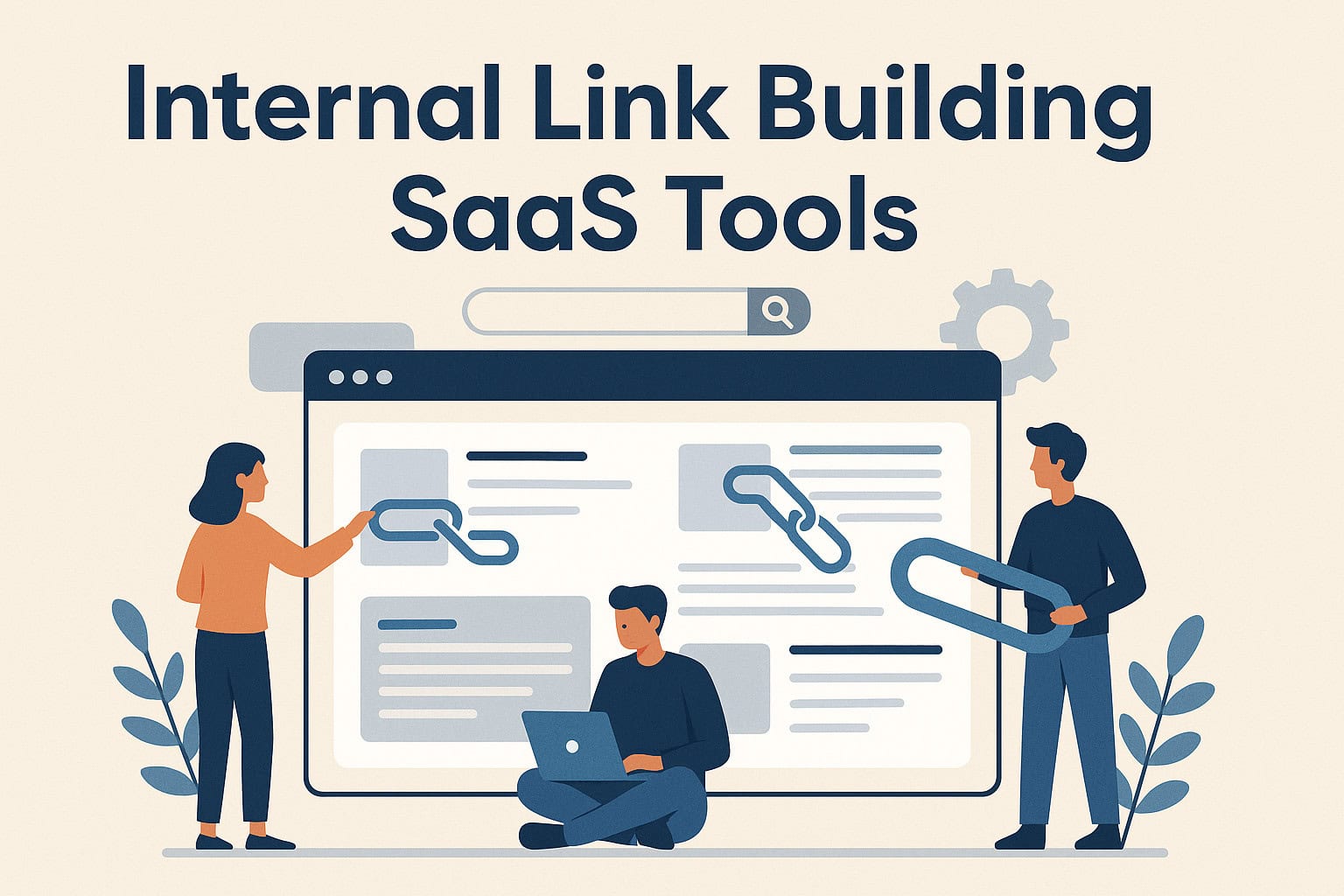
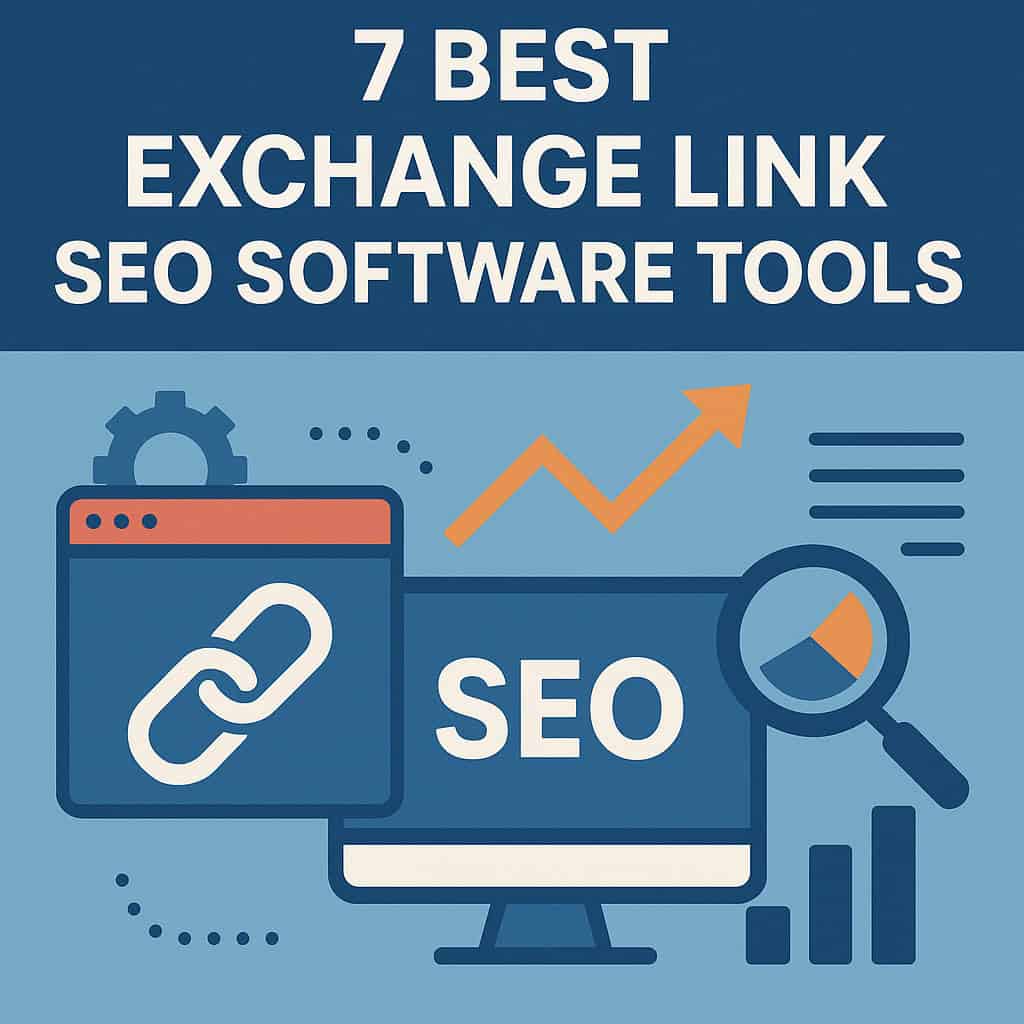
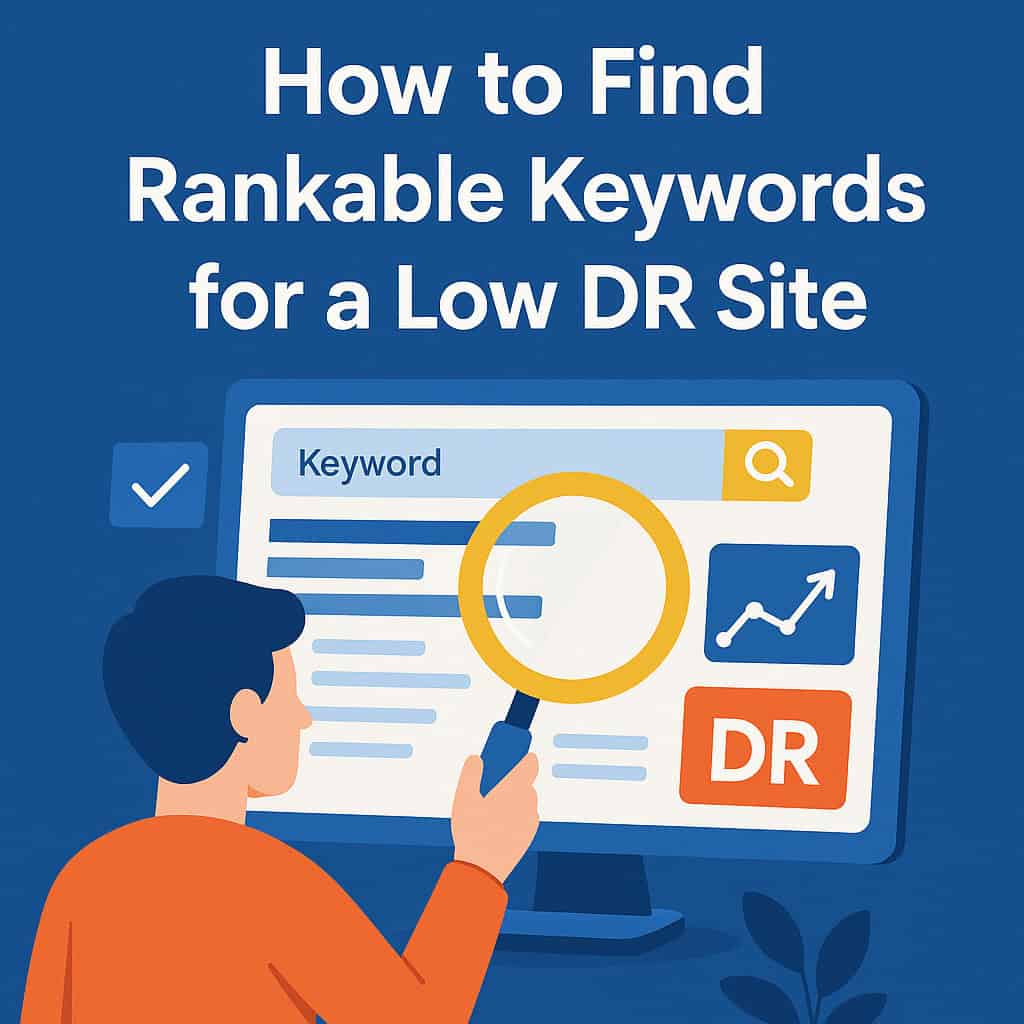
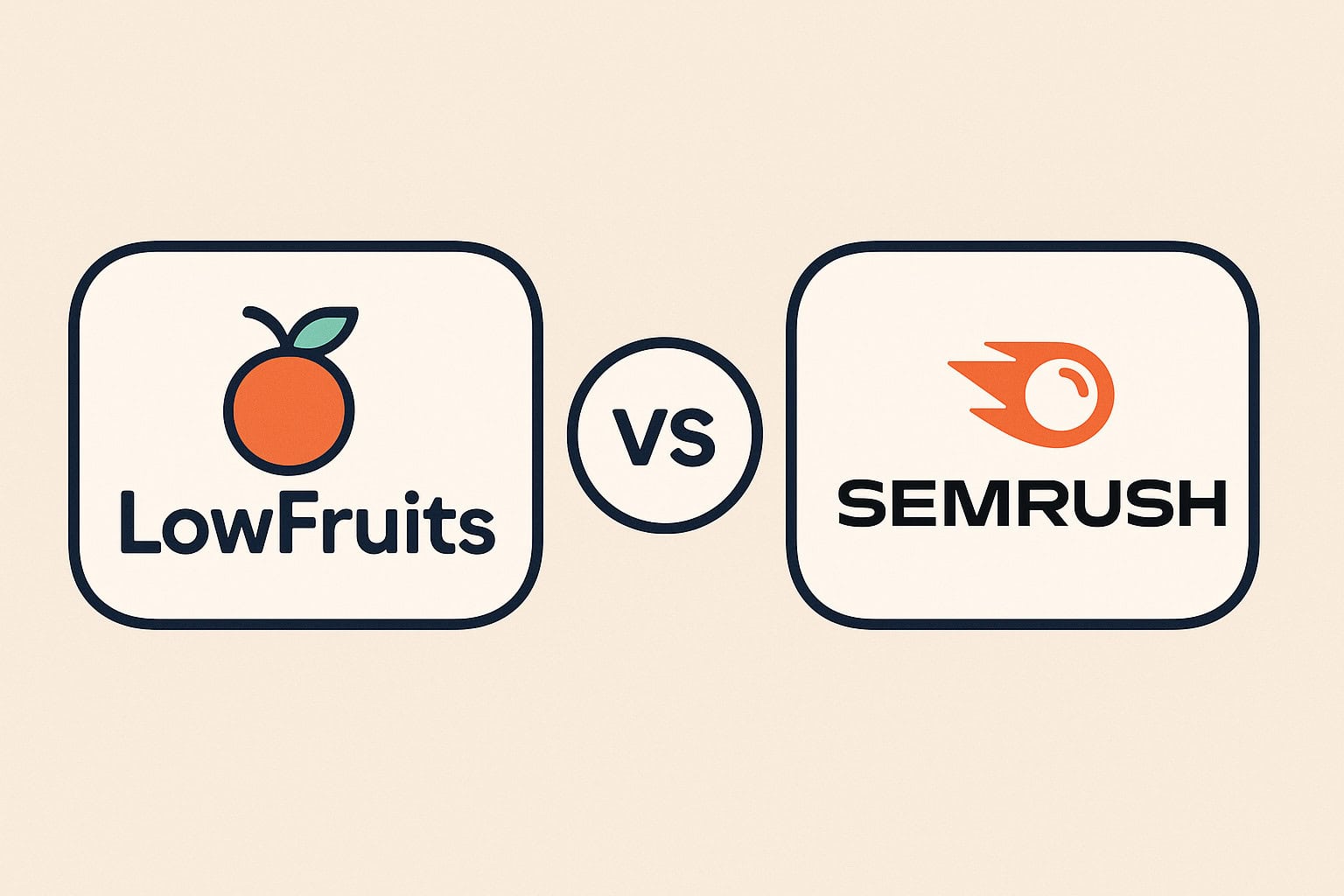
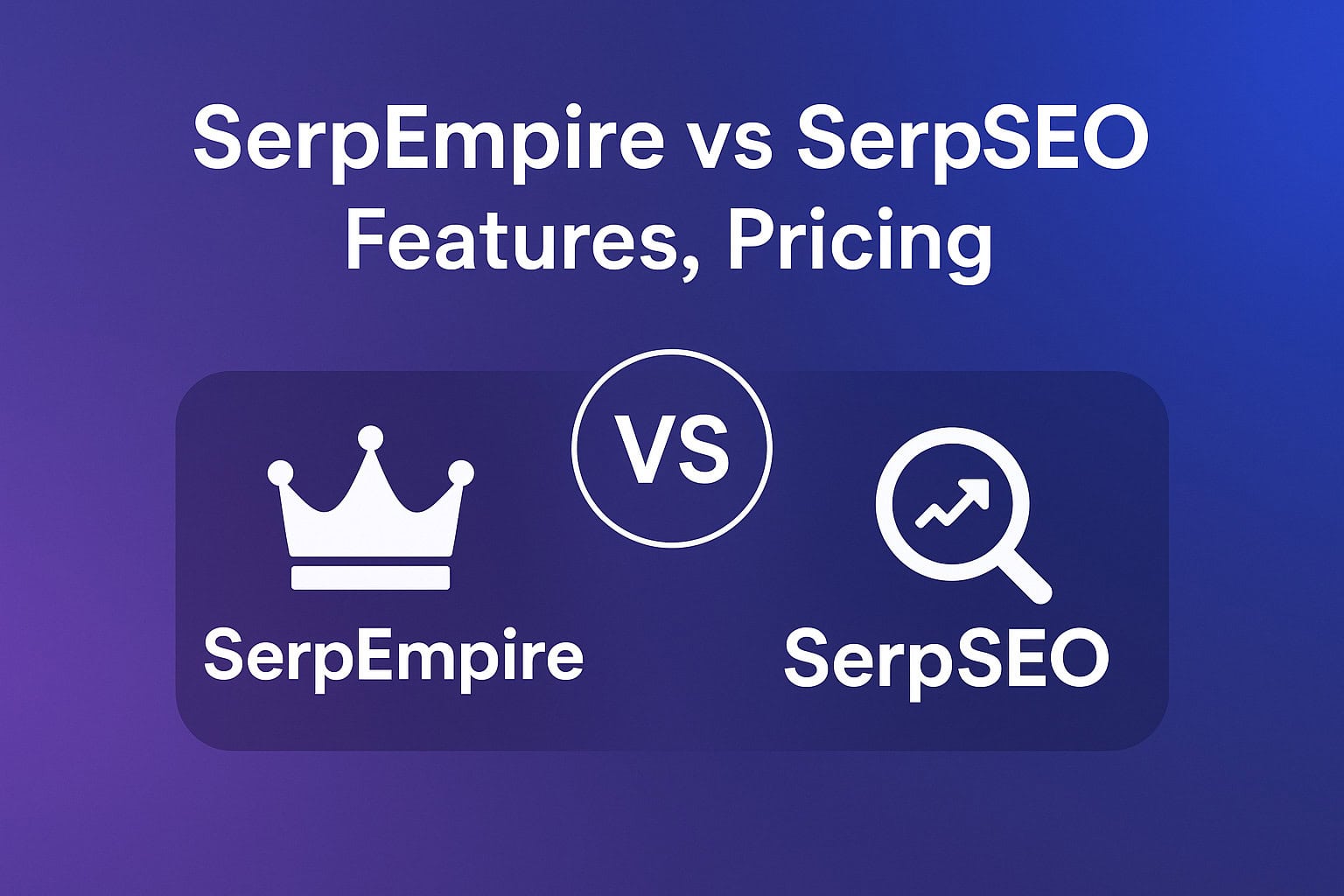
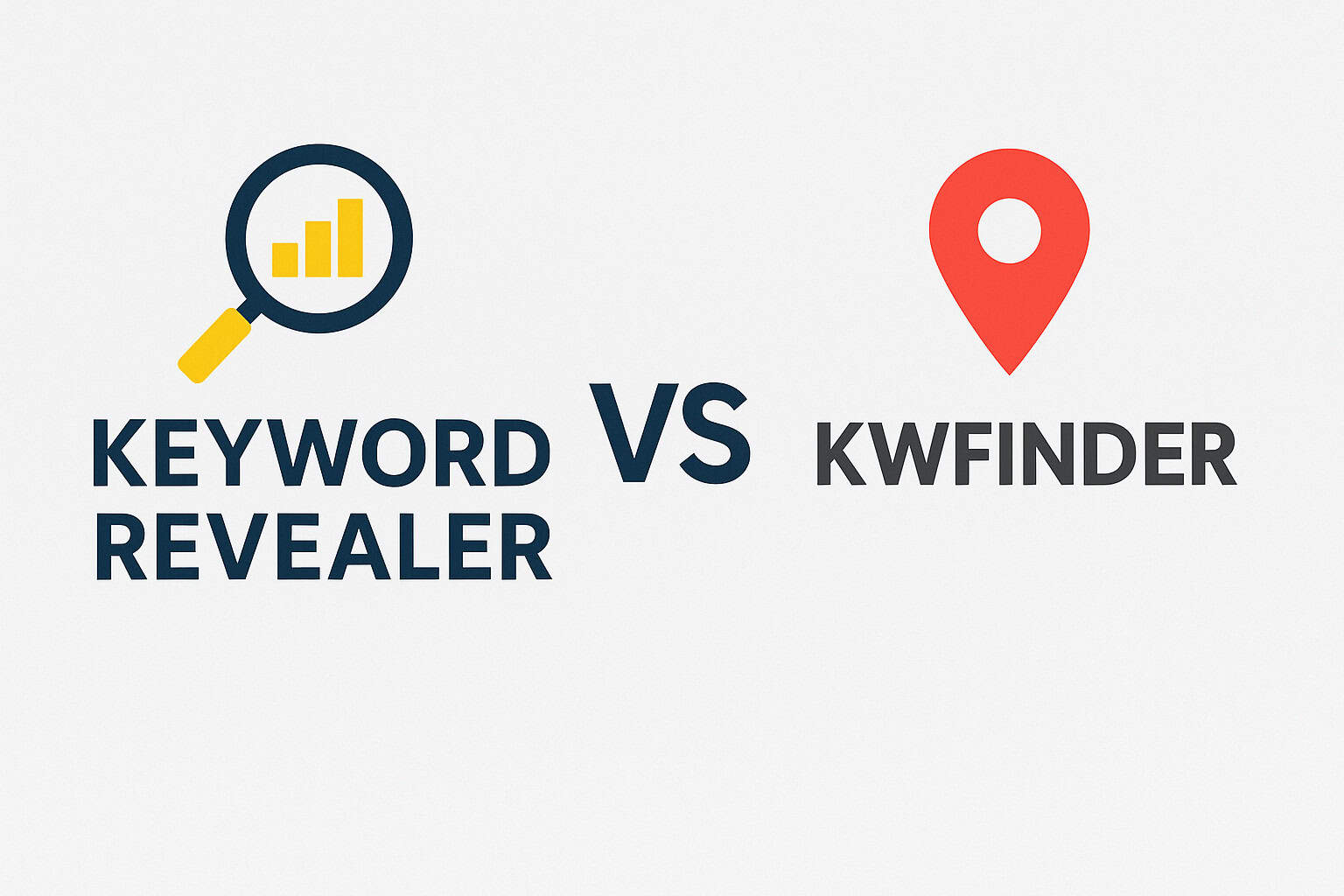
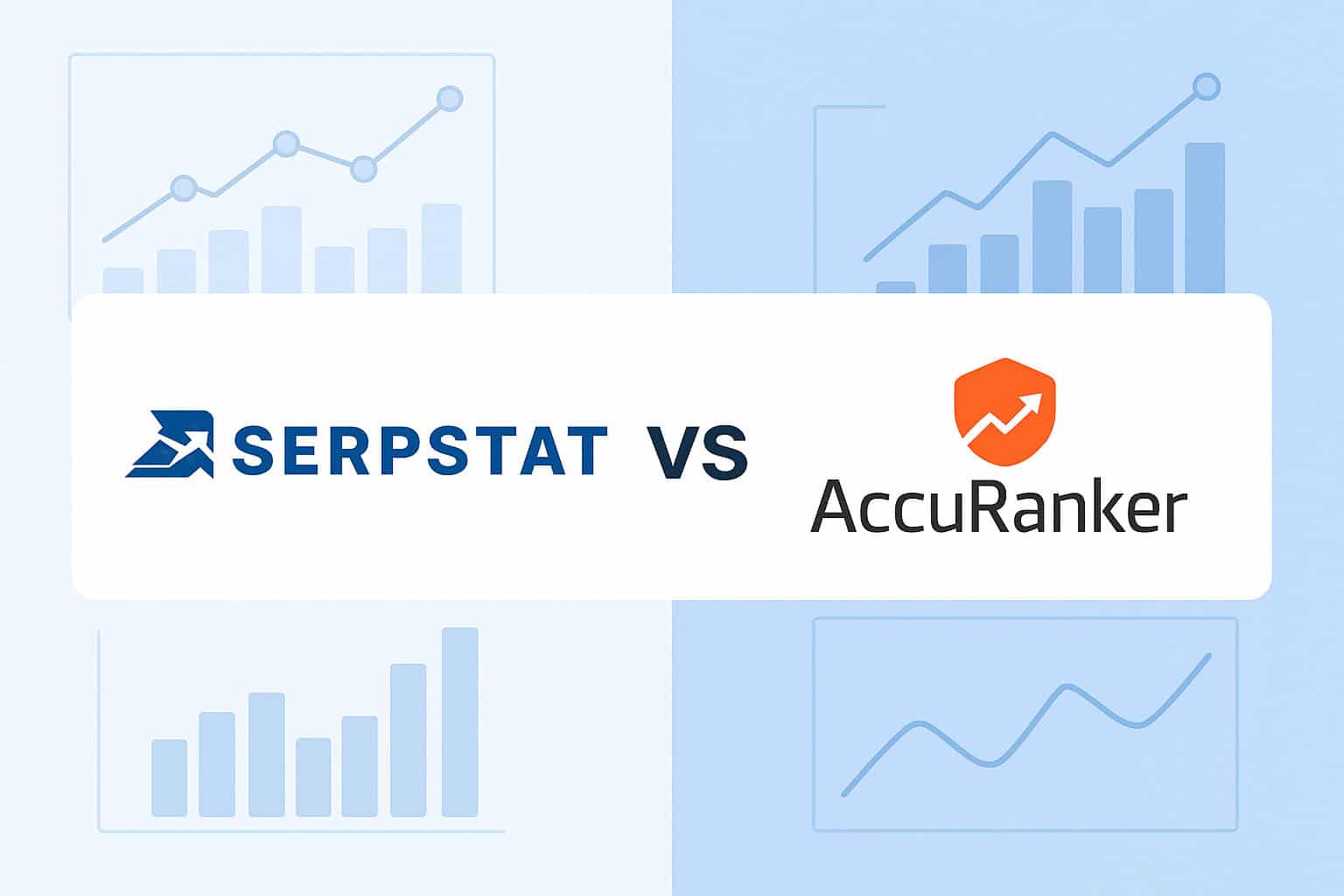


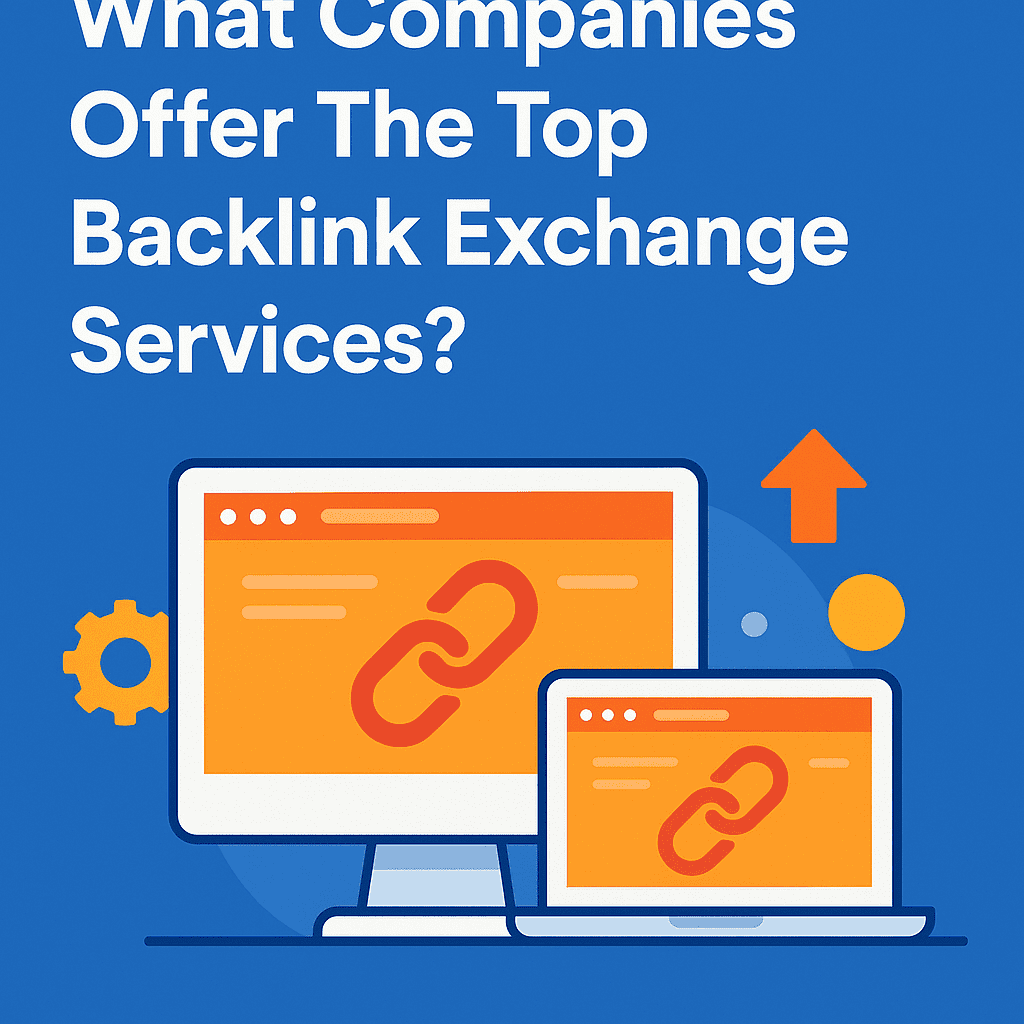

![Longtail Pro Moz or Majestic [Full Breakdown]](https://backlinkmanagement.io/wp-content/uploads/2025/11/ChatGPT-Image-Nov-14-2025-08_30_38-AM.png)
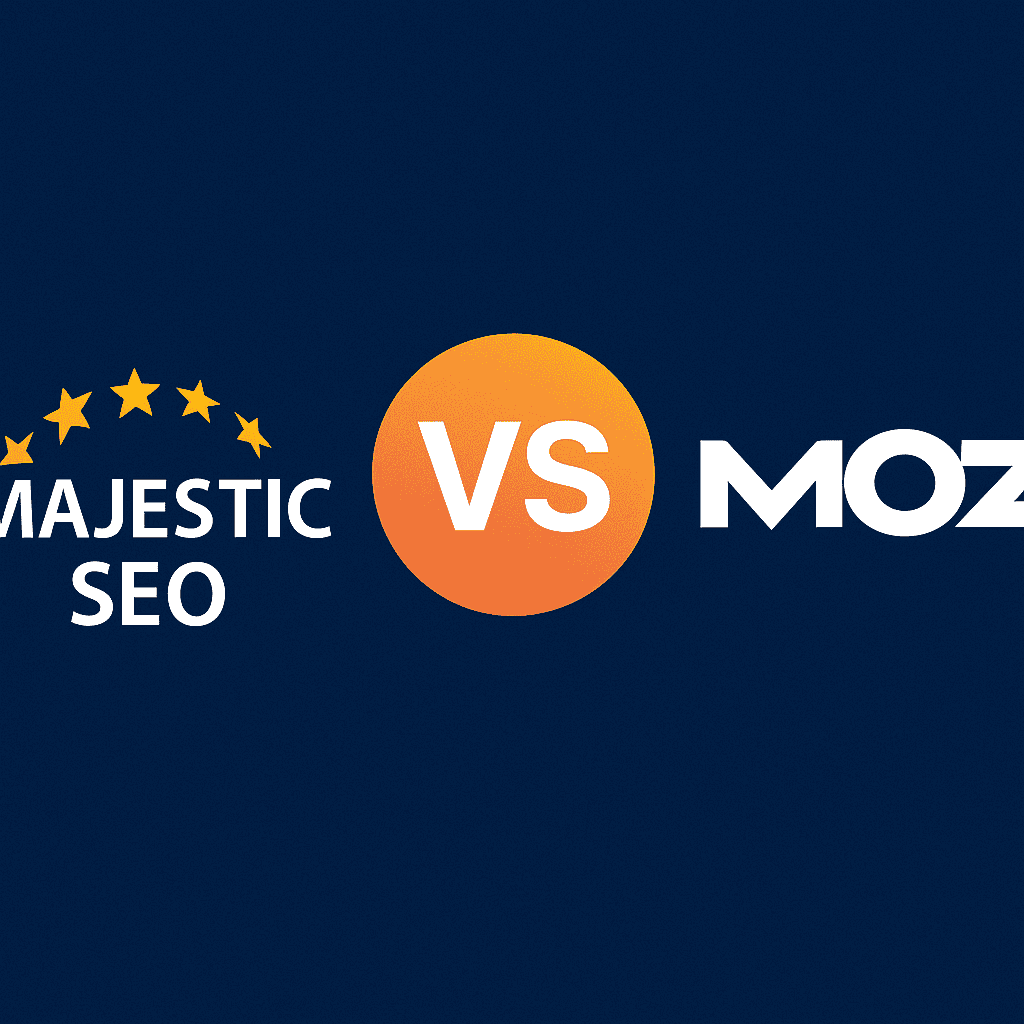
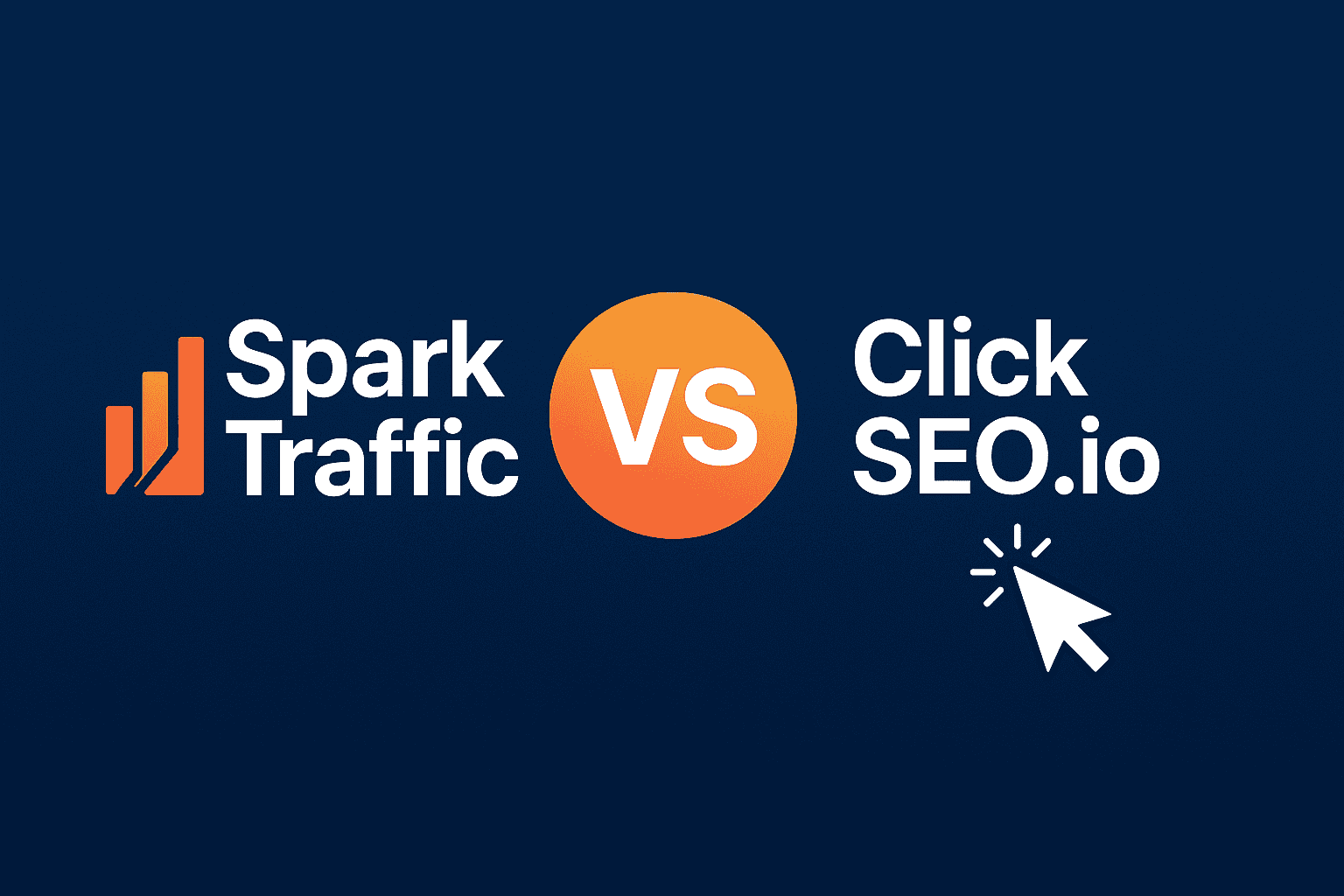
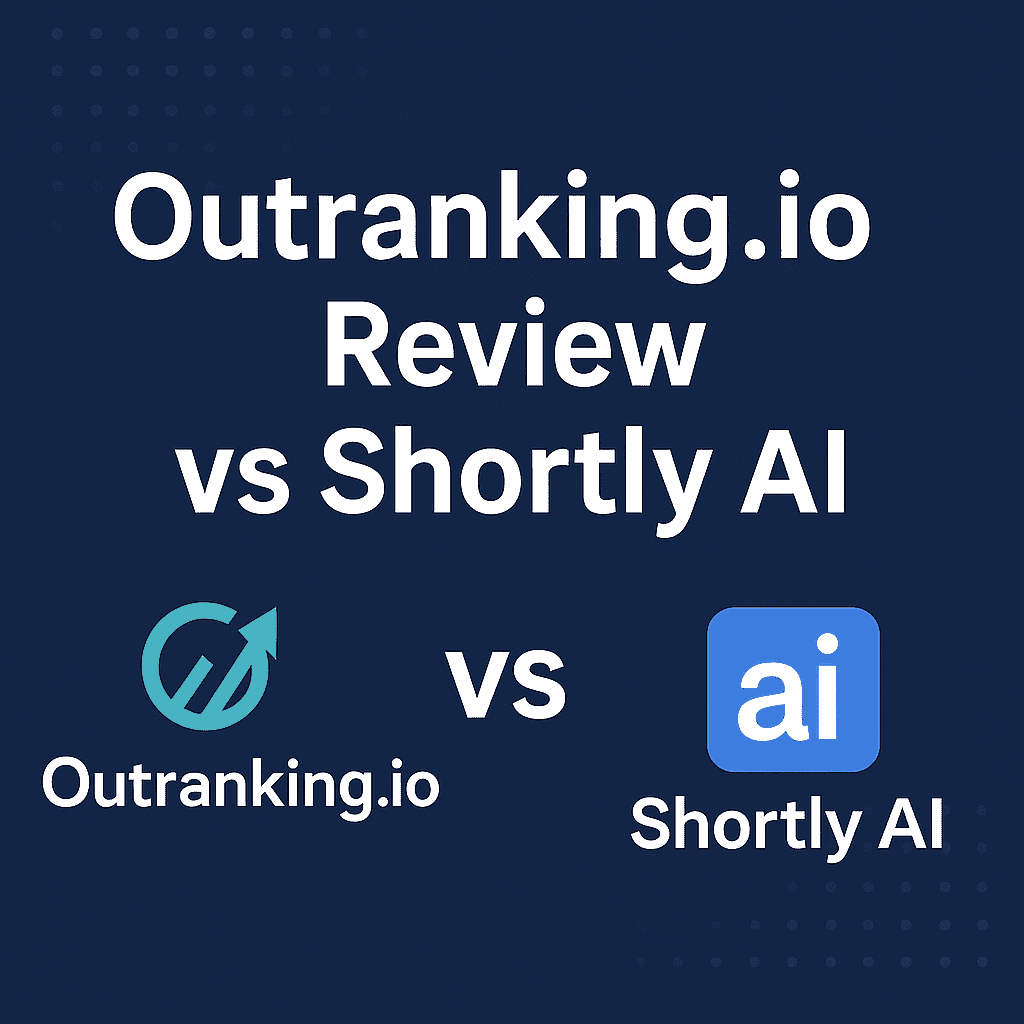
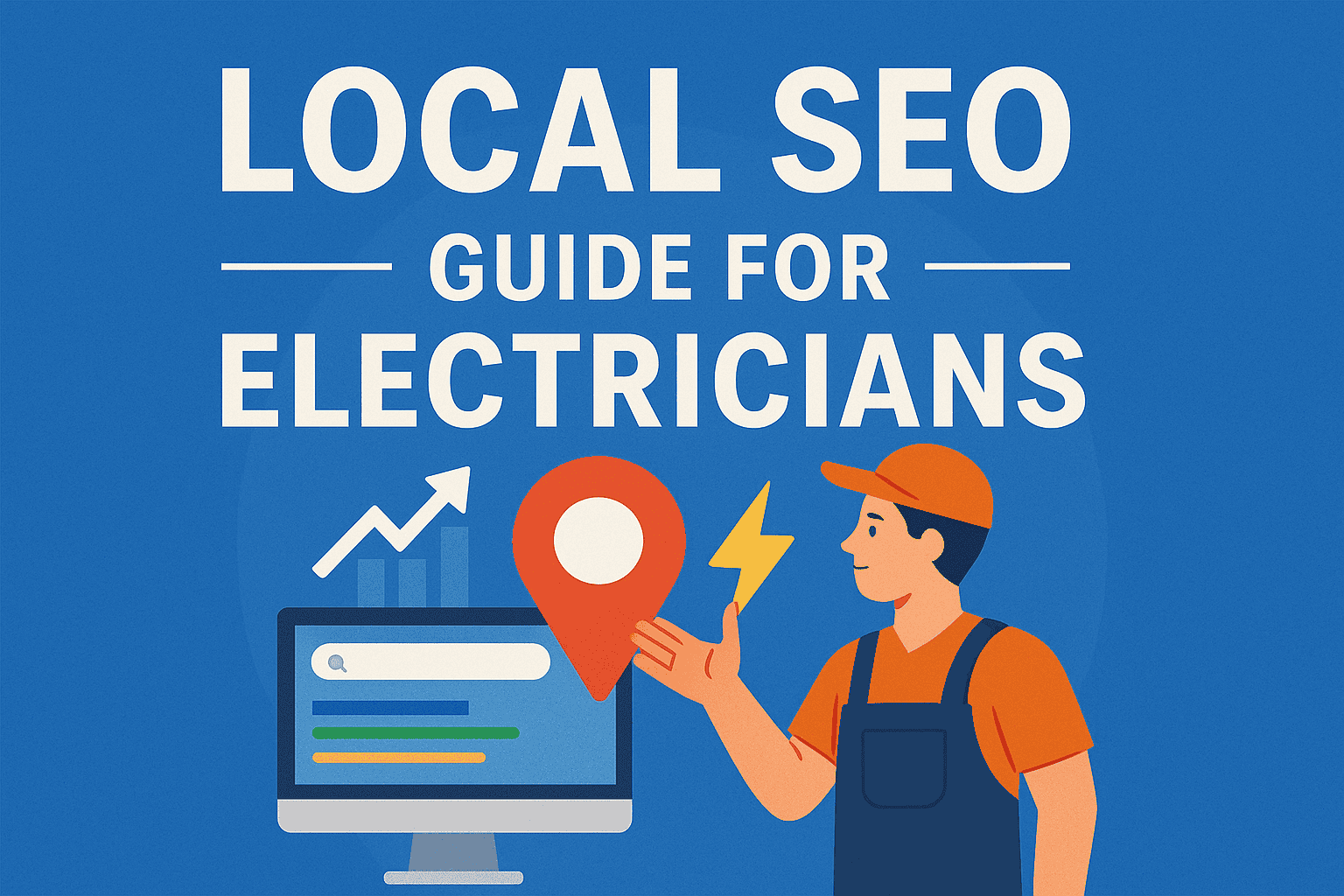
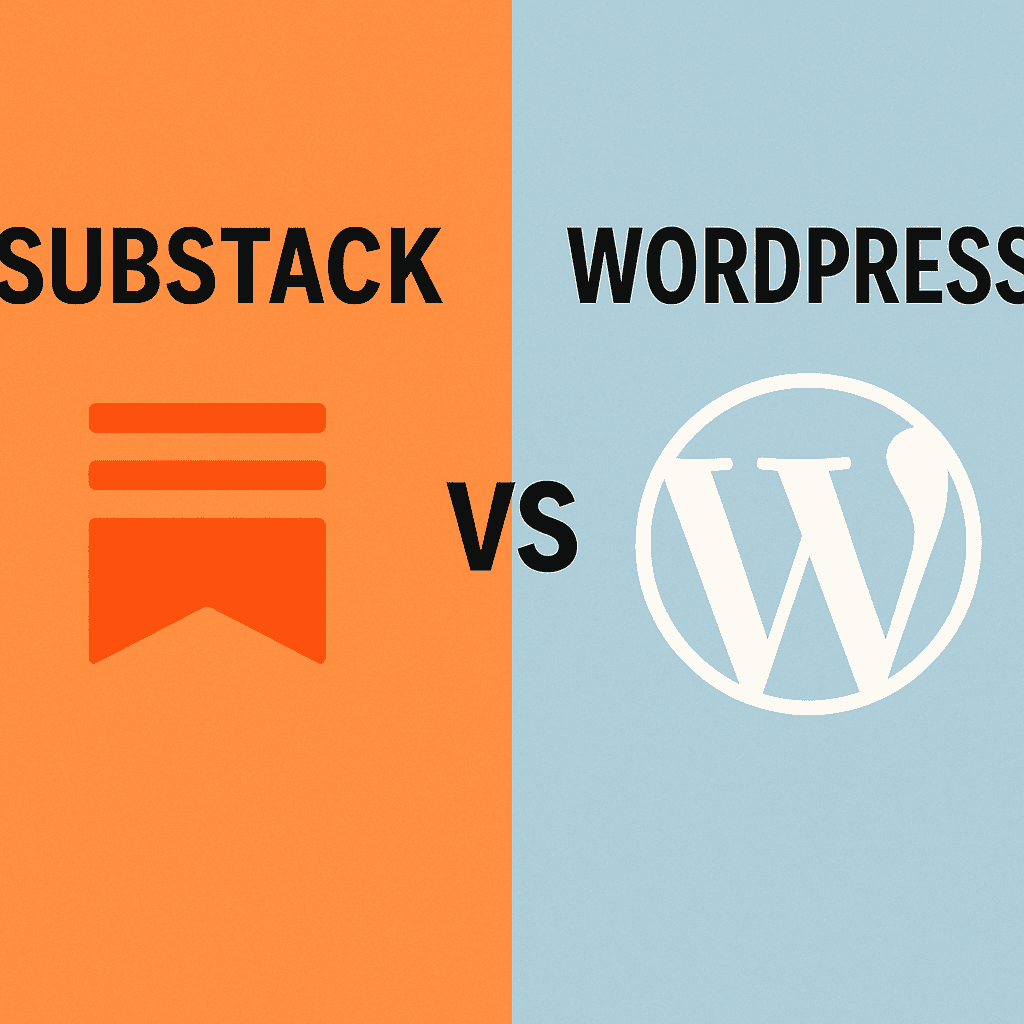






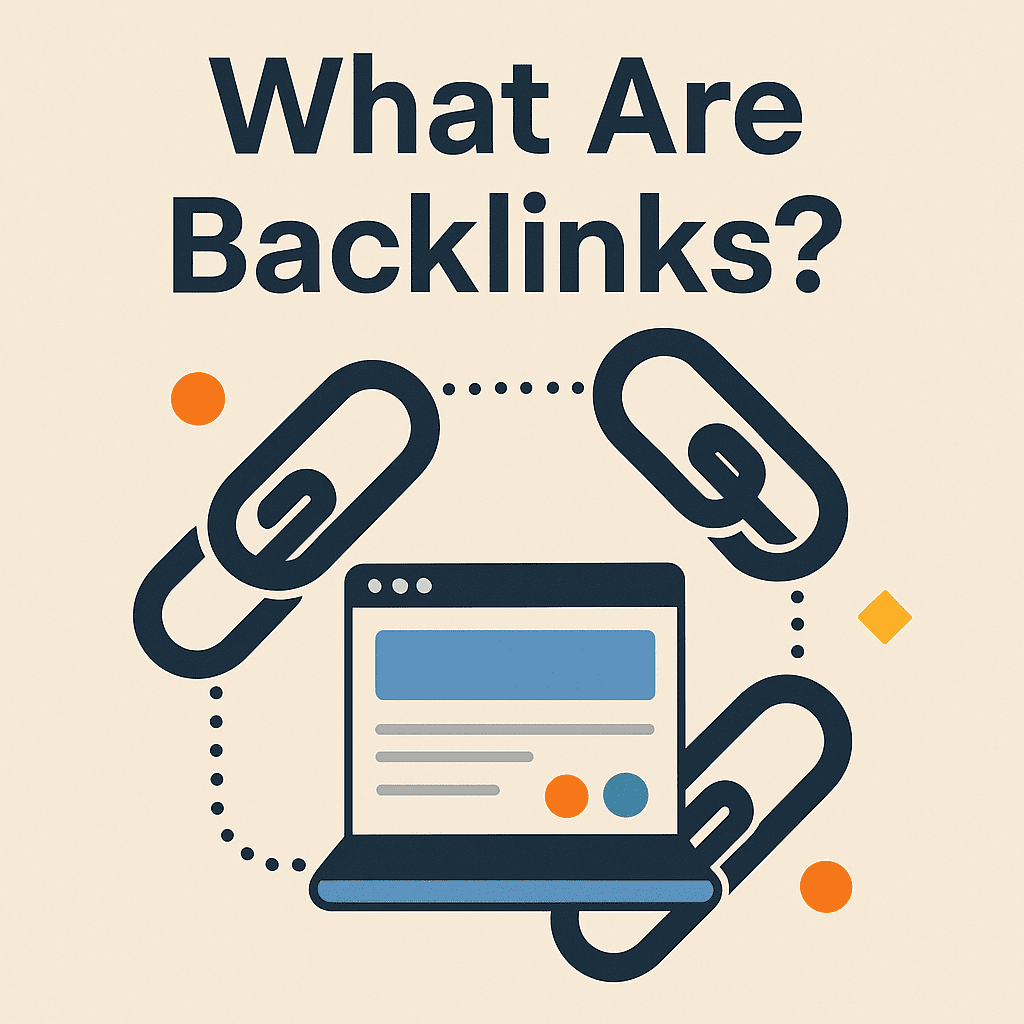
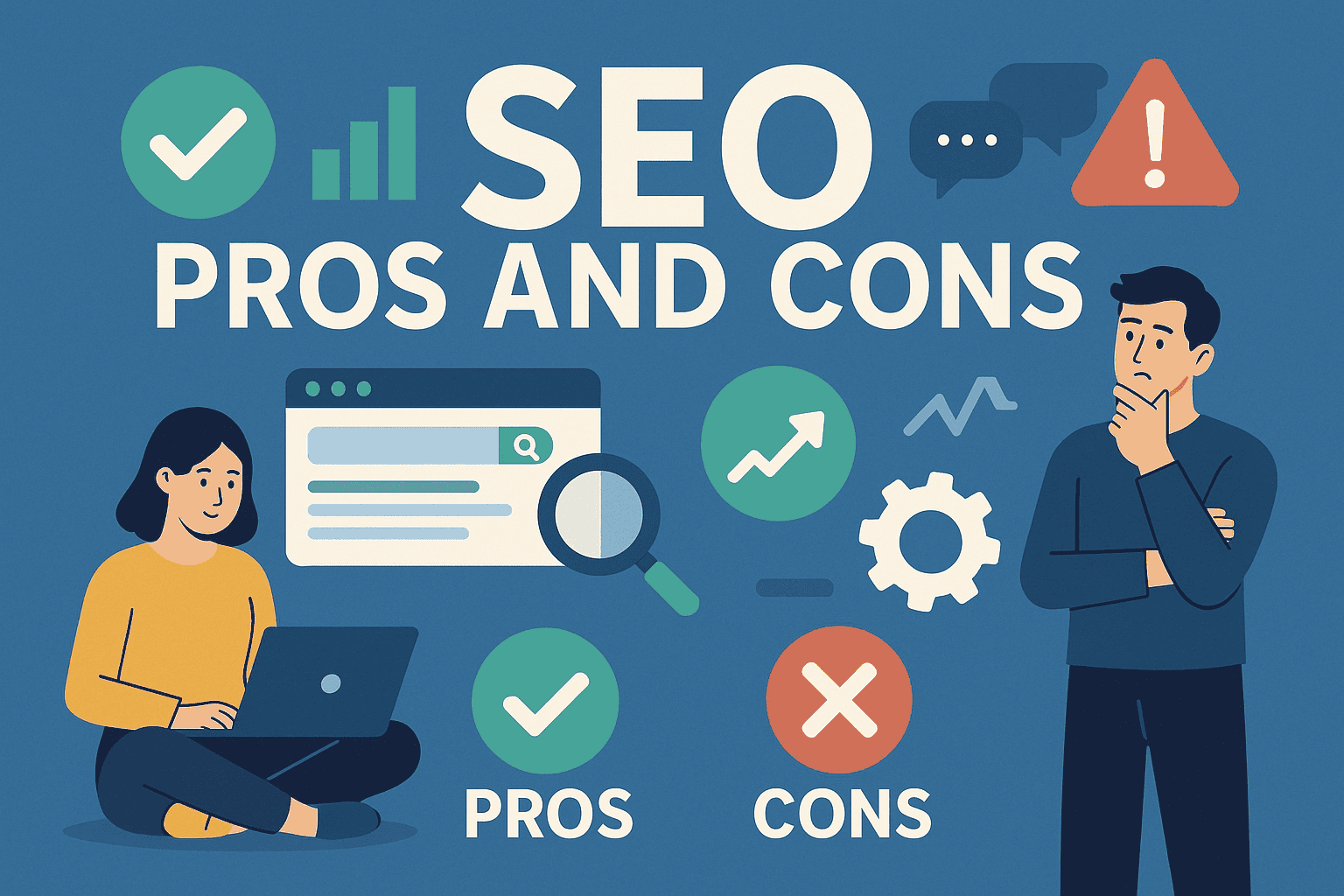

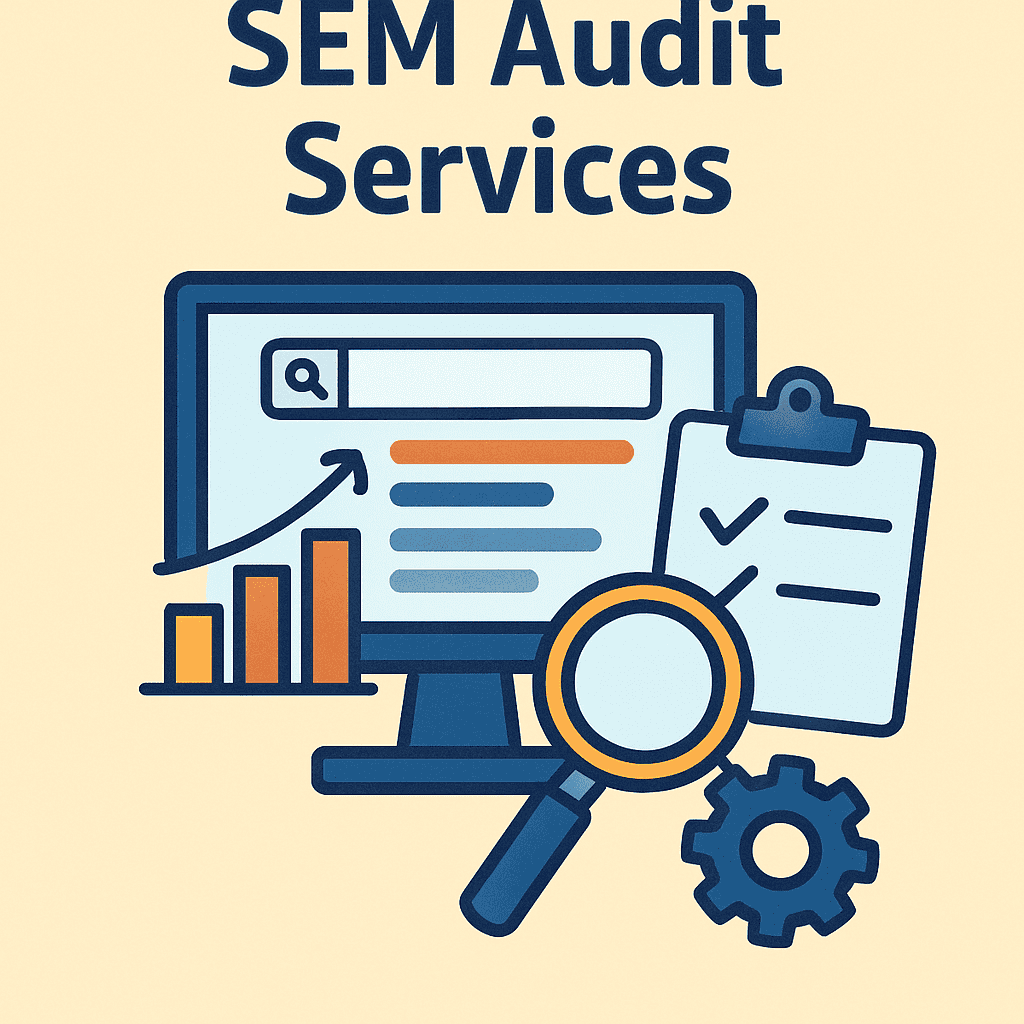
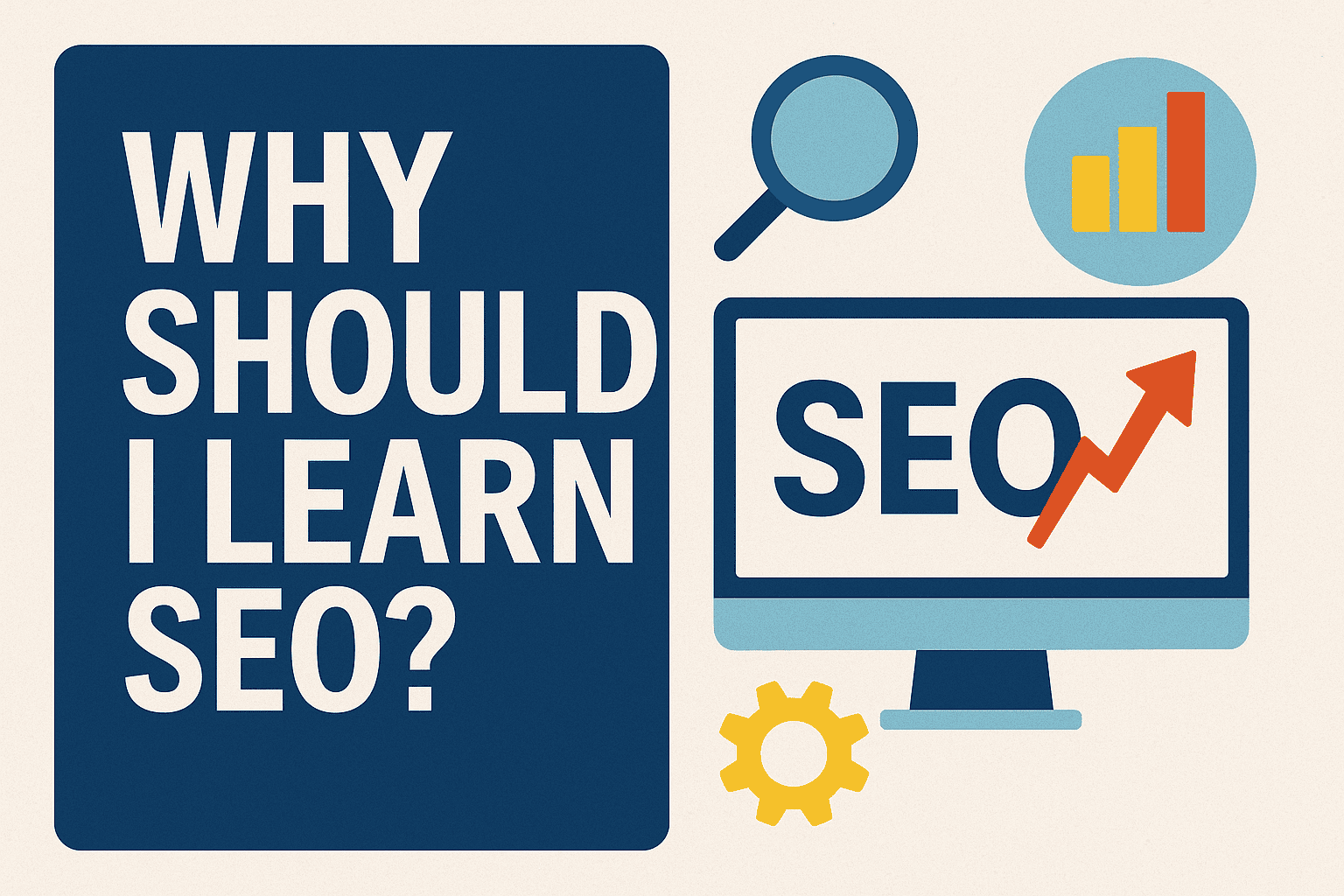
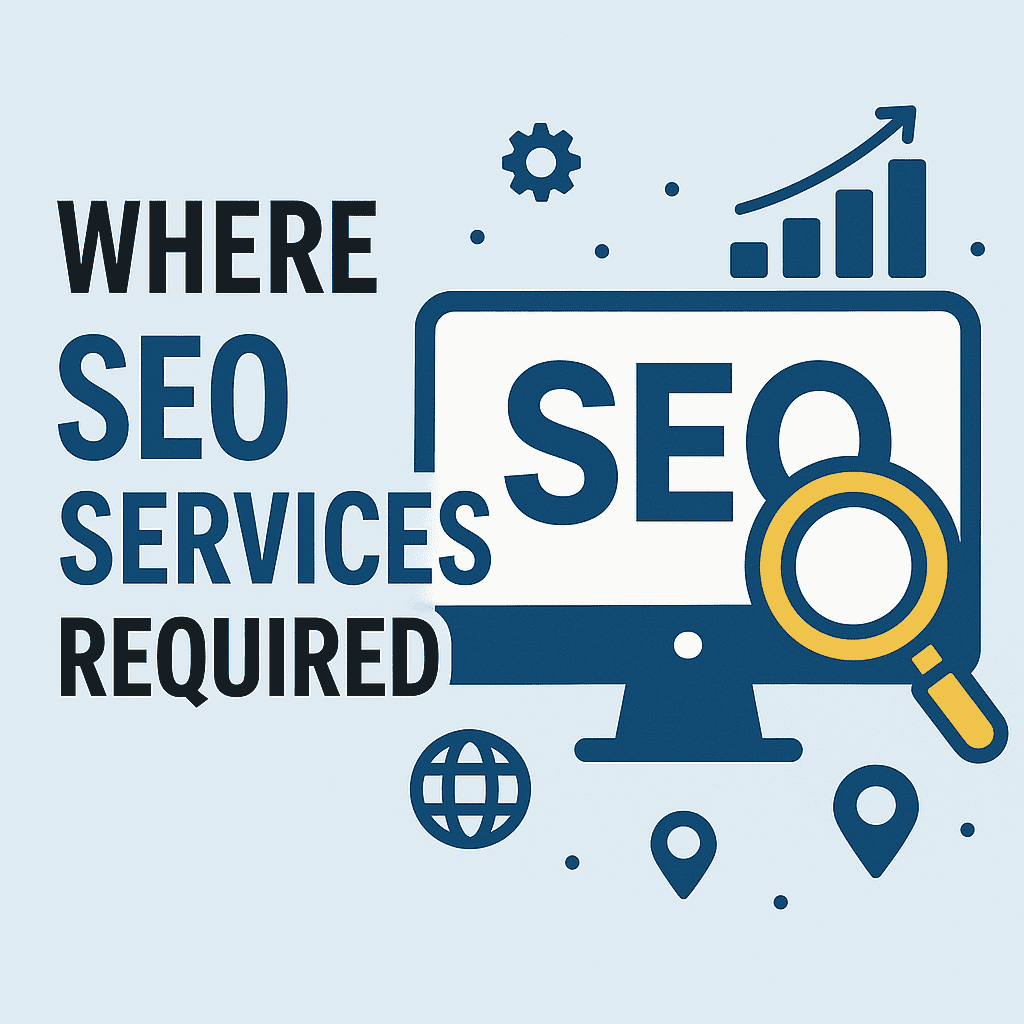

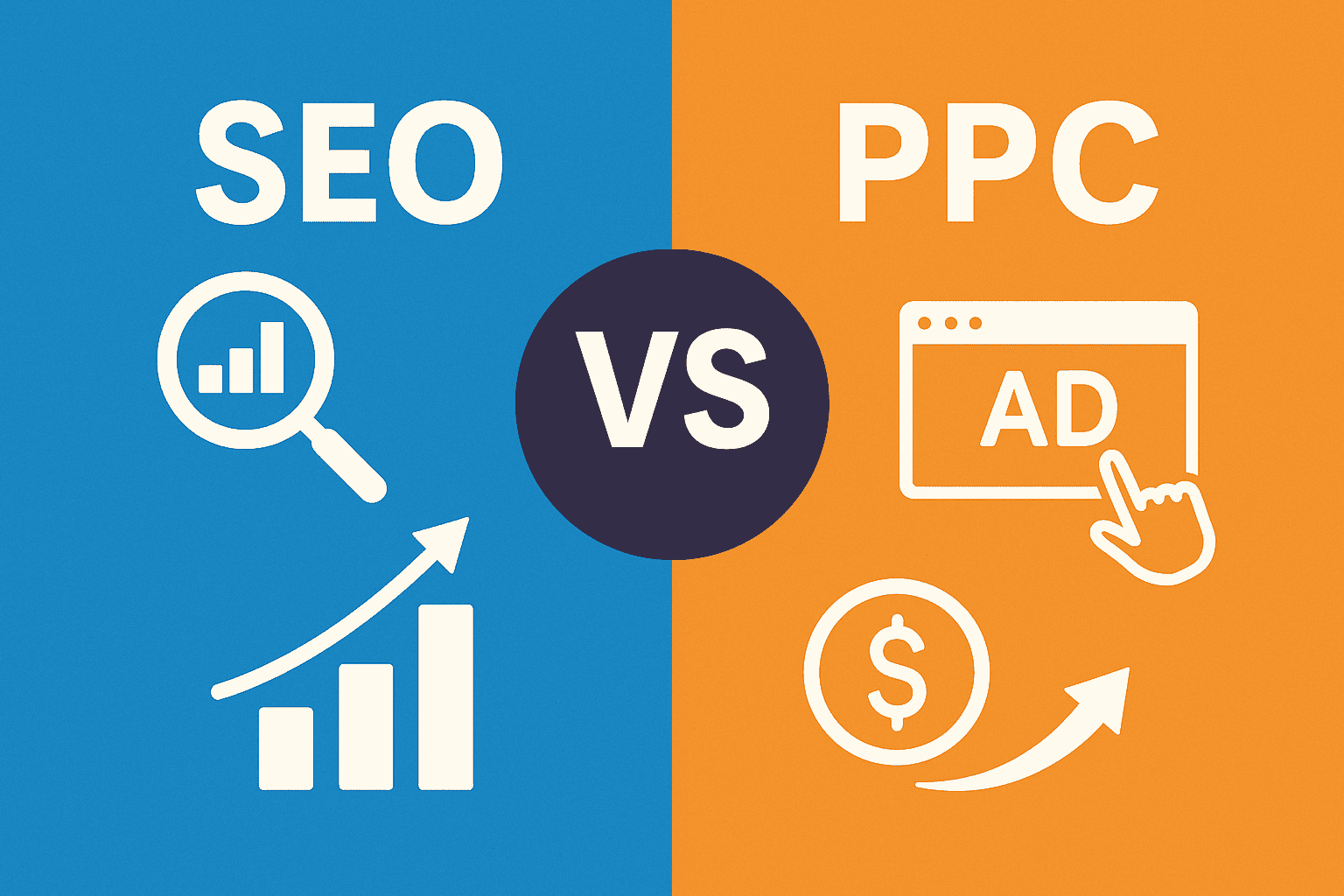

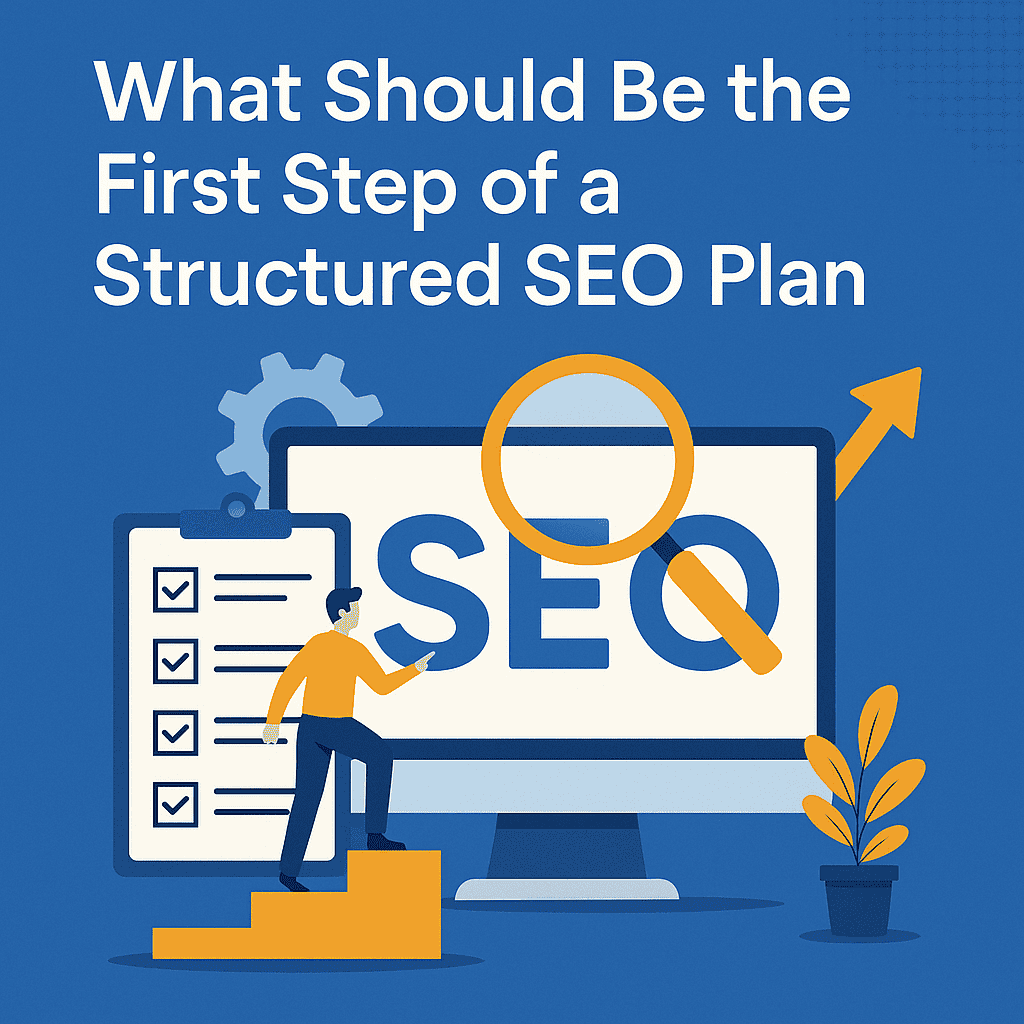

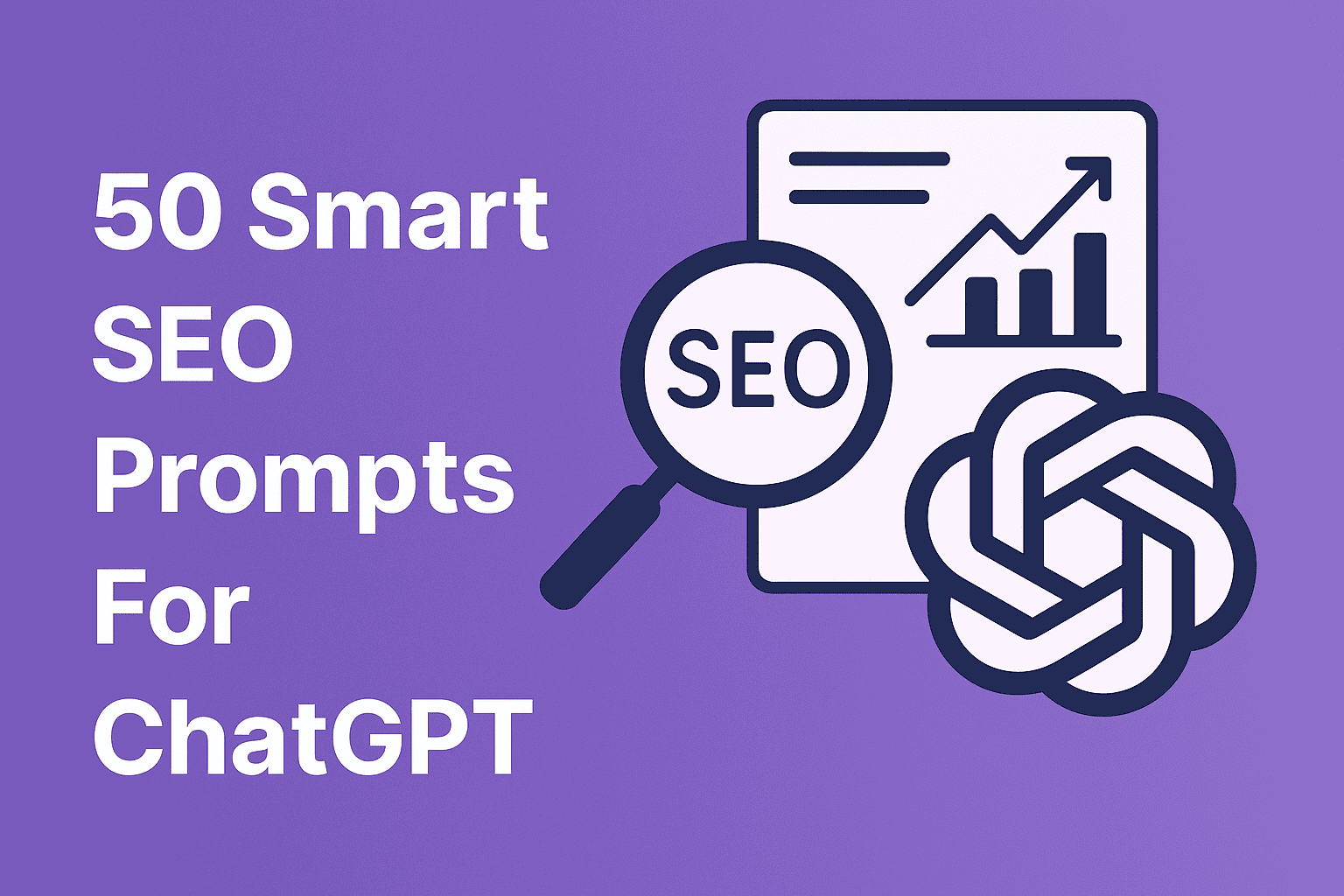

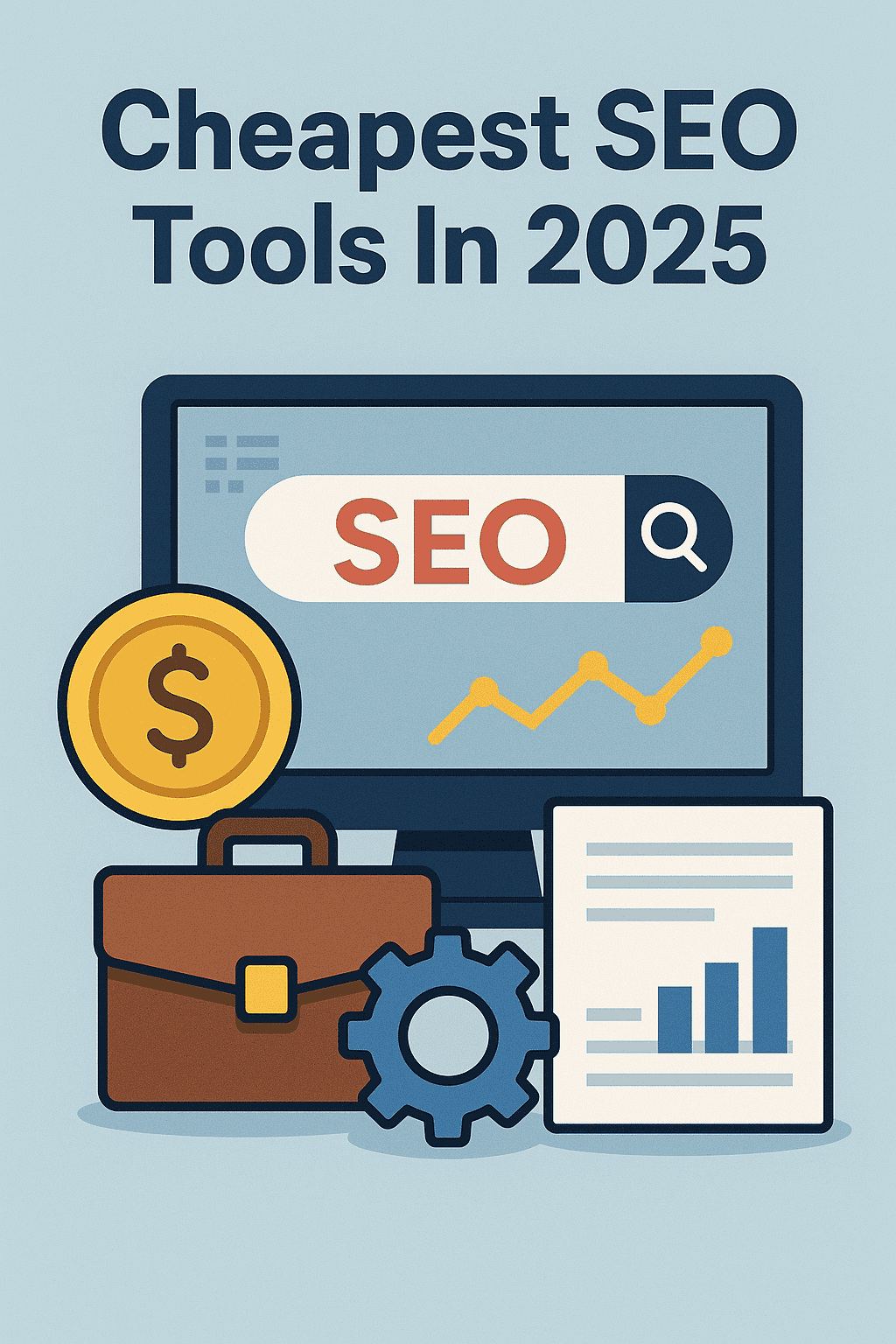
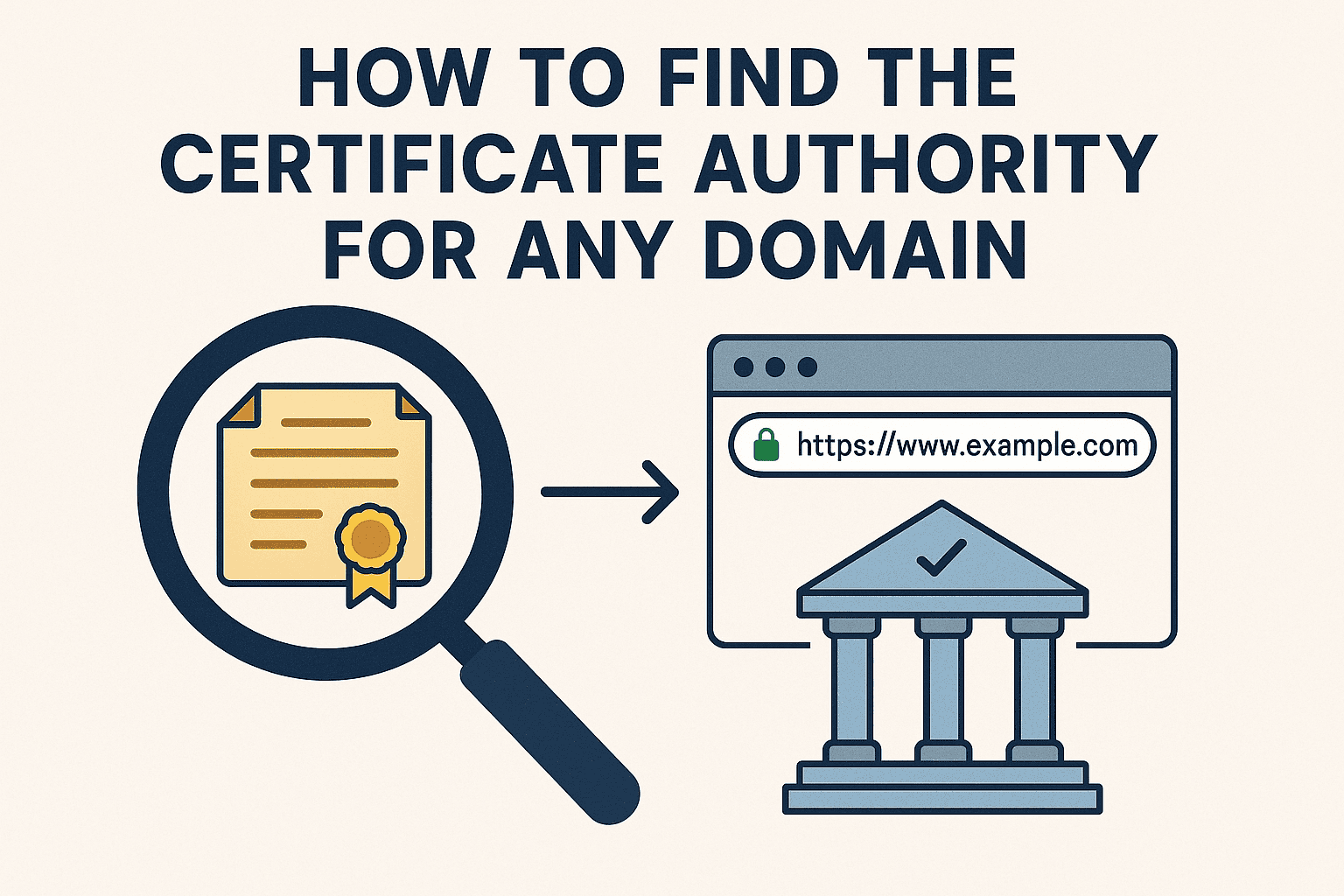
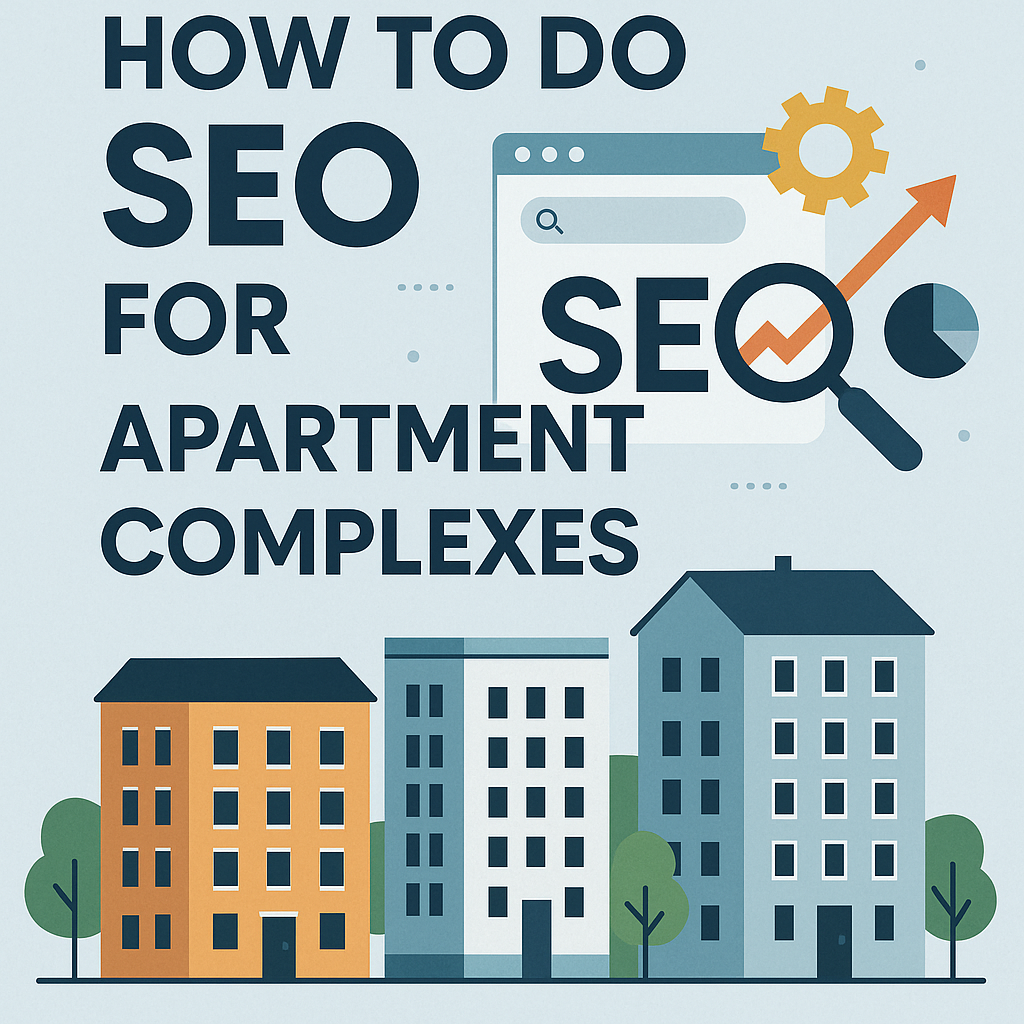

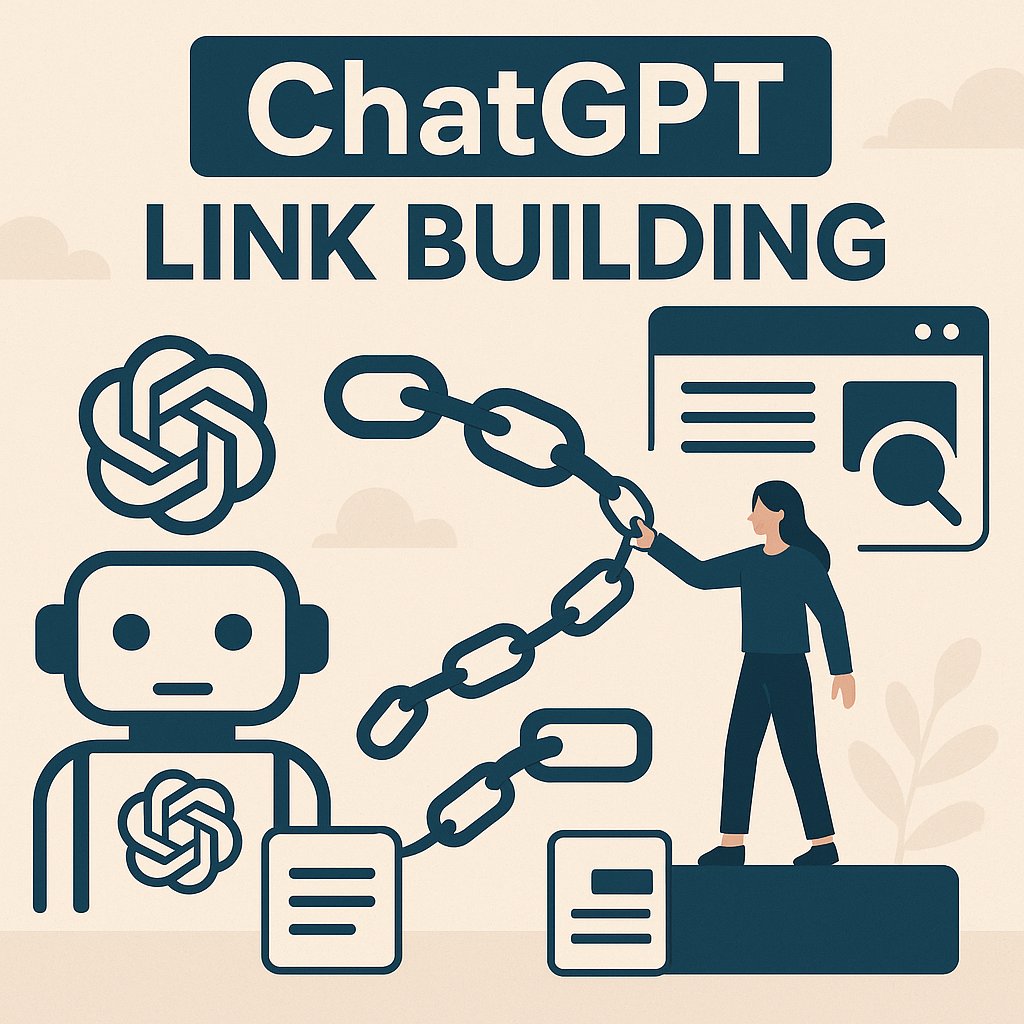
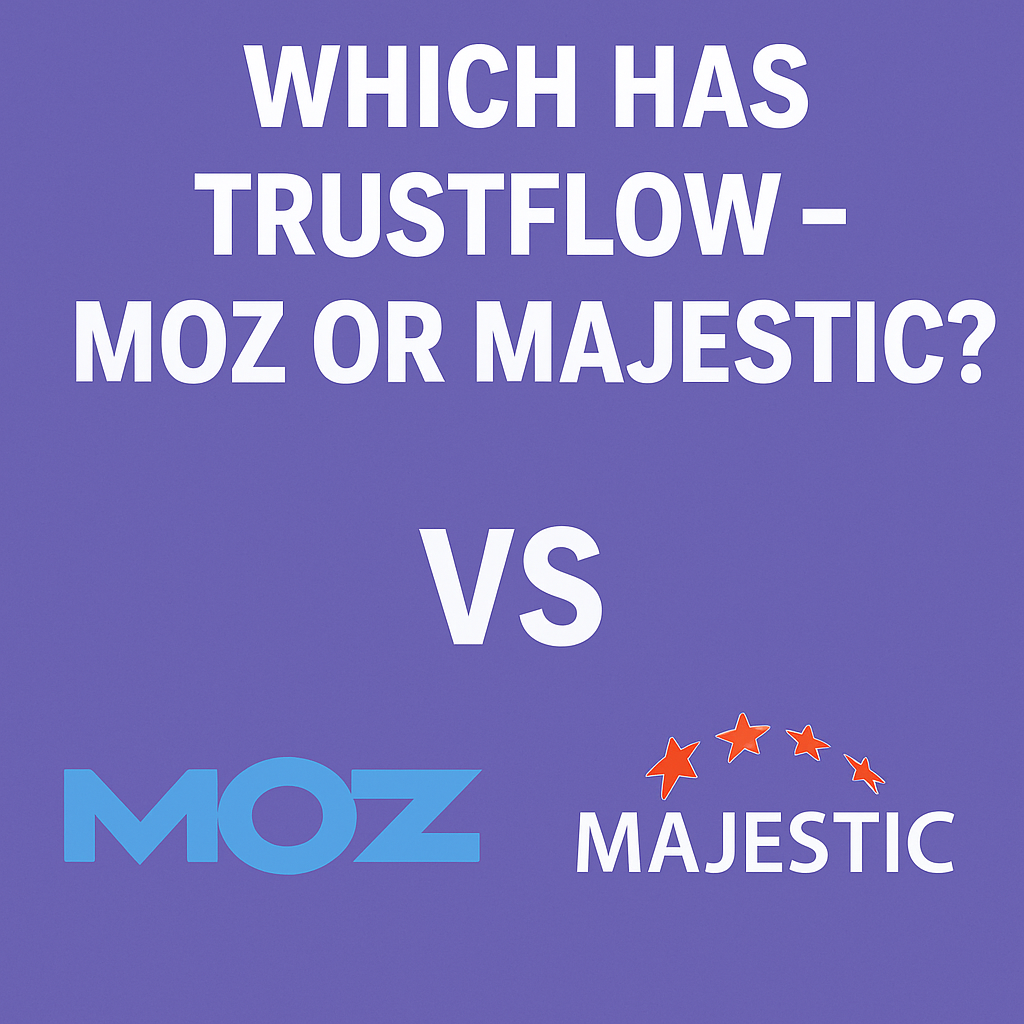


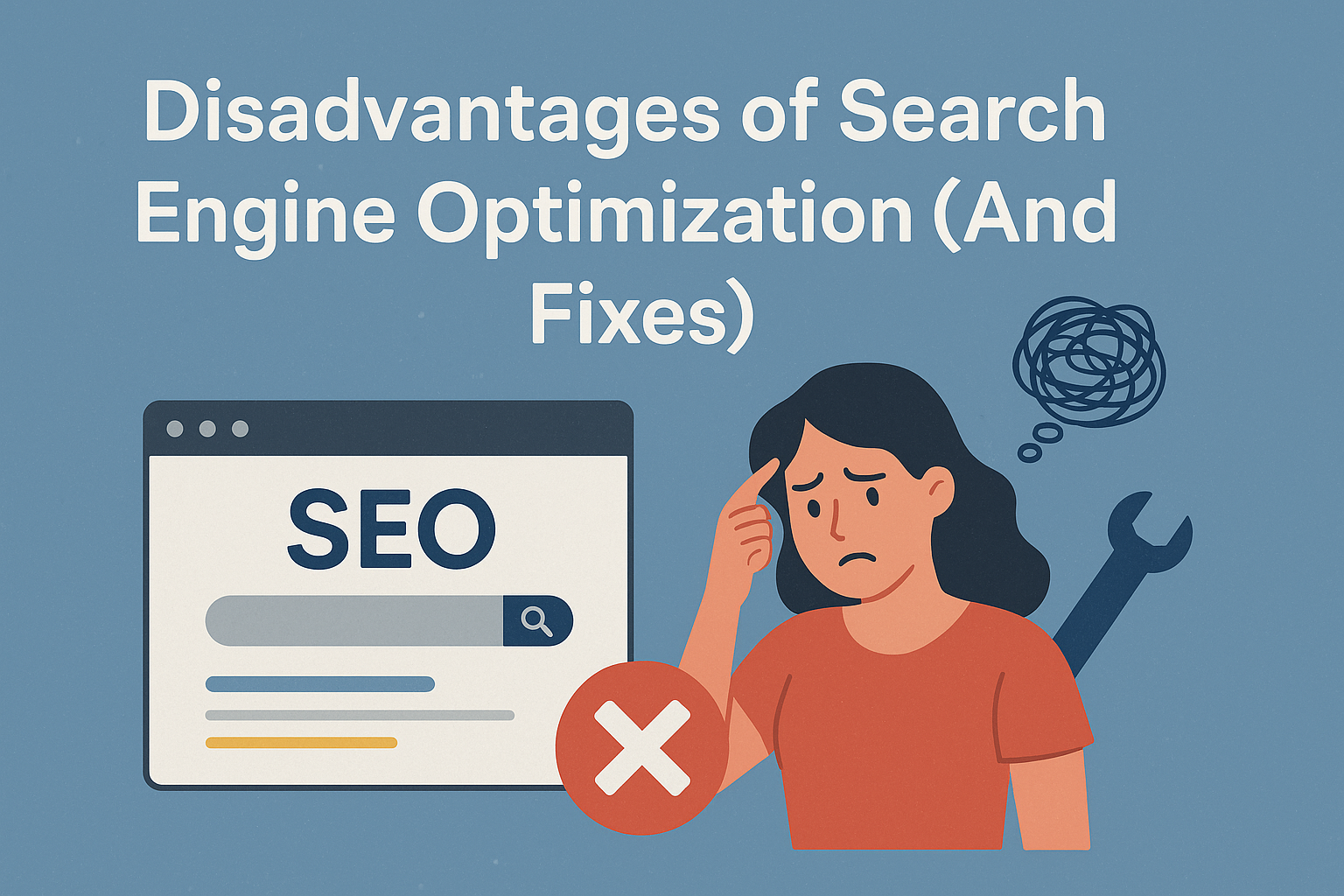
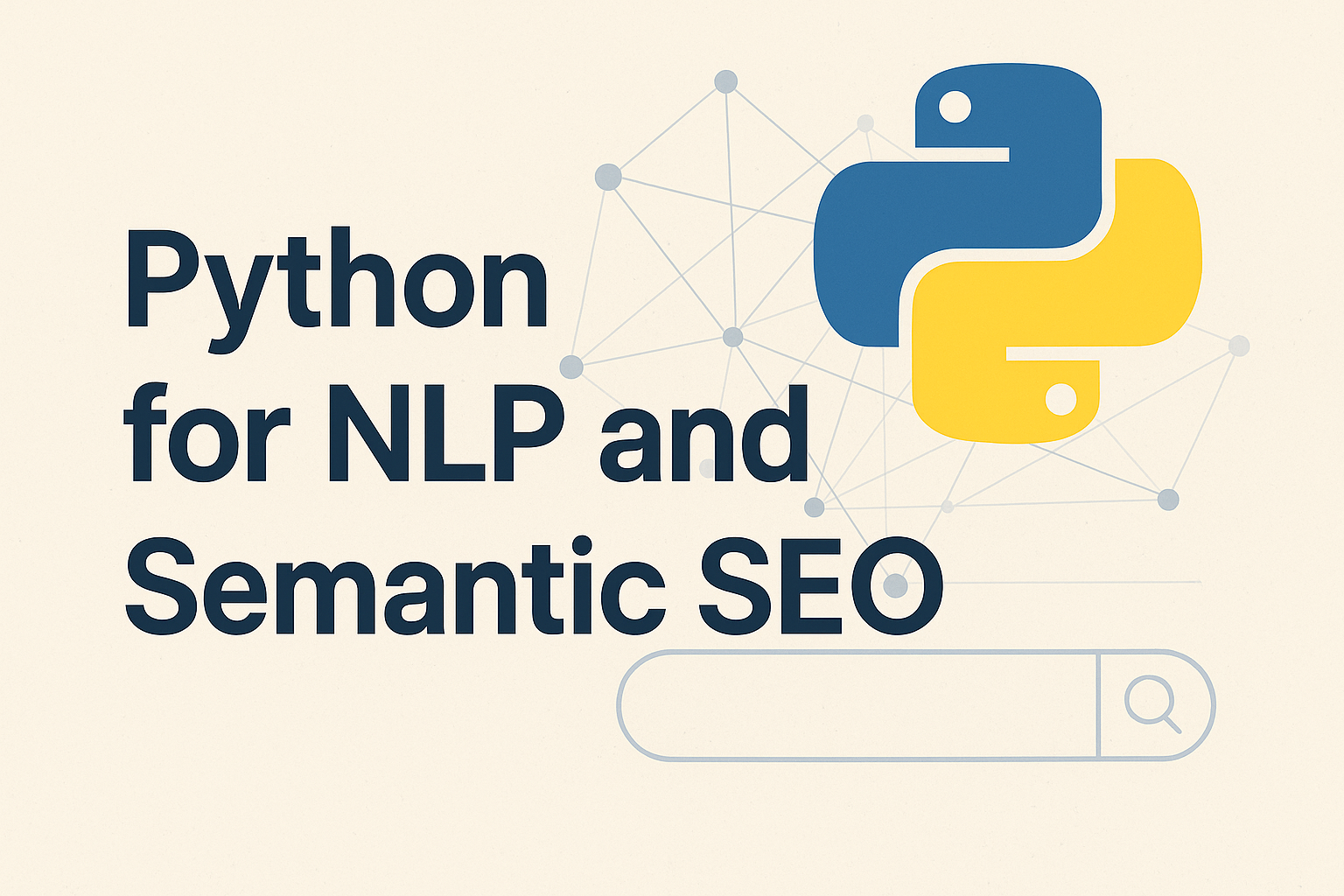
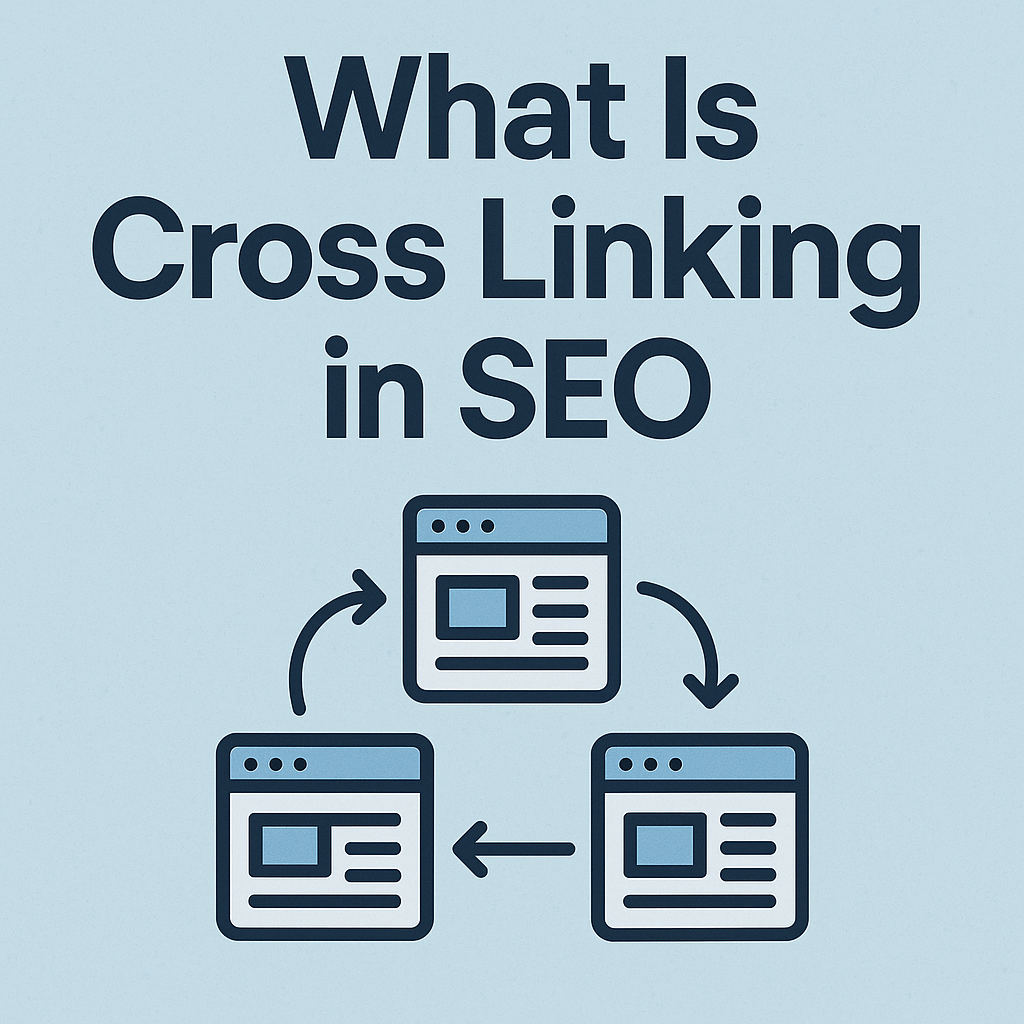

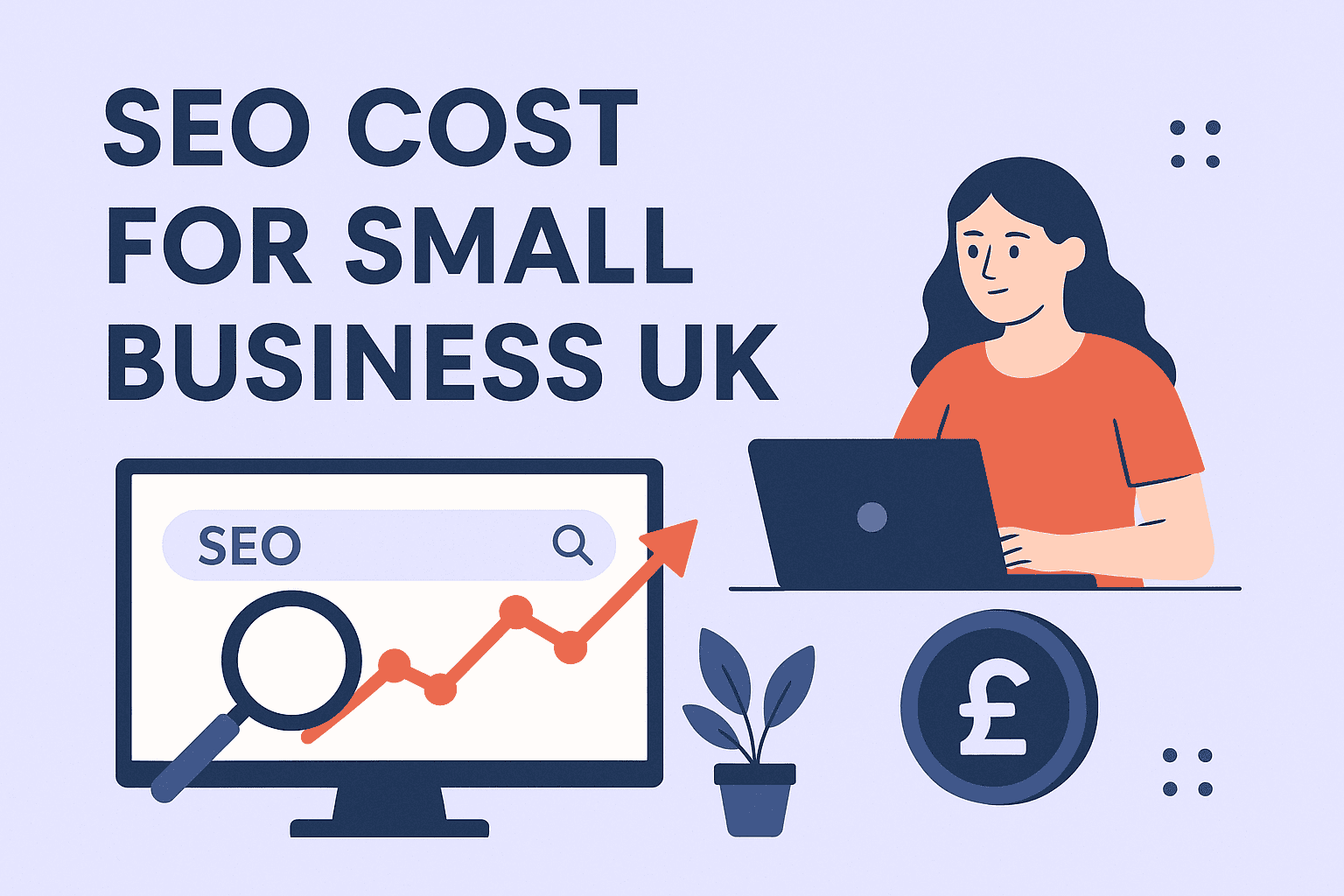
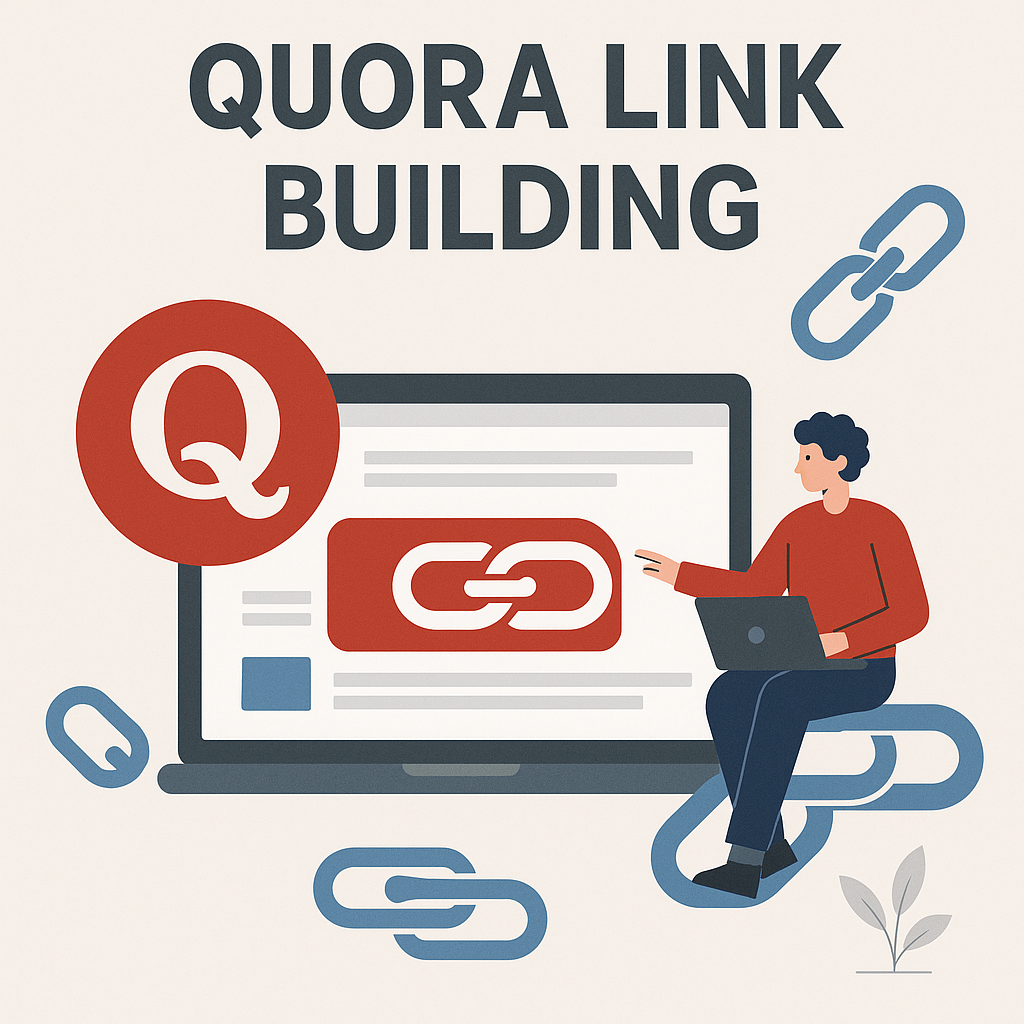
![How Many Outbound Links Per Blog [2025 Updated]](https://backlinkmanagement.io/wp-content/uploads/2025/06/How-Many-Outbound-Links-Per-Blog.png)
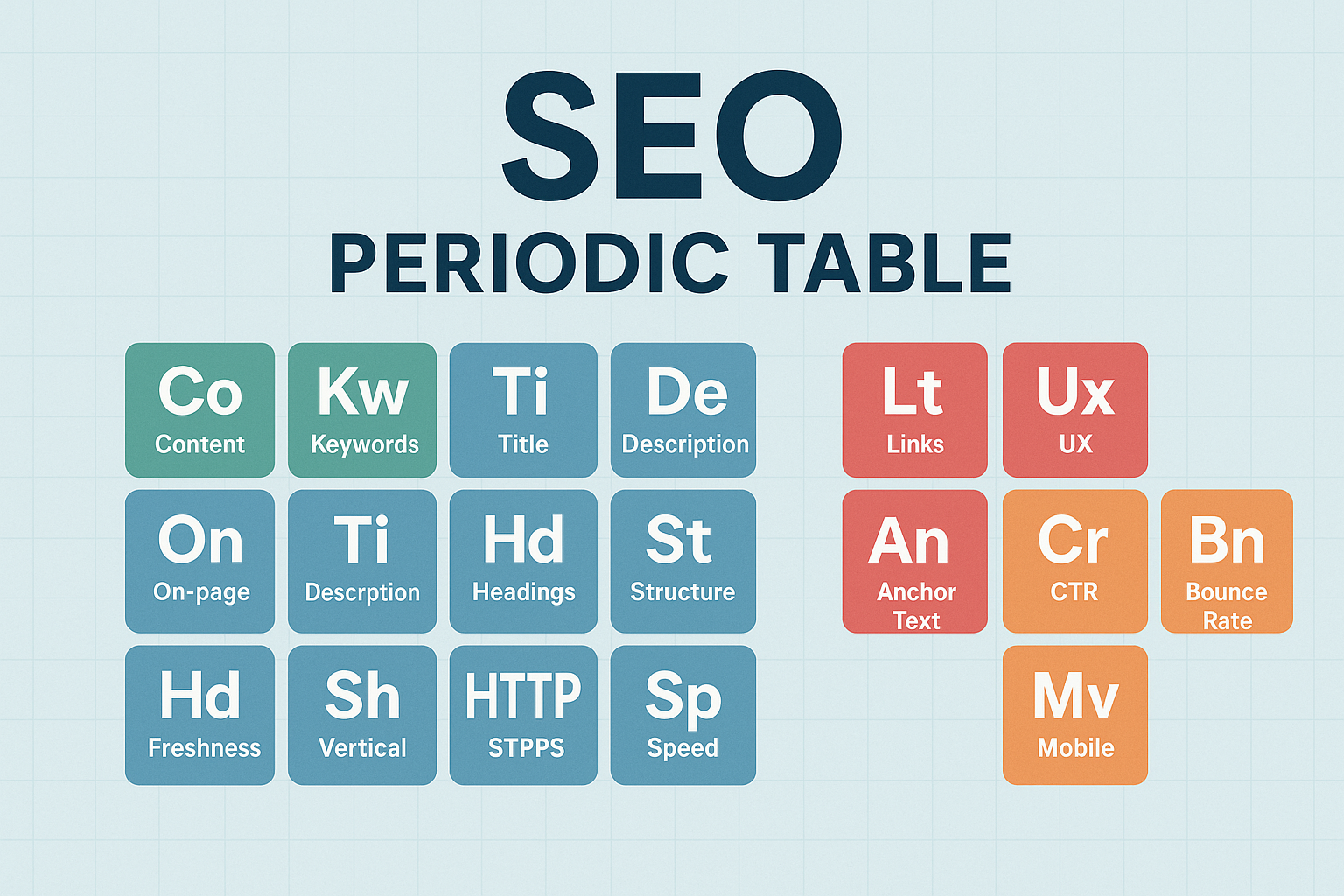

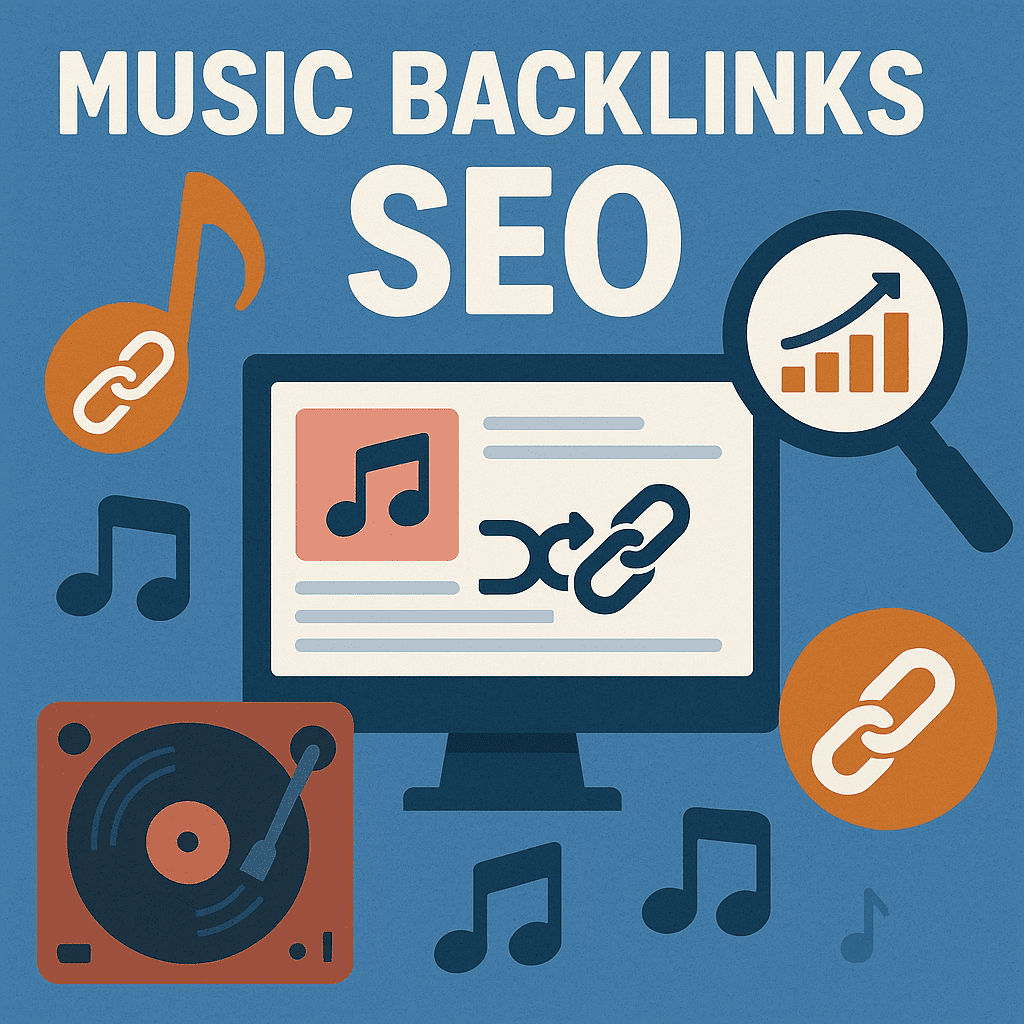

![B2B and B2C Website Examples [2025 Updated]](https://backlinkmanagement.io/wp-content/uploads/2025/05/B2B-and-B2C-Website-Example-.png)
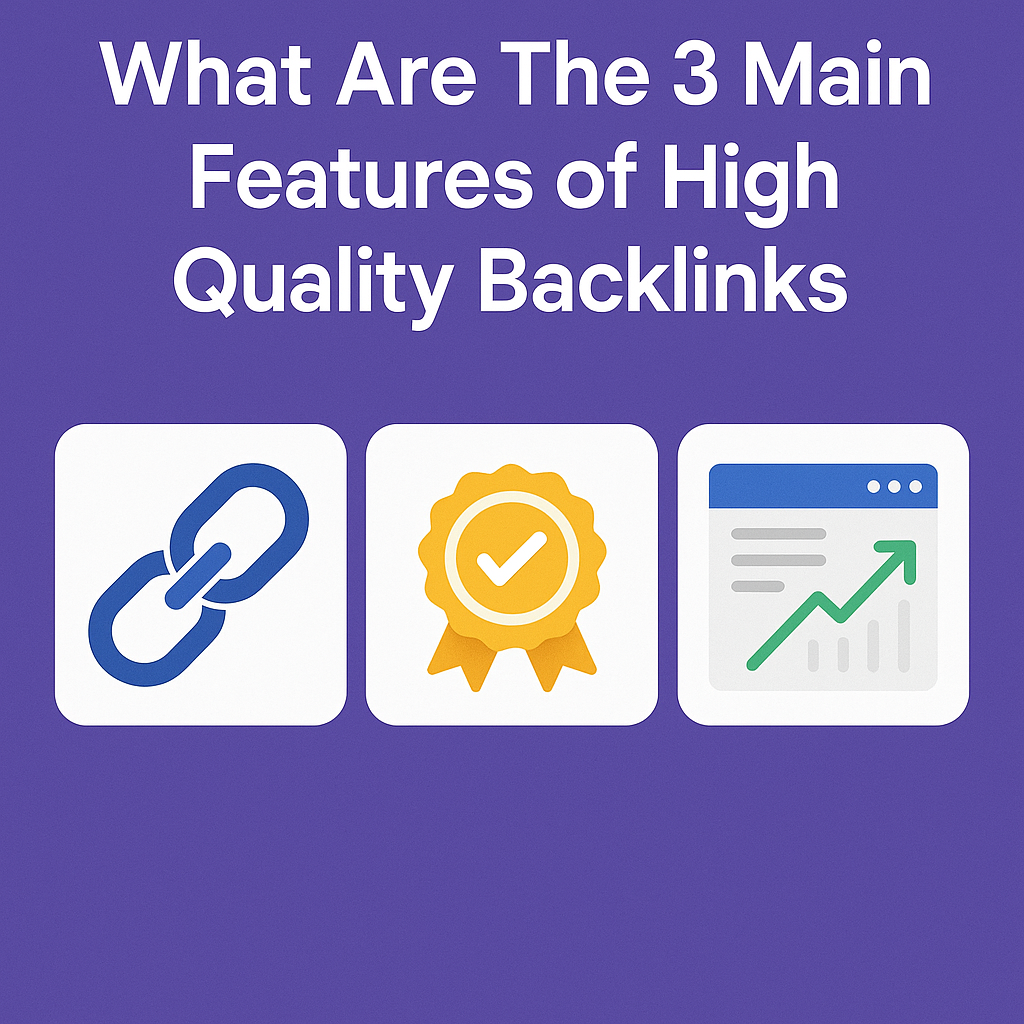
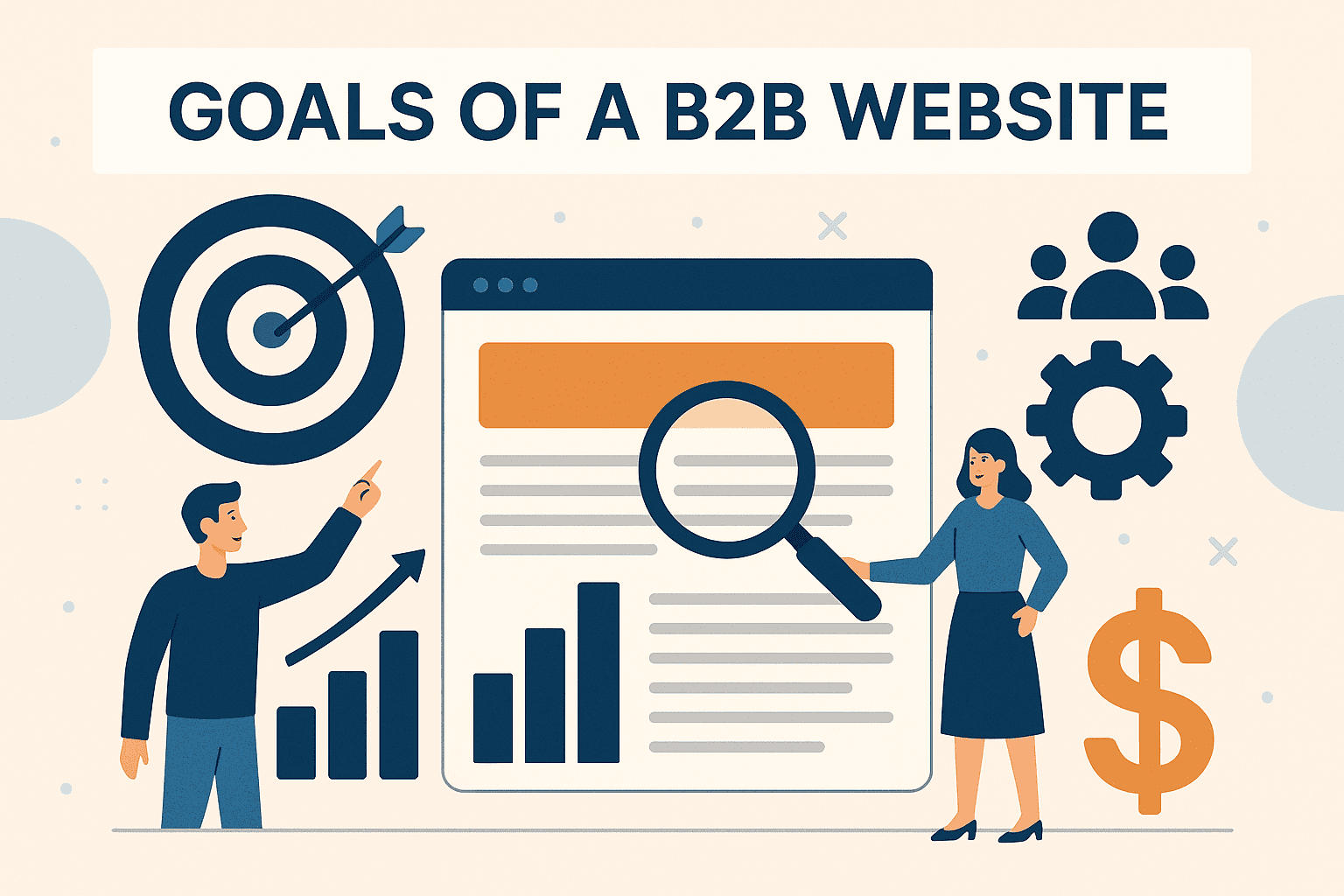
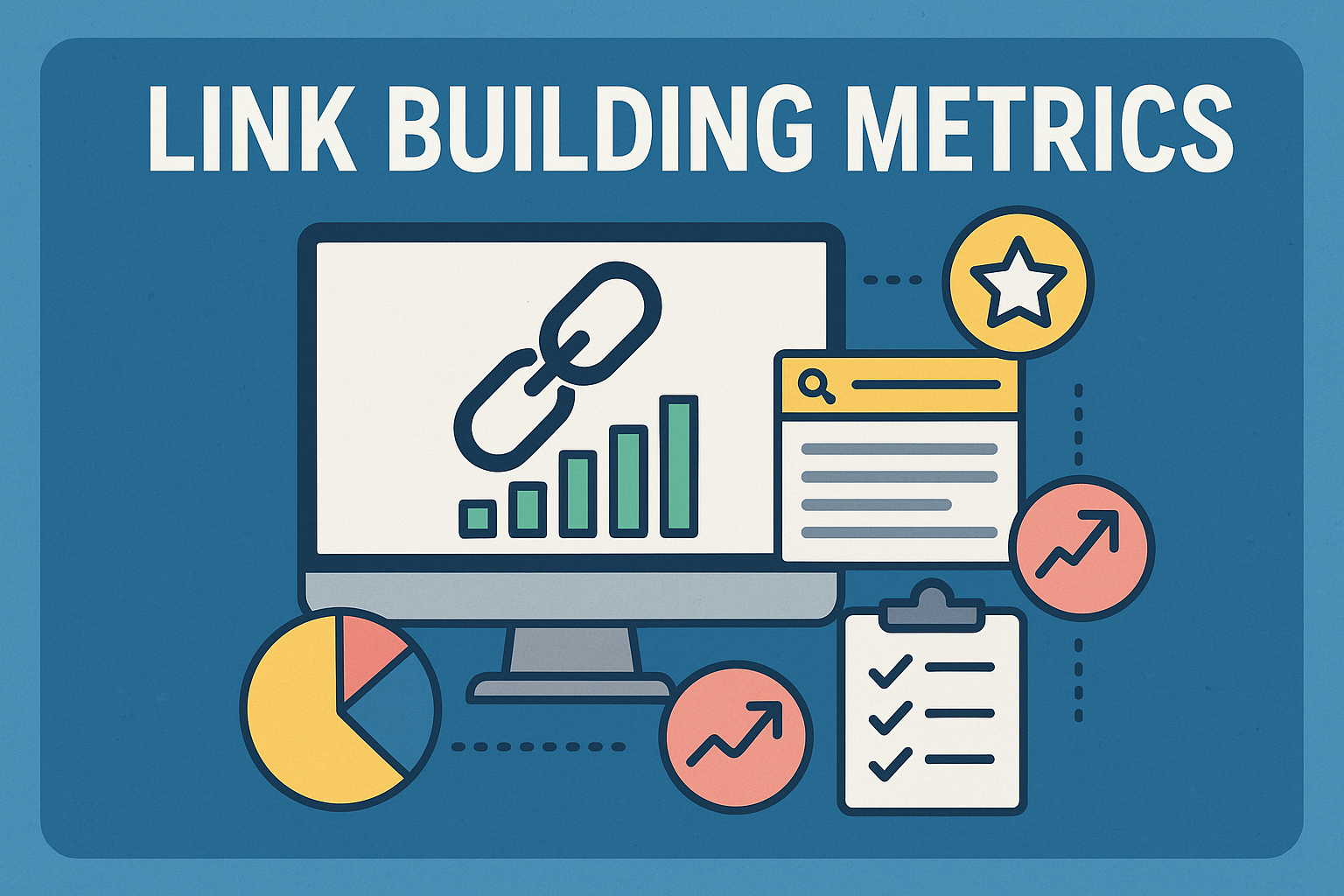
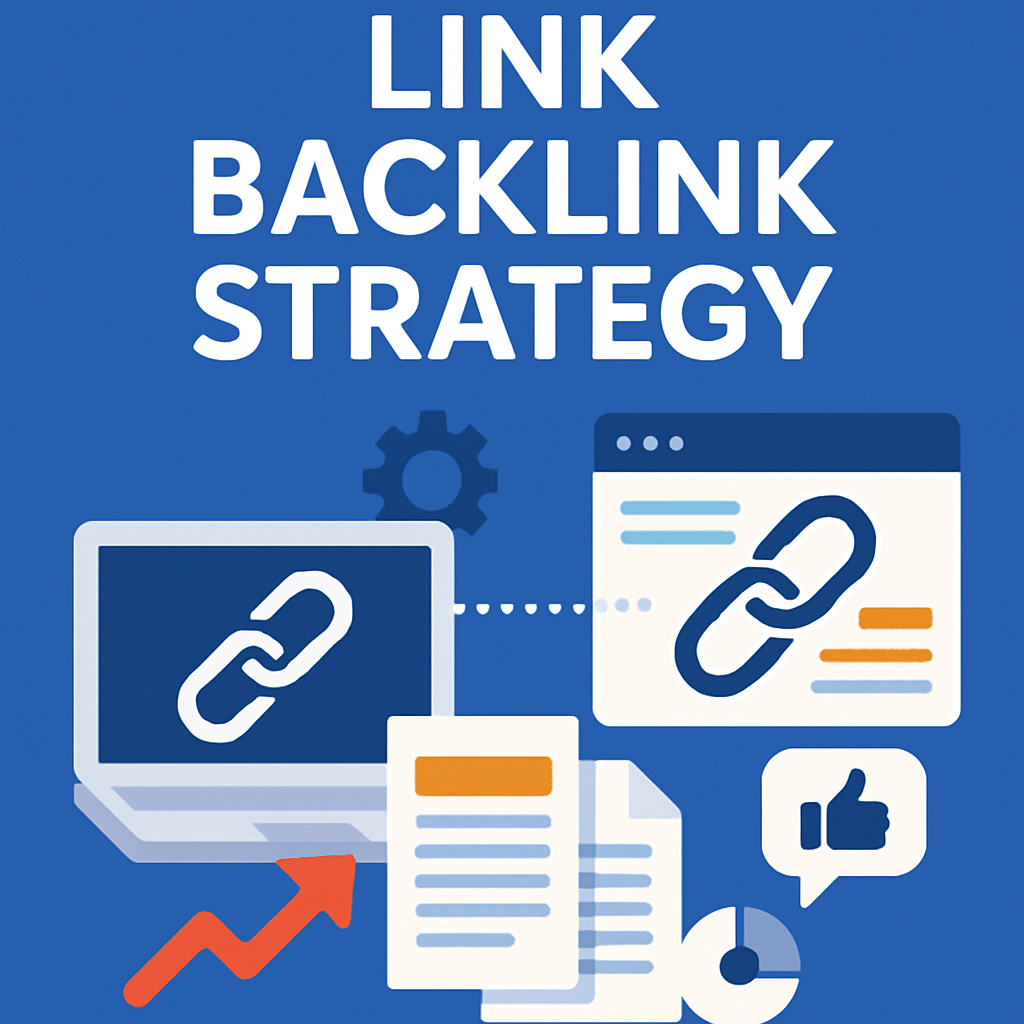
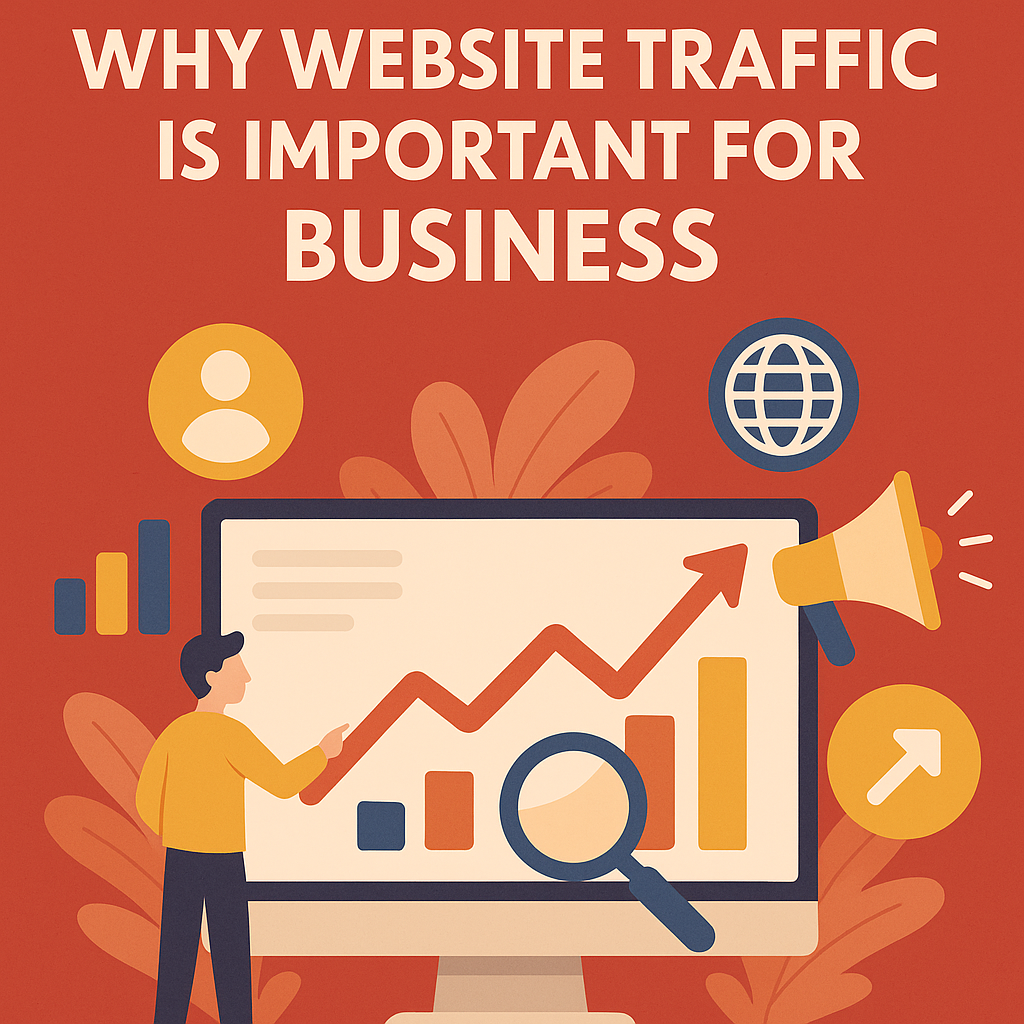

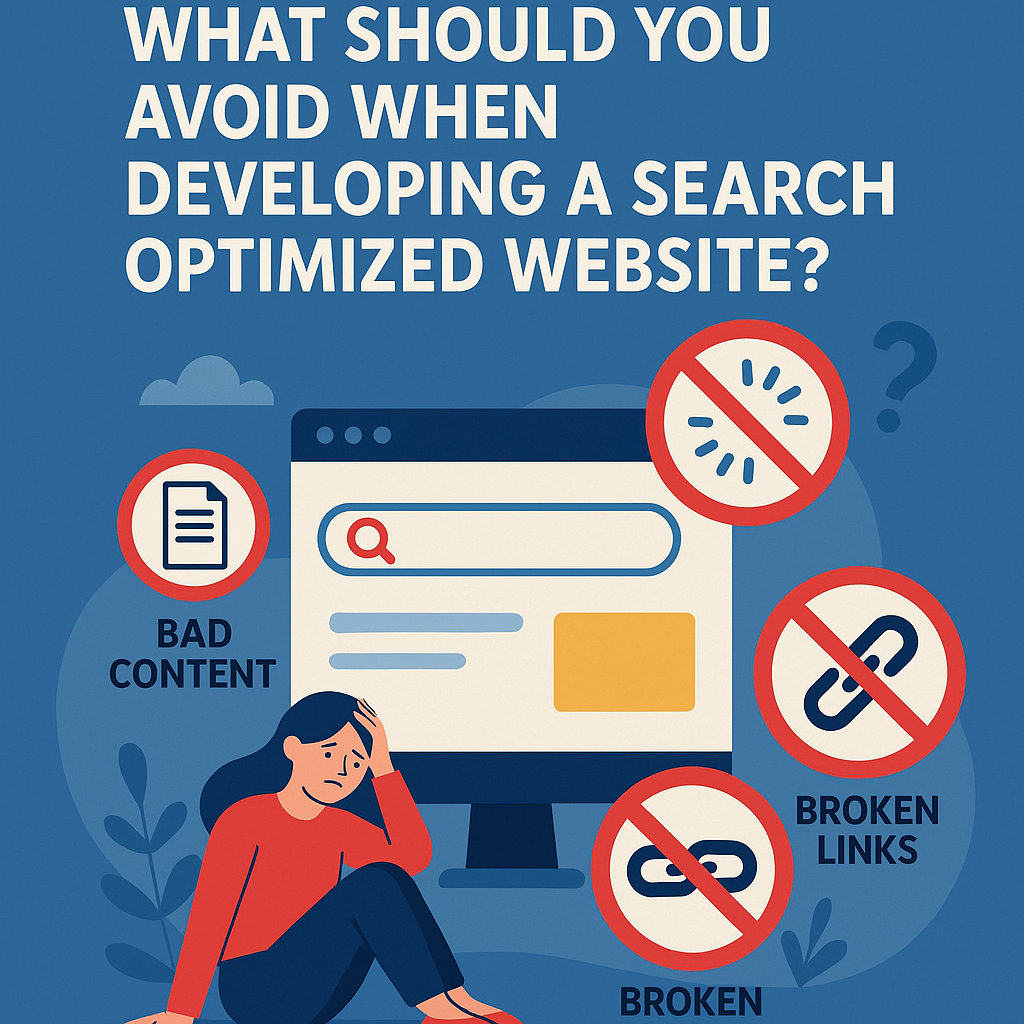
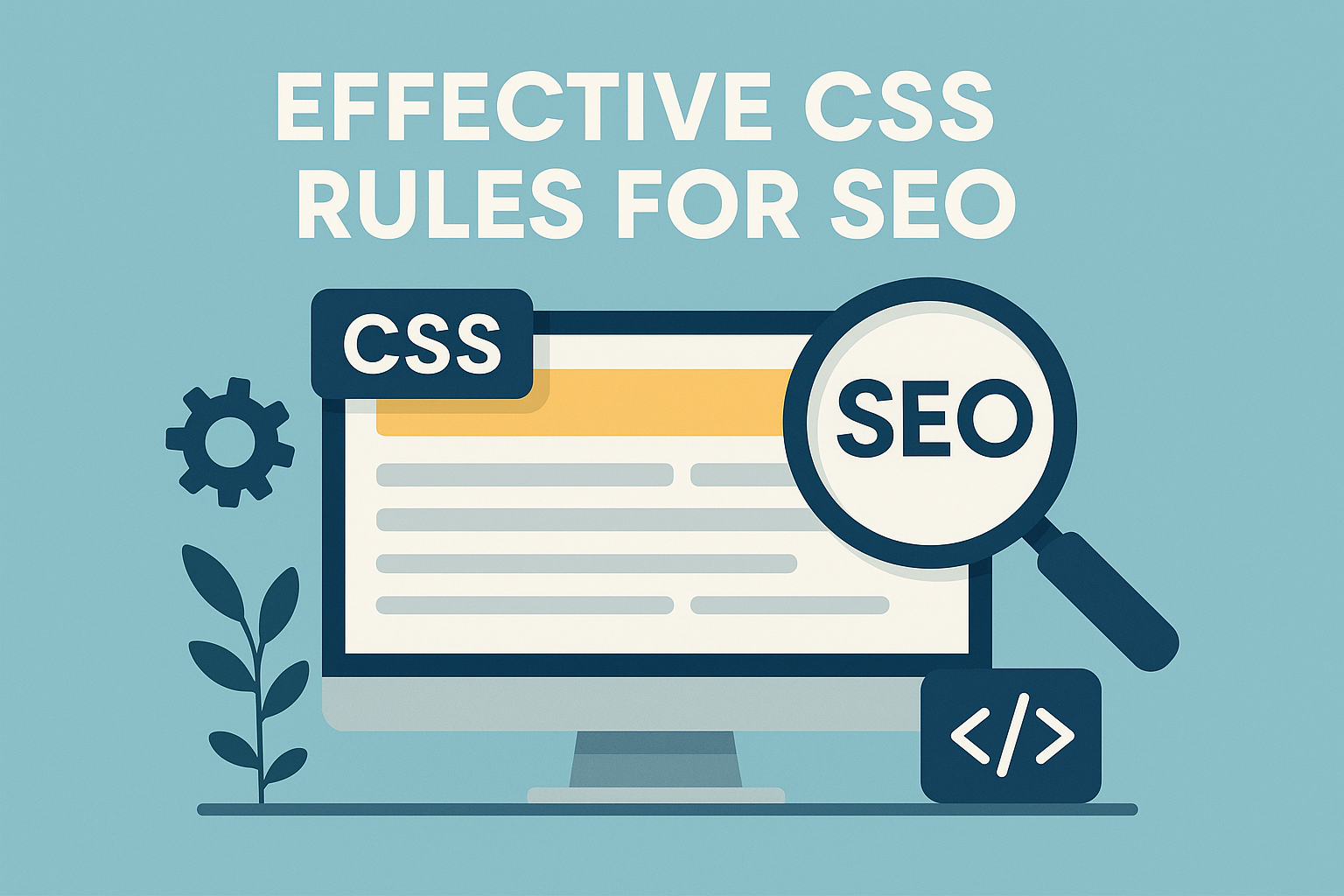

![What To Do After Keyword Research [2025 Guide]](https://backlinkmanagement.io/wp-content/uploads/2025/05/What-To-Do-After-Keyword-Research.png)
![Is Page Speed Really A Ranking Factor? [2025]](https://backlinkmanagement.io/wp-content/uploads/2025/05/Is-Page-Speed-Really-A-Ranking-Factor.png)
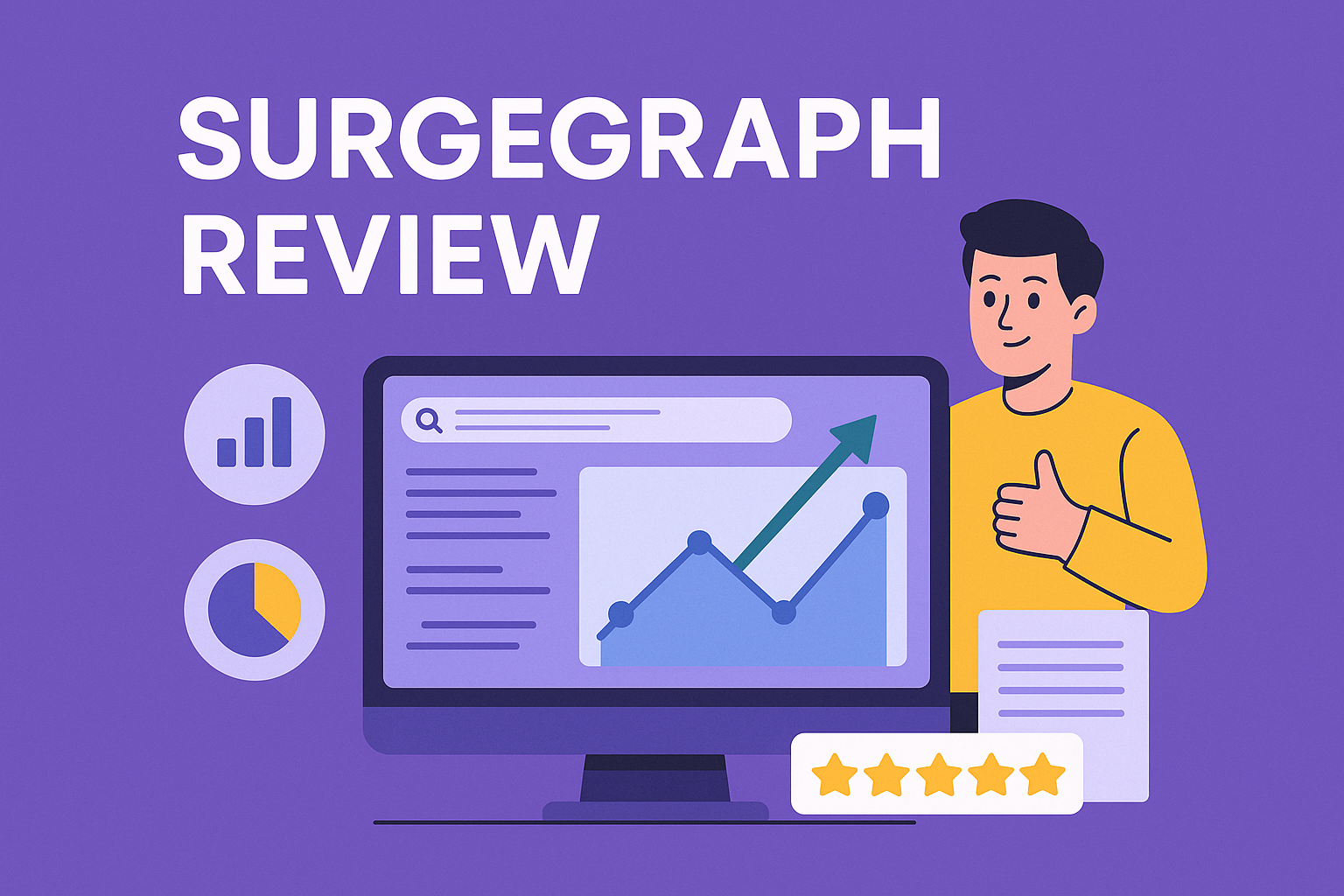
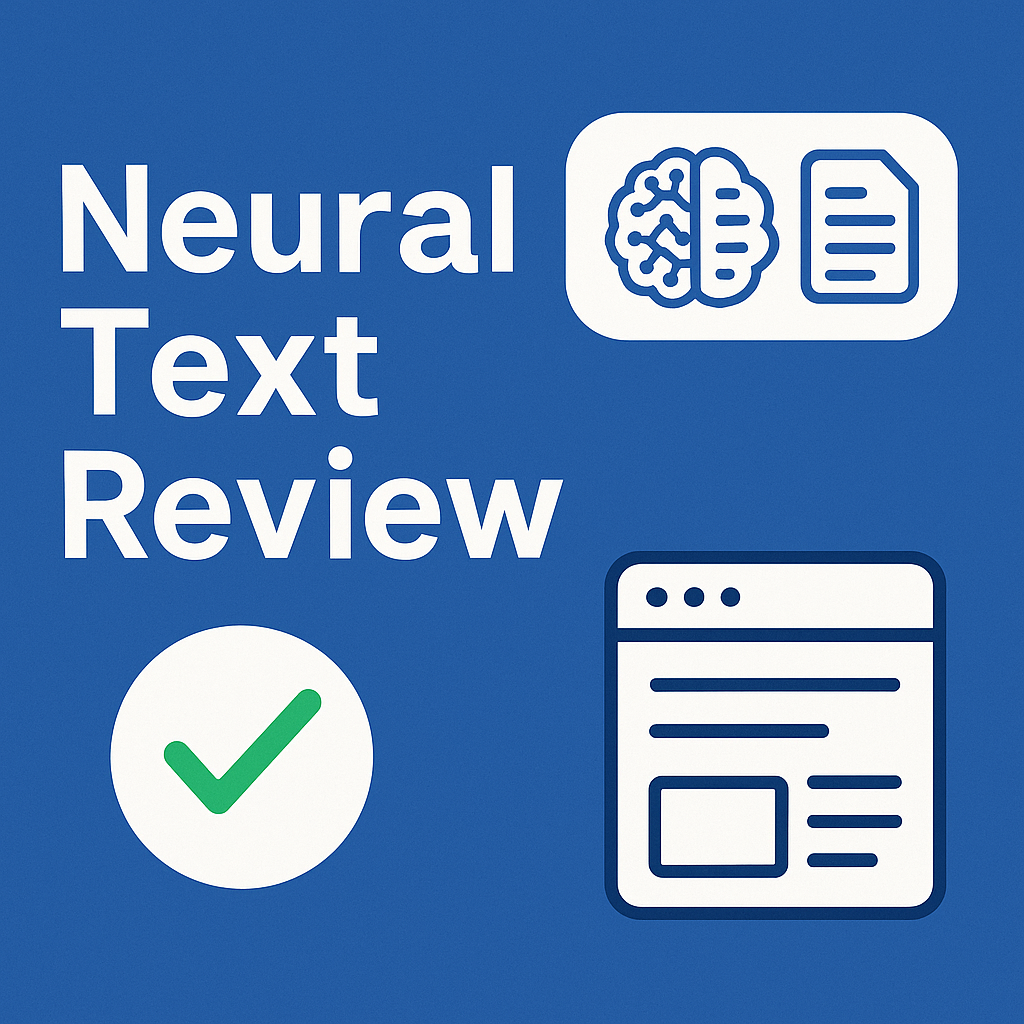




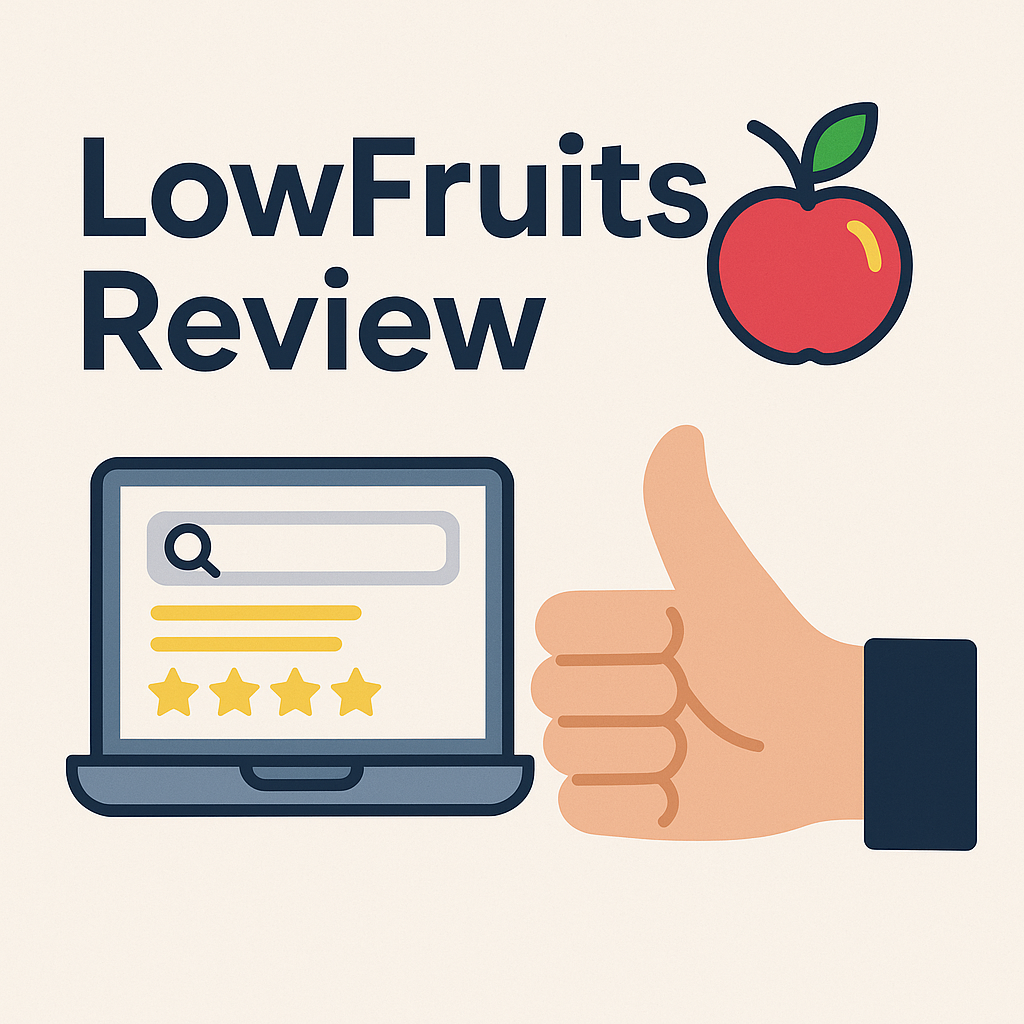
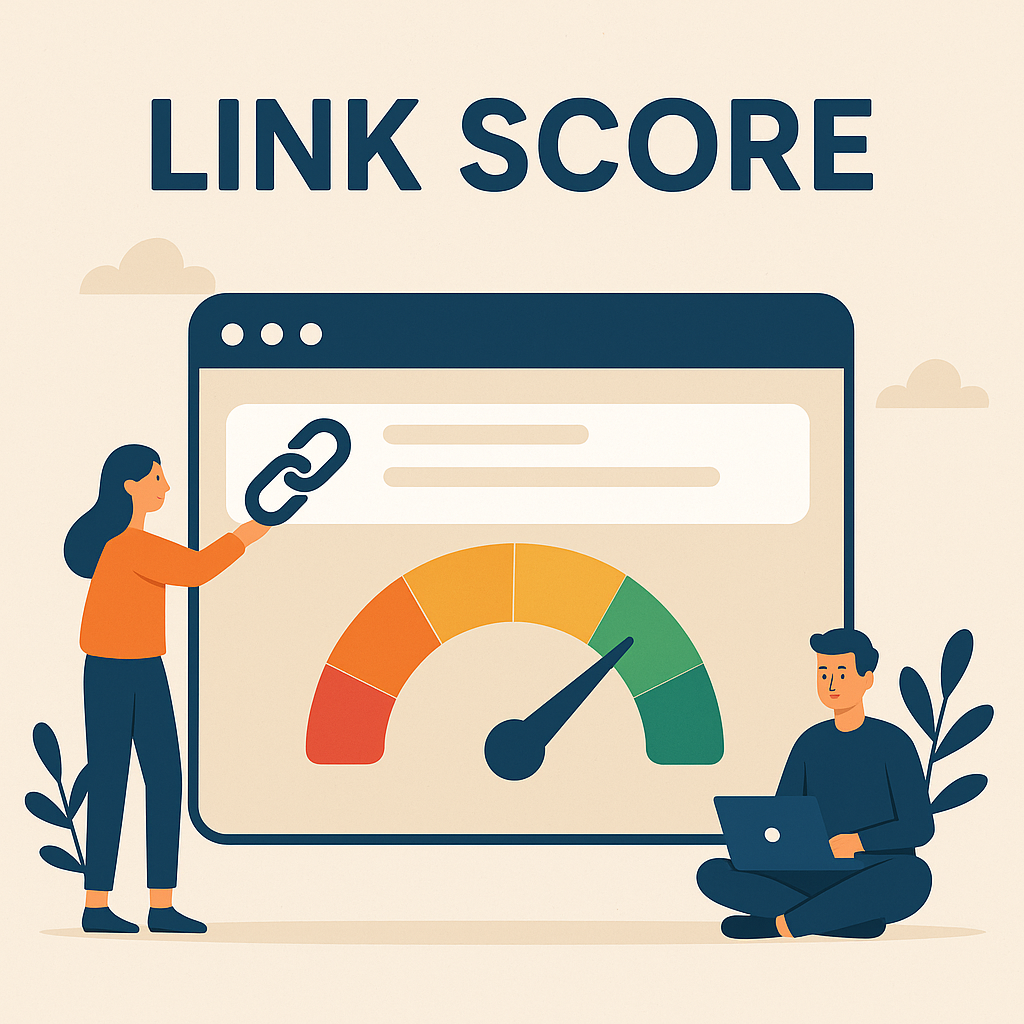
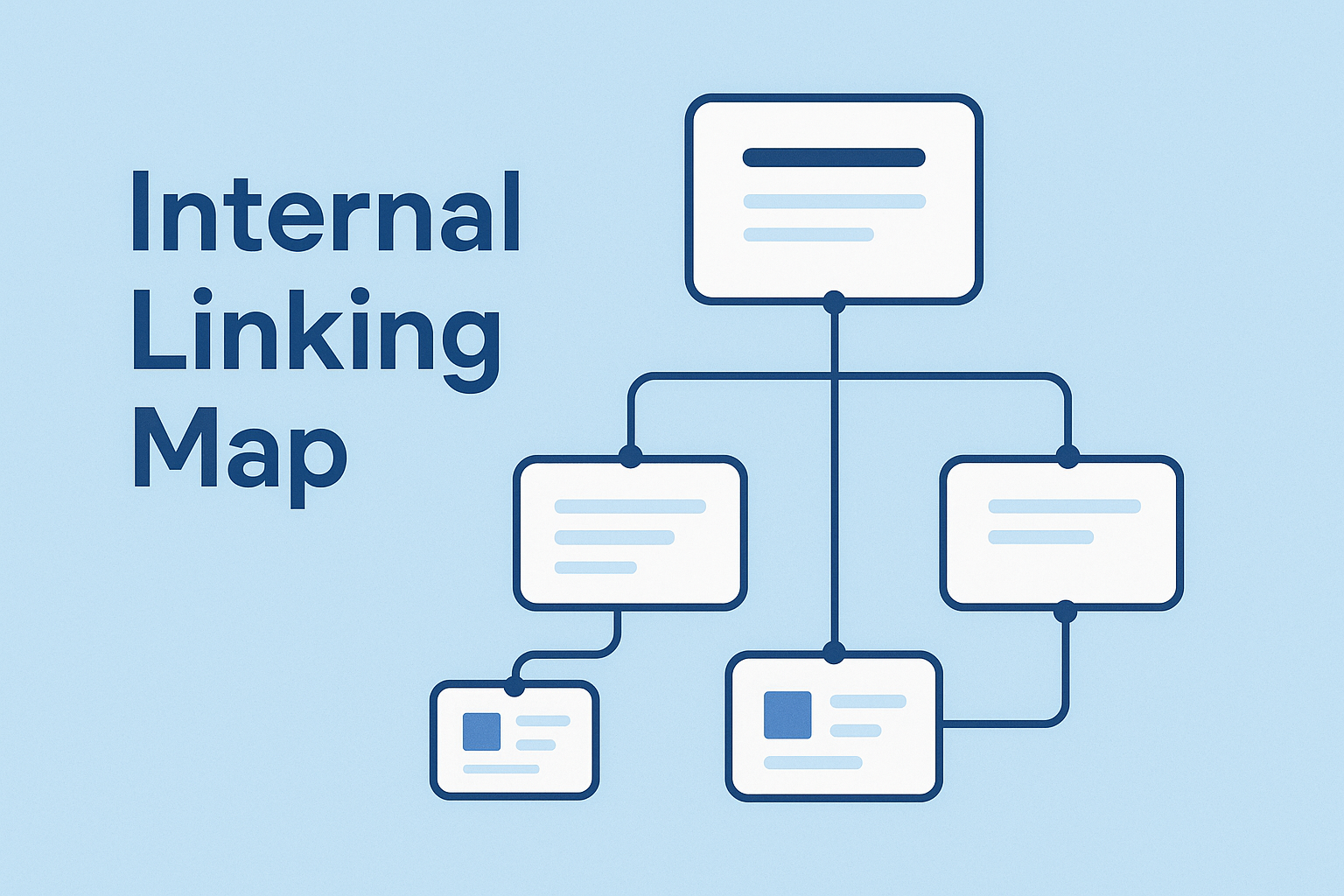
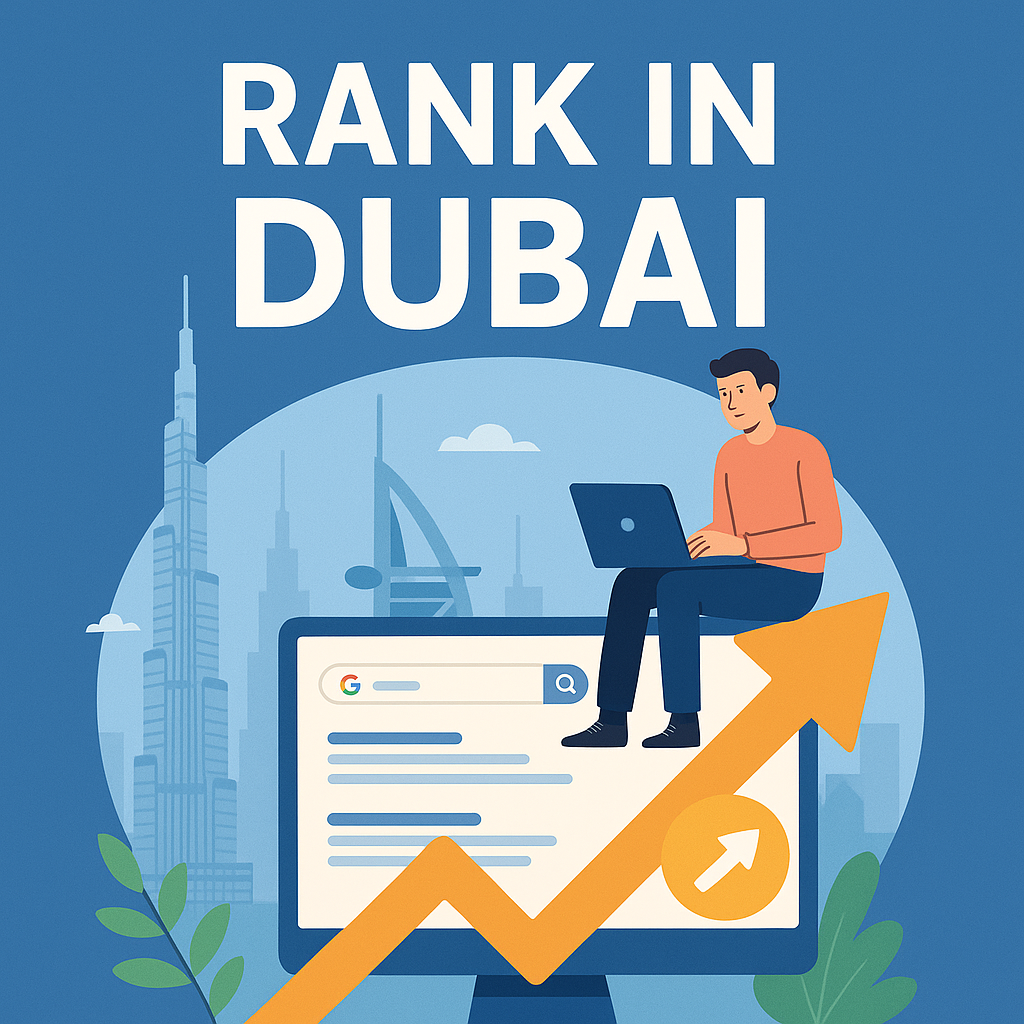
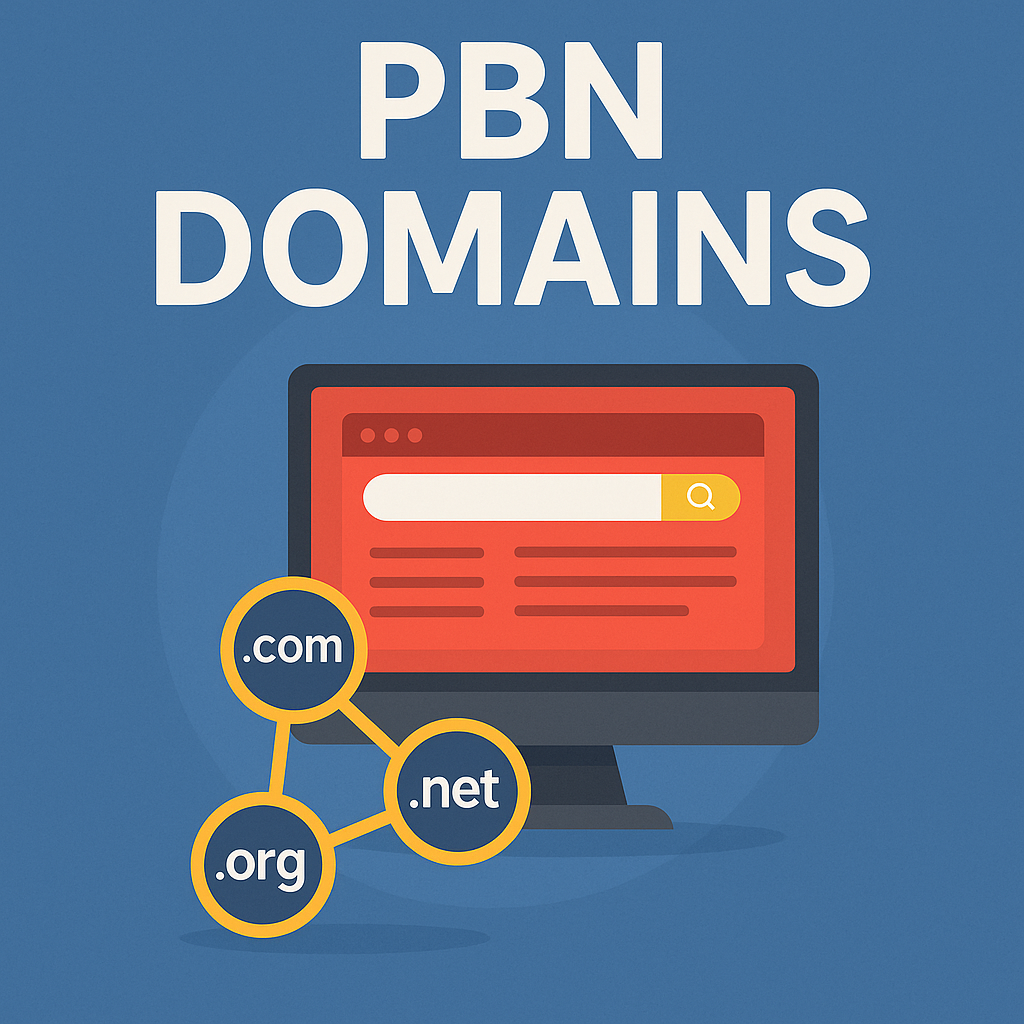
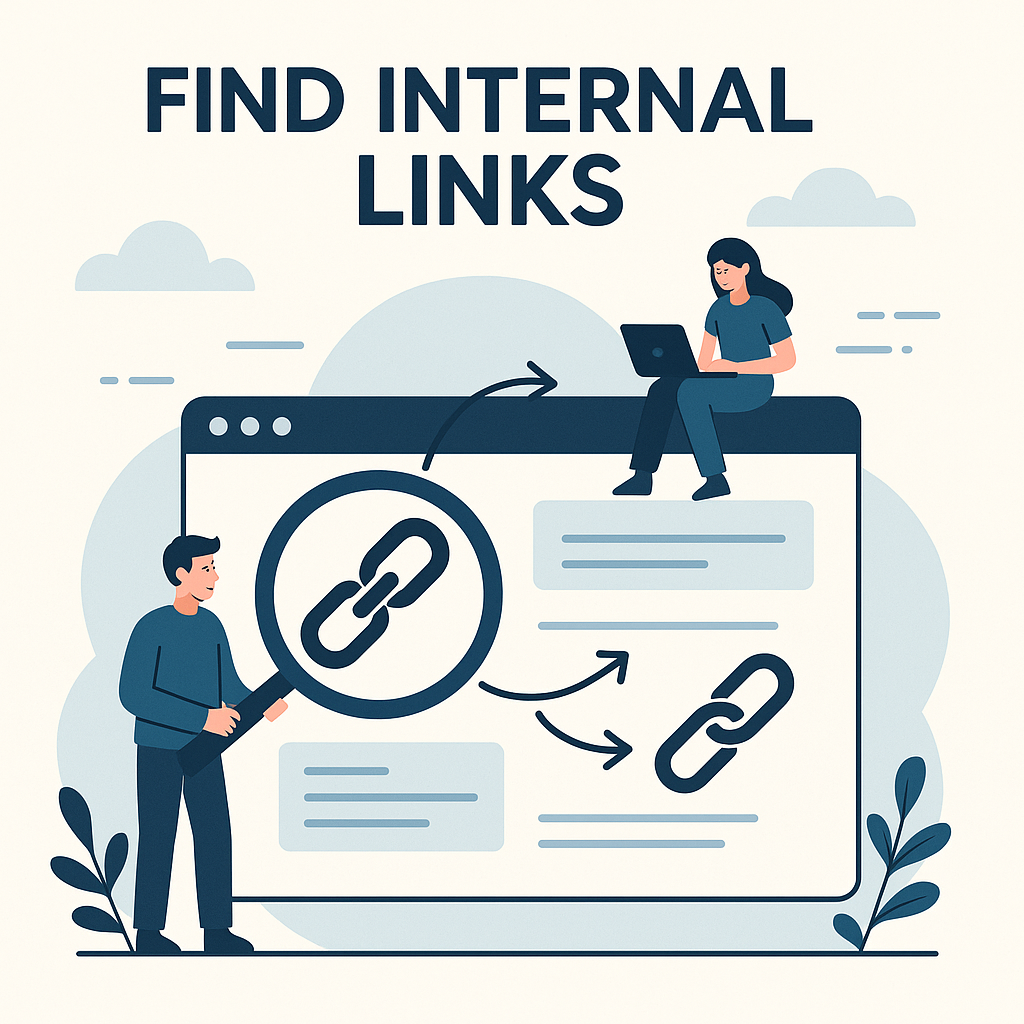
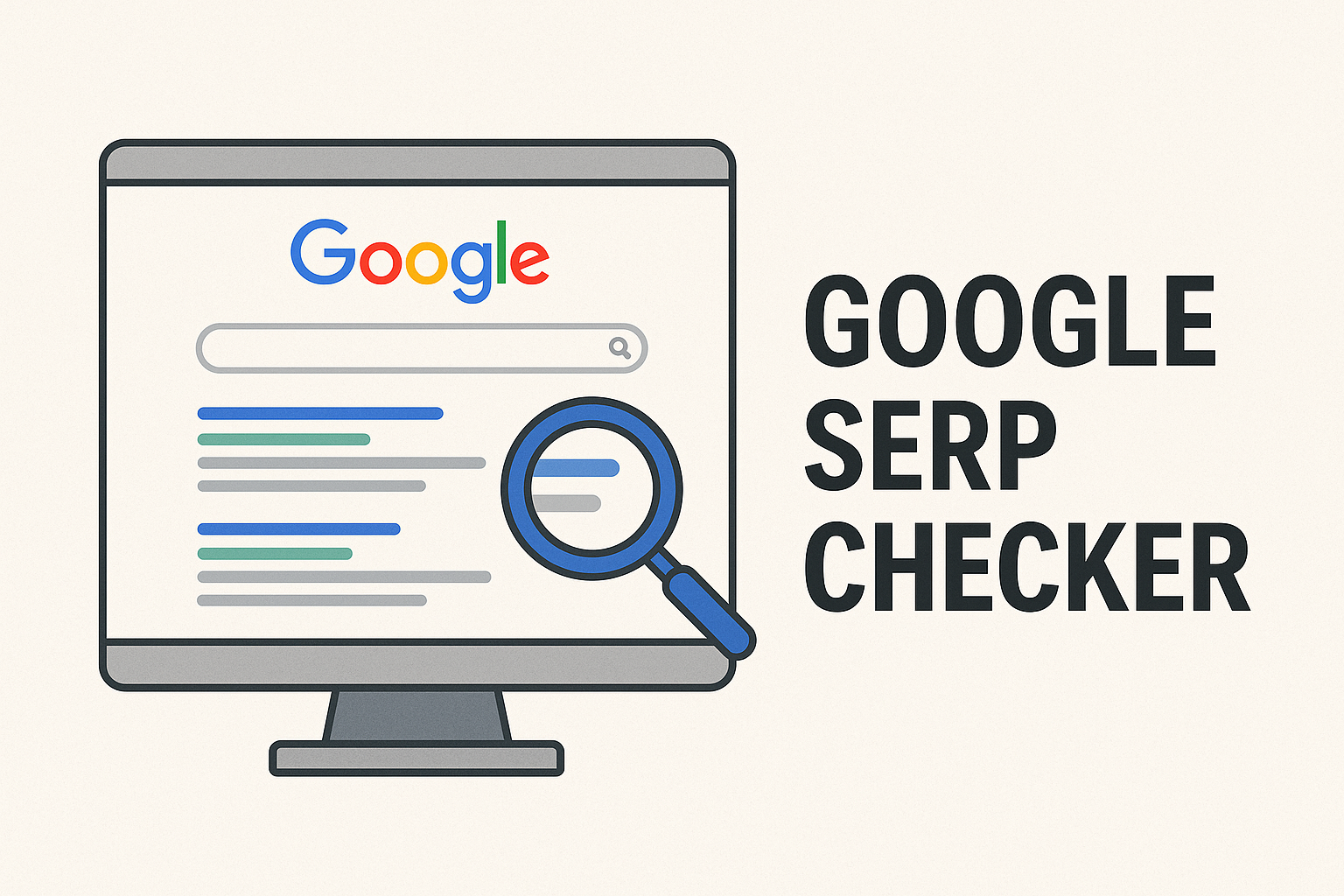
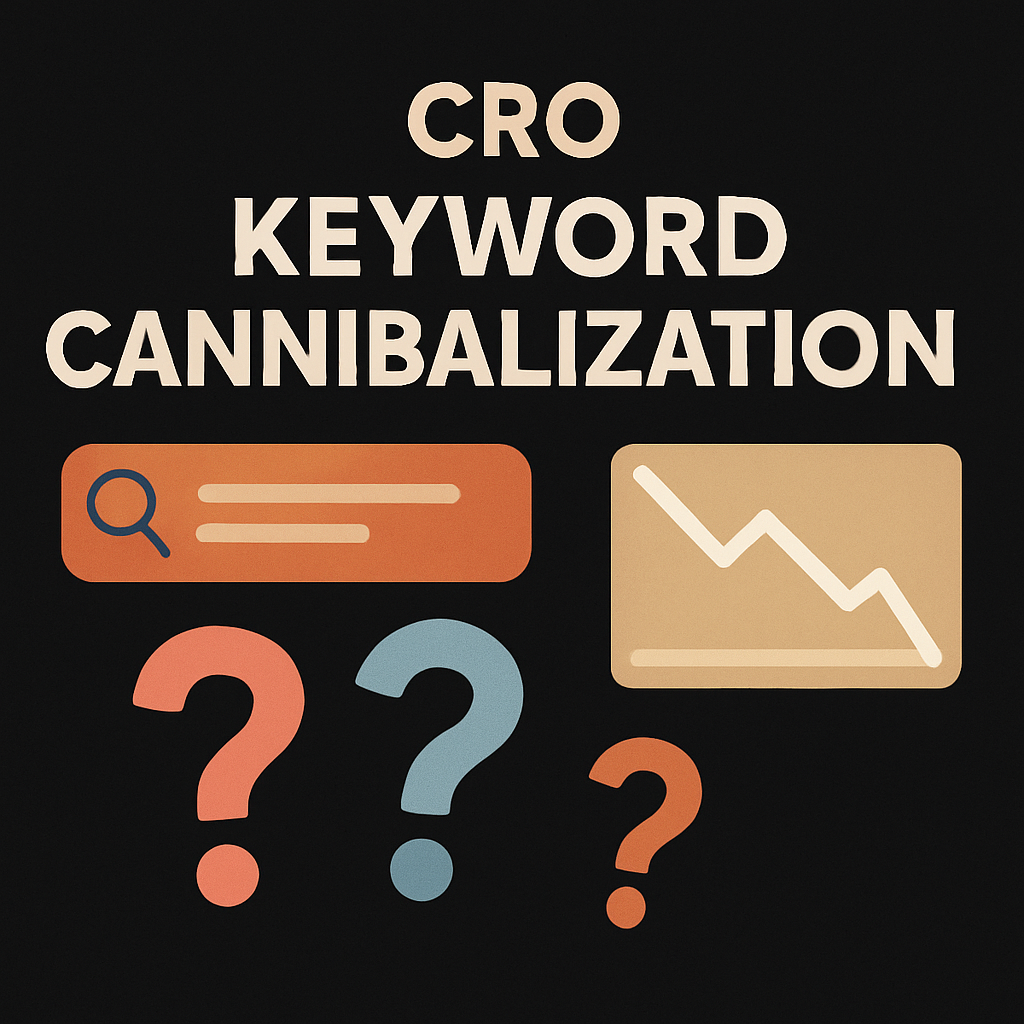
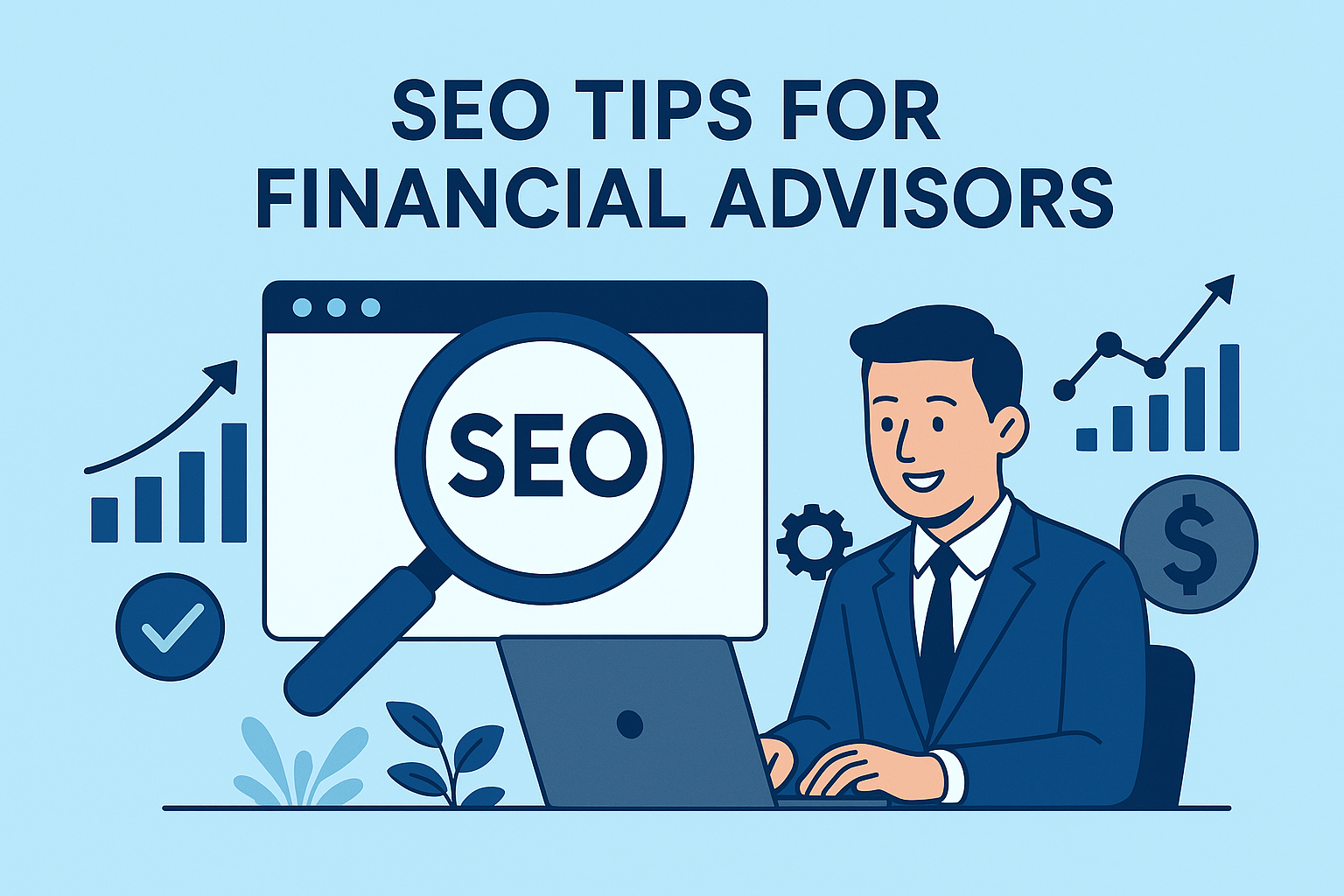
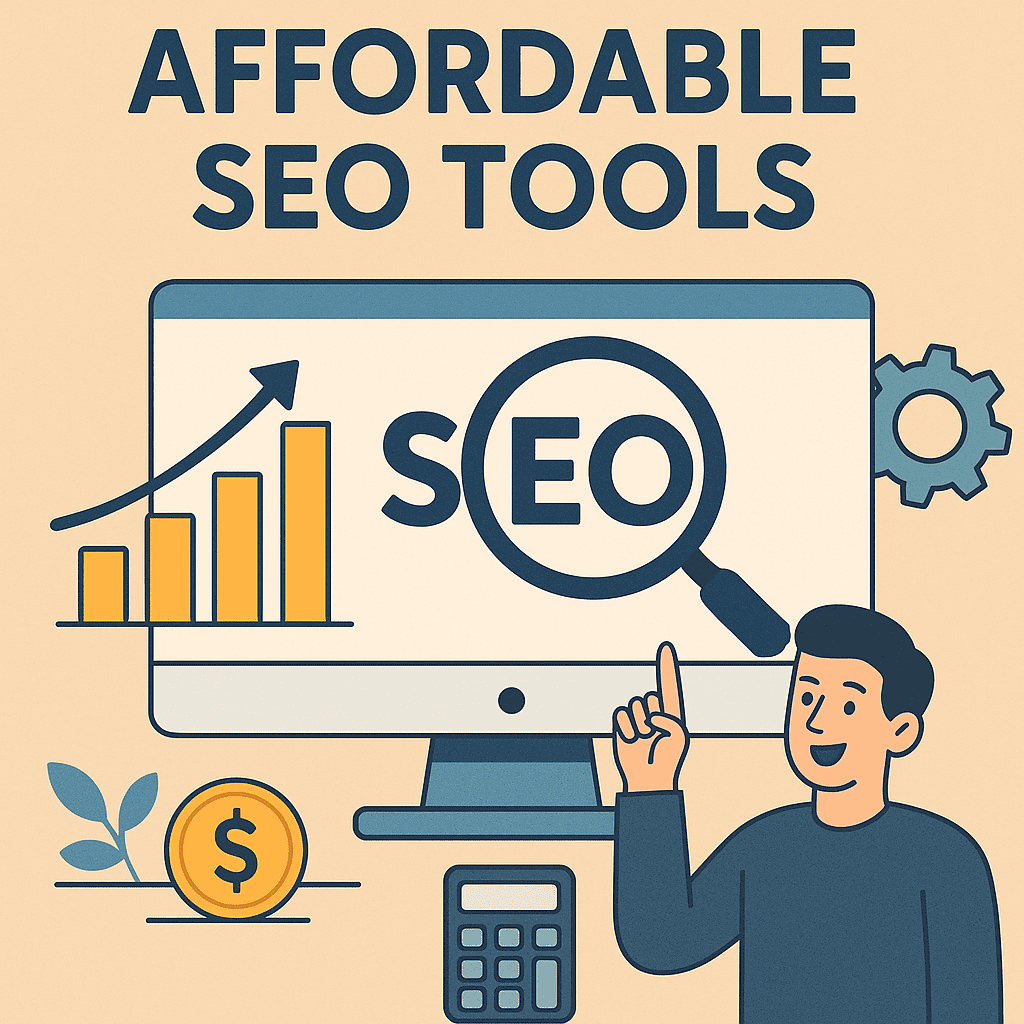
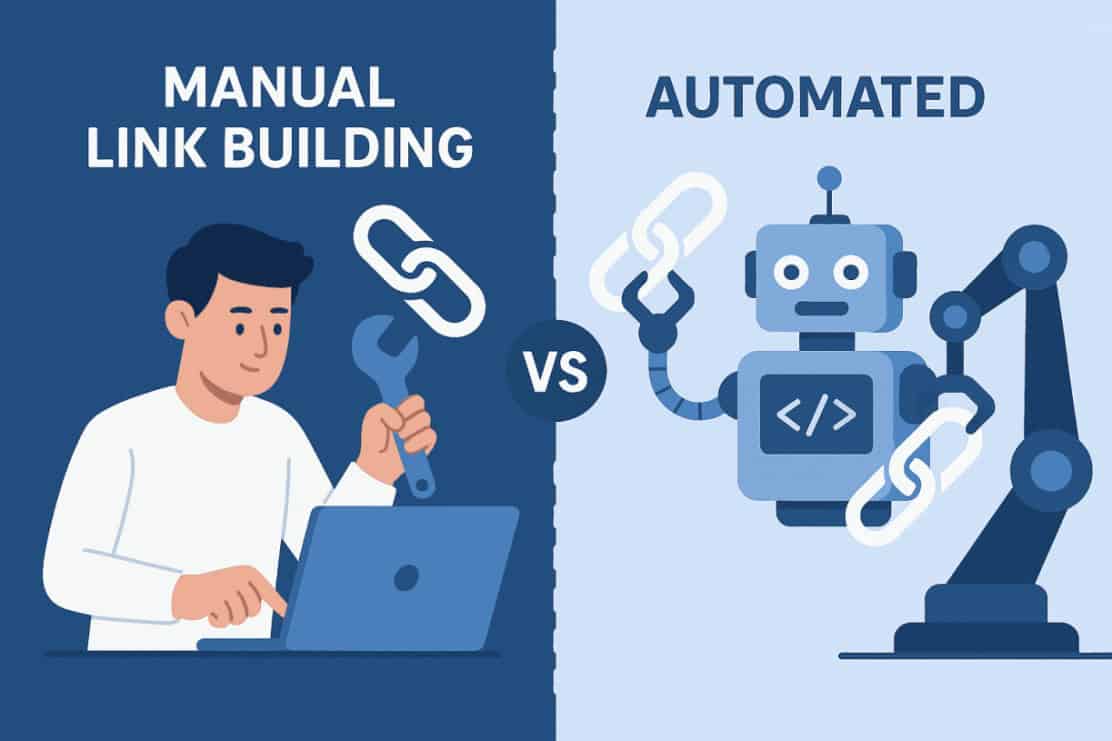

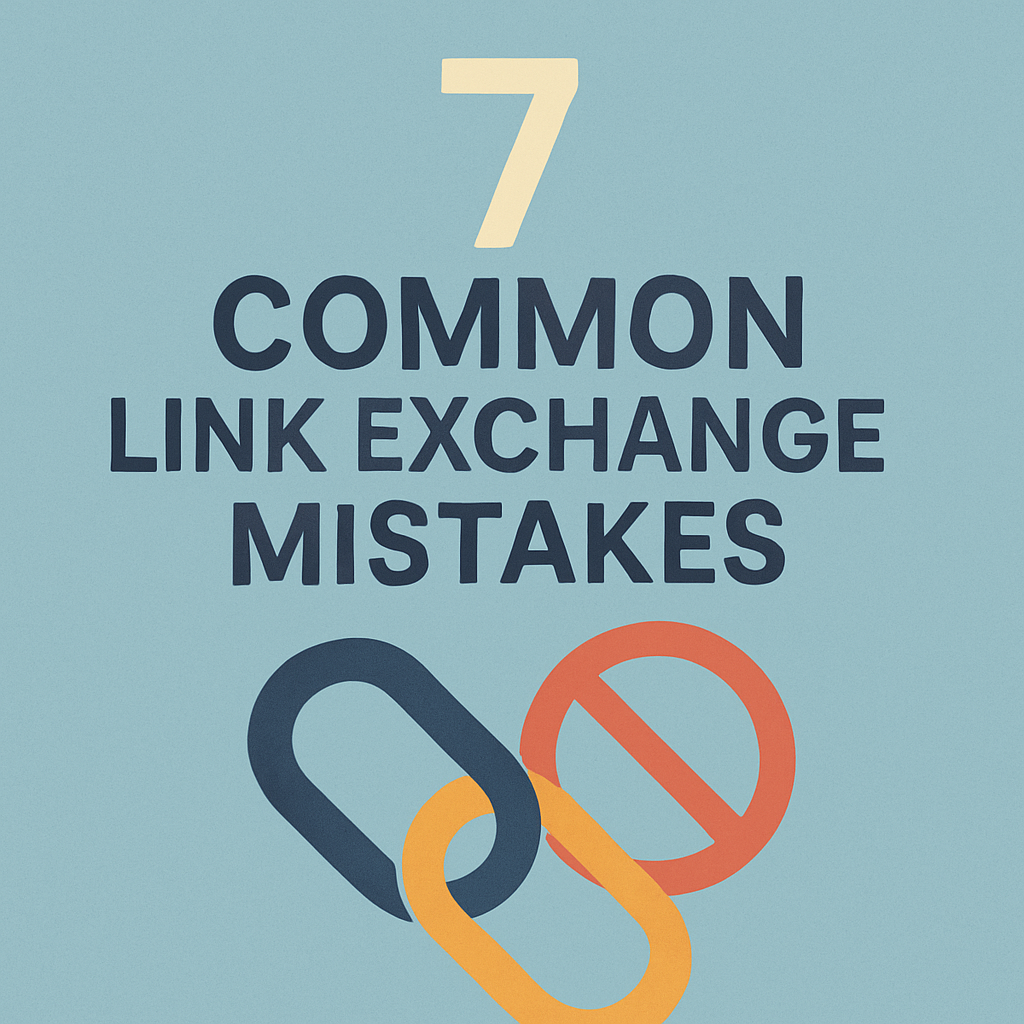

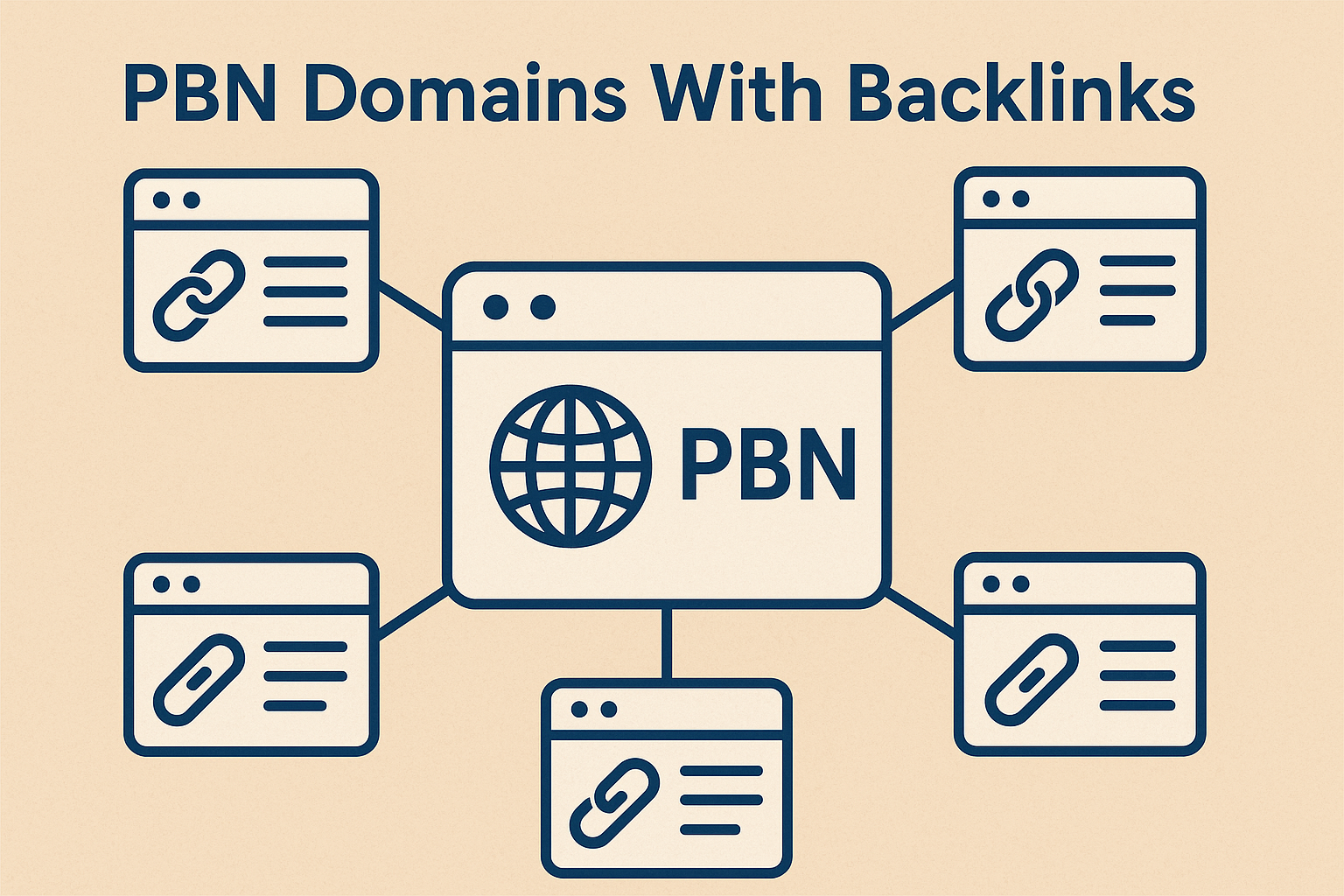
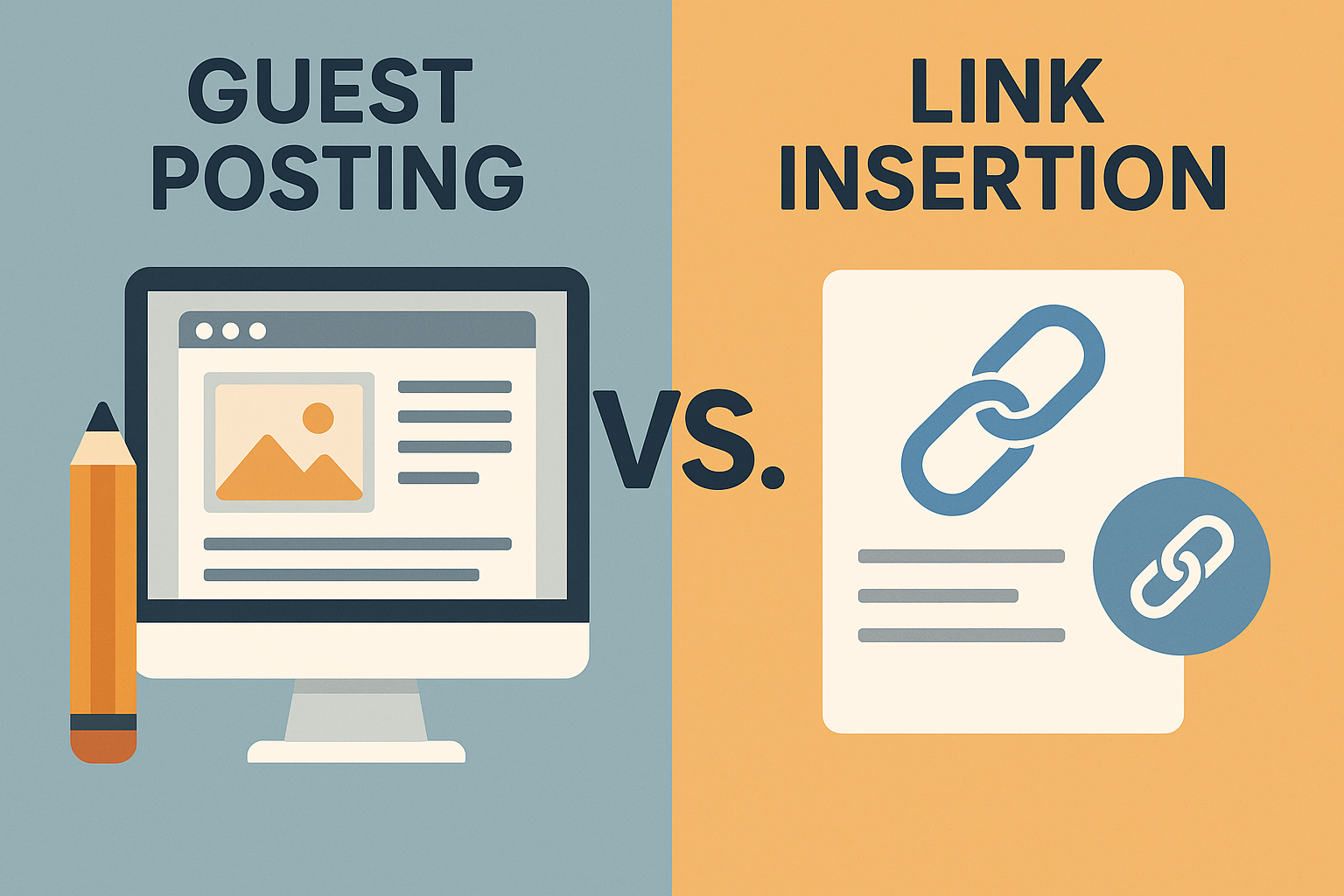
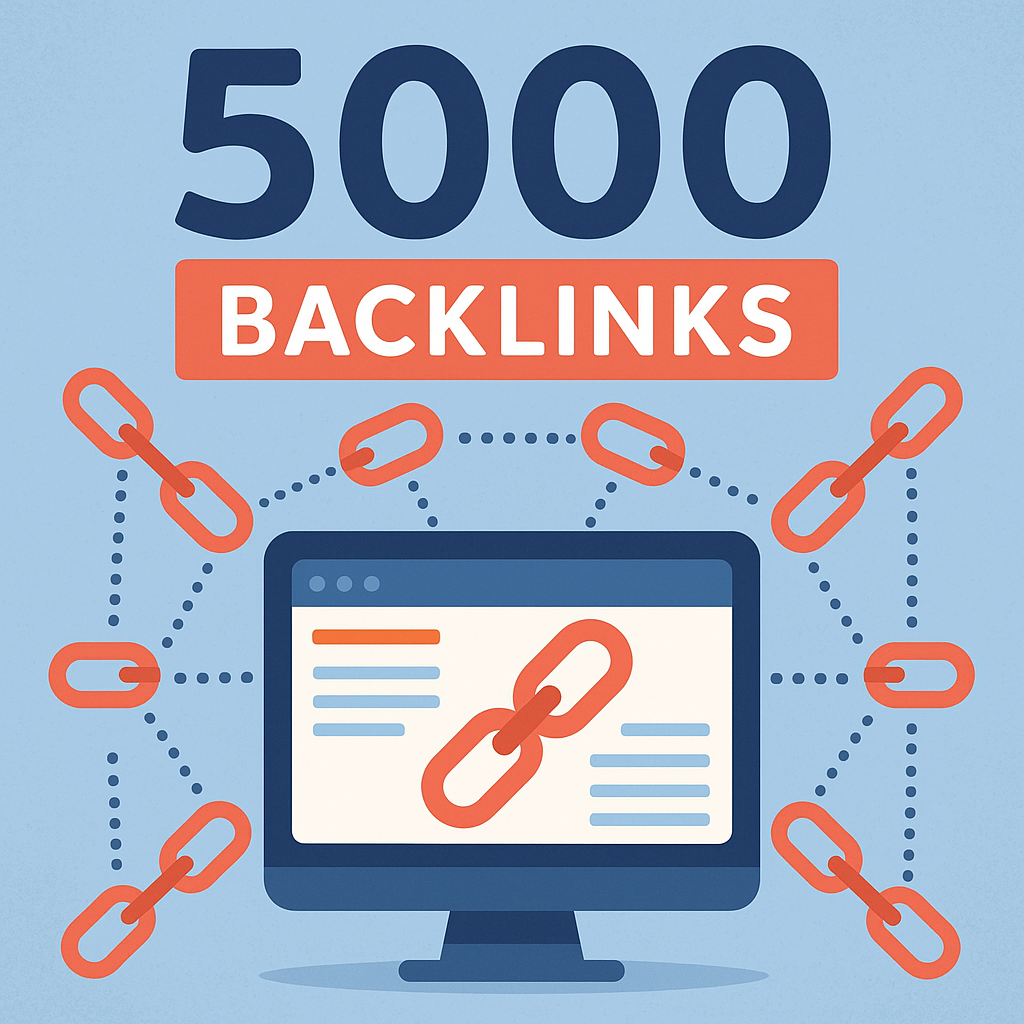


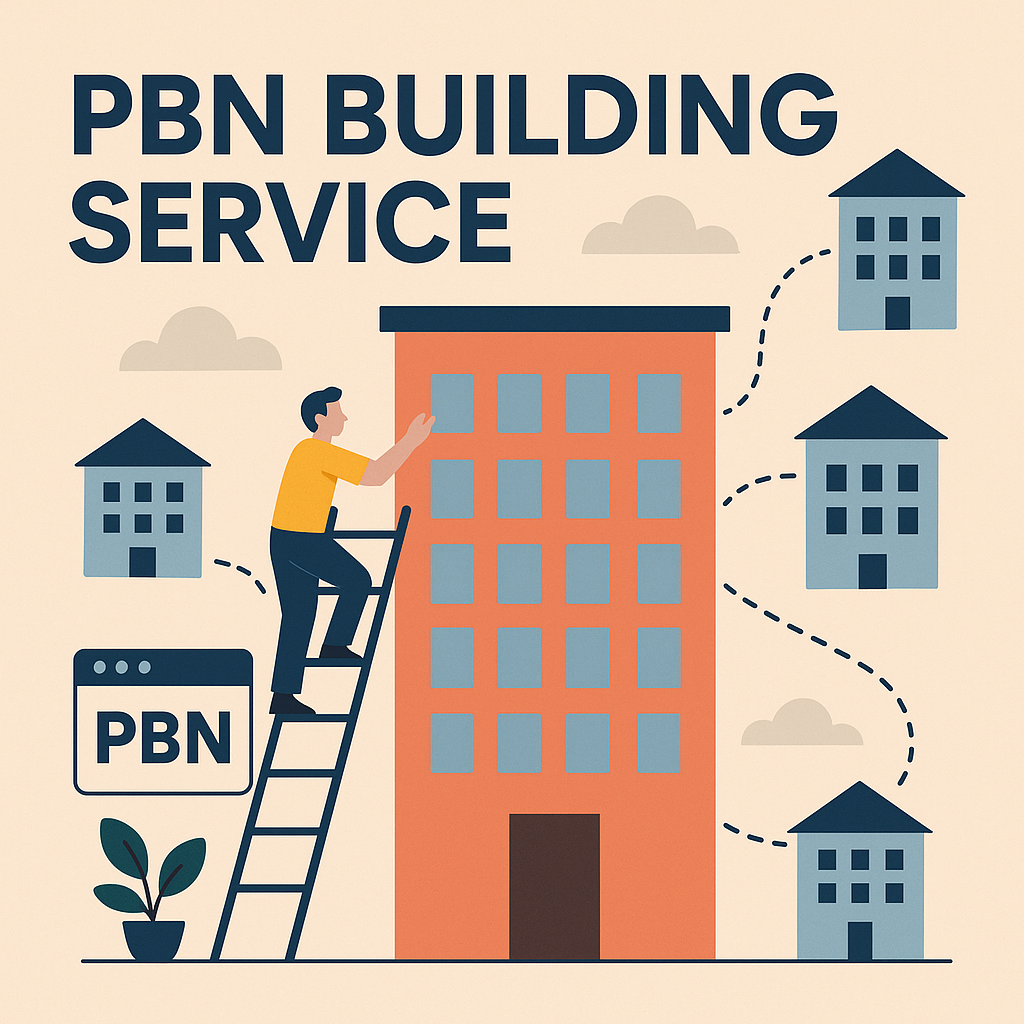
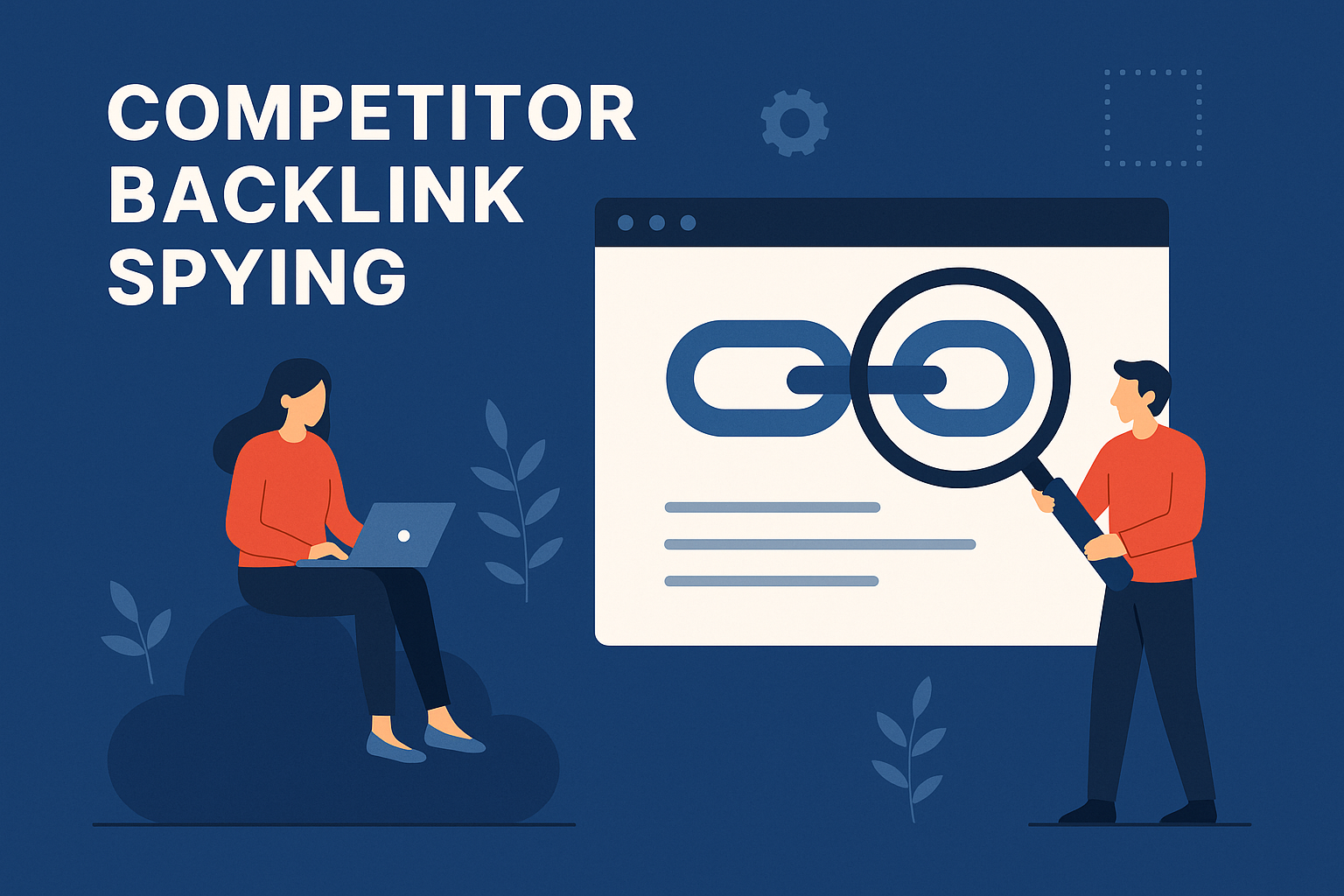
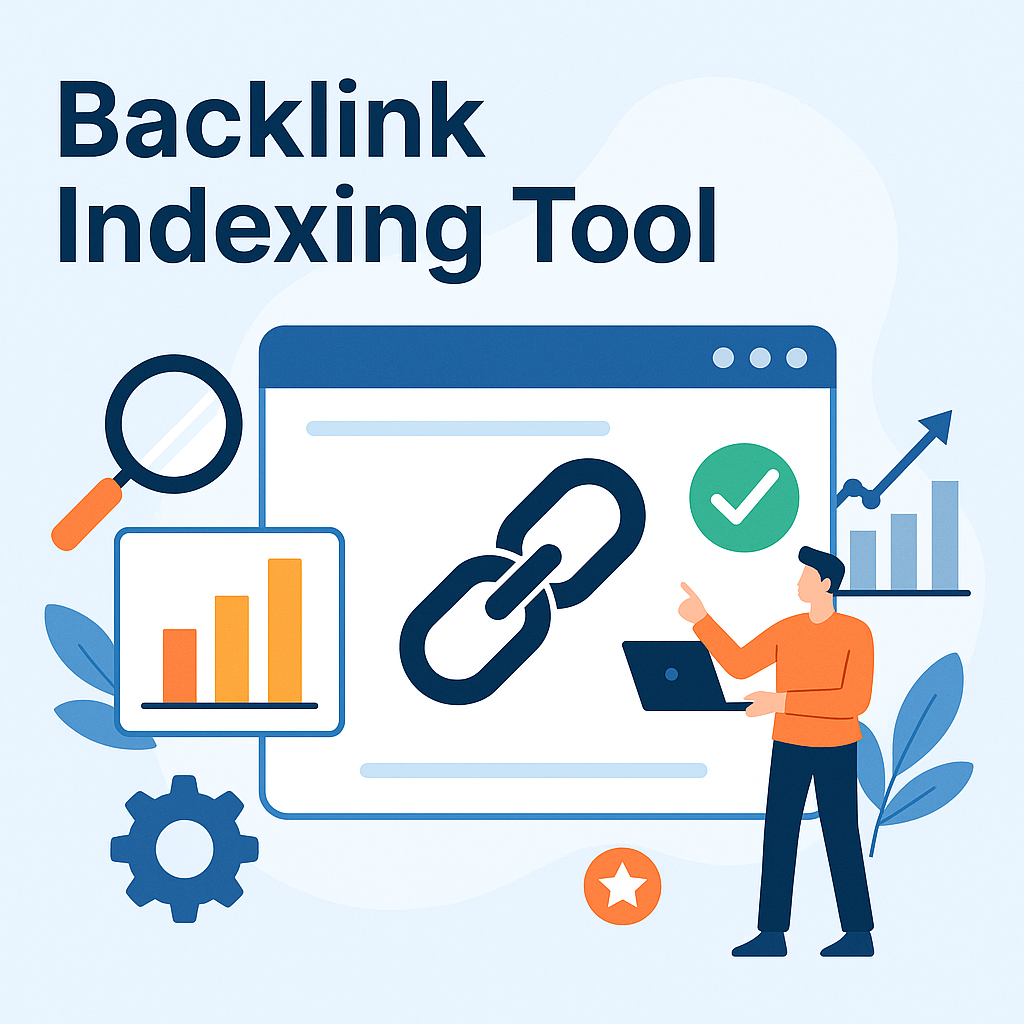


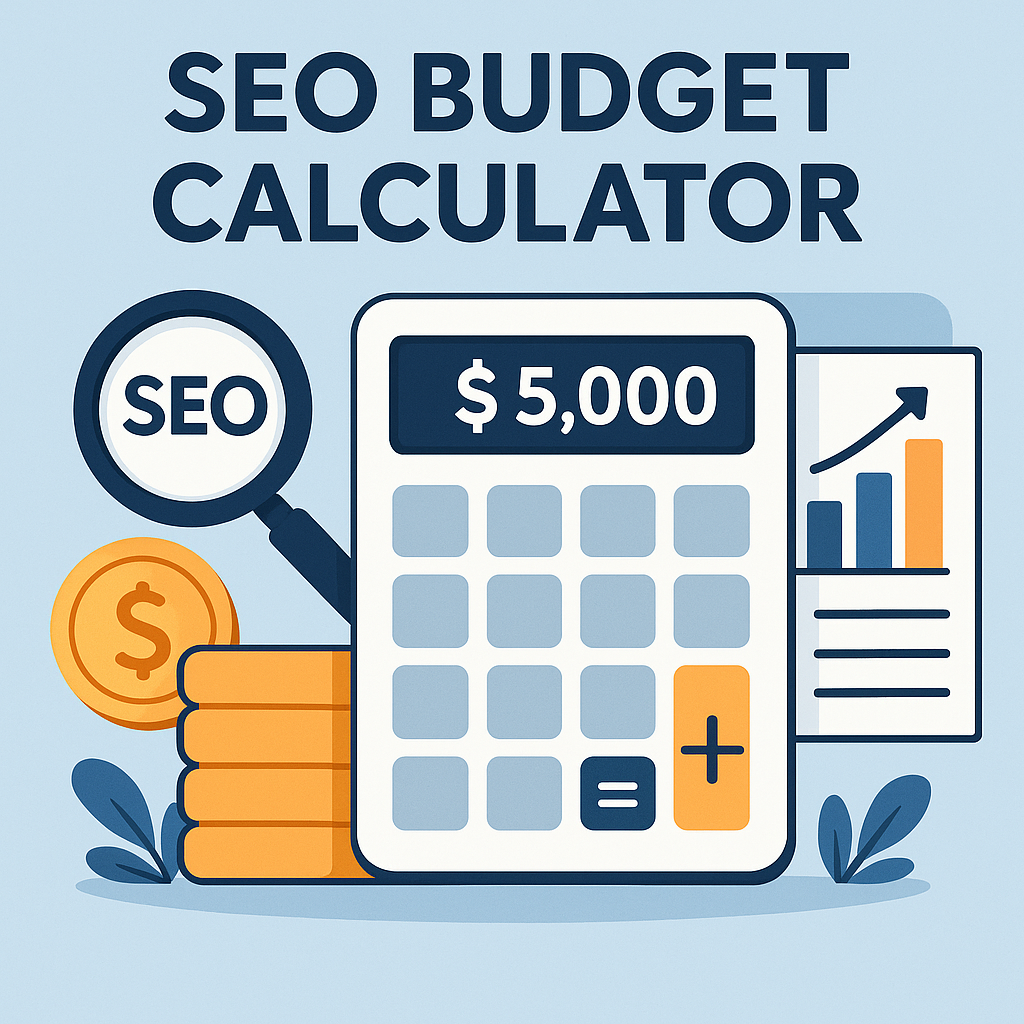
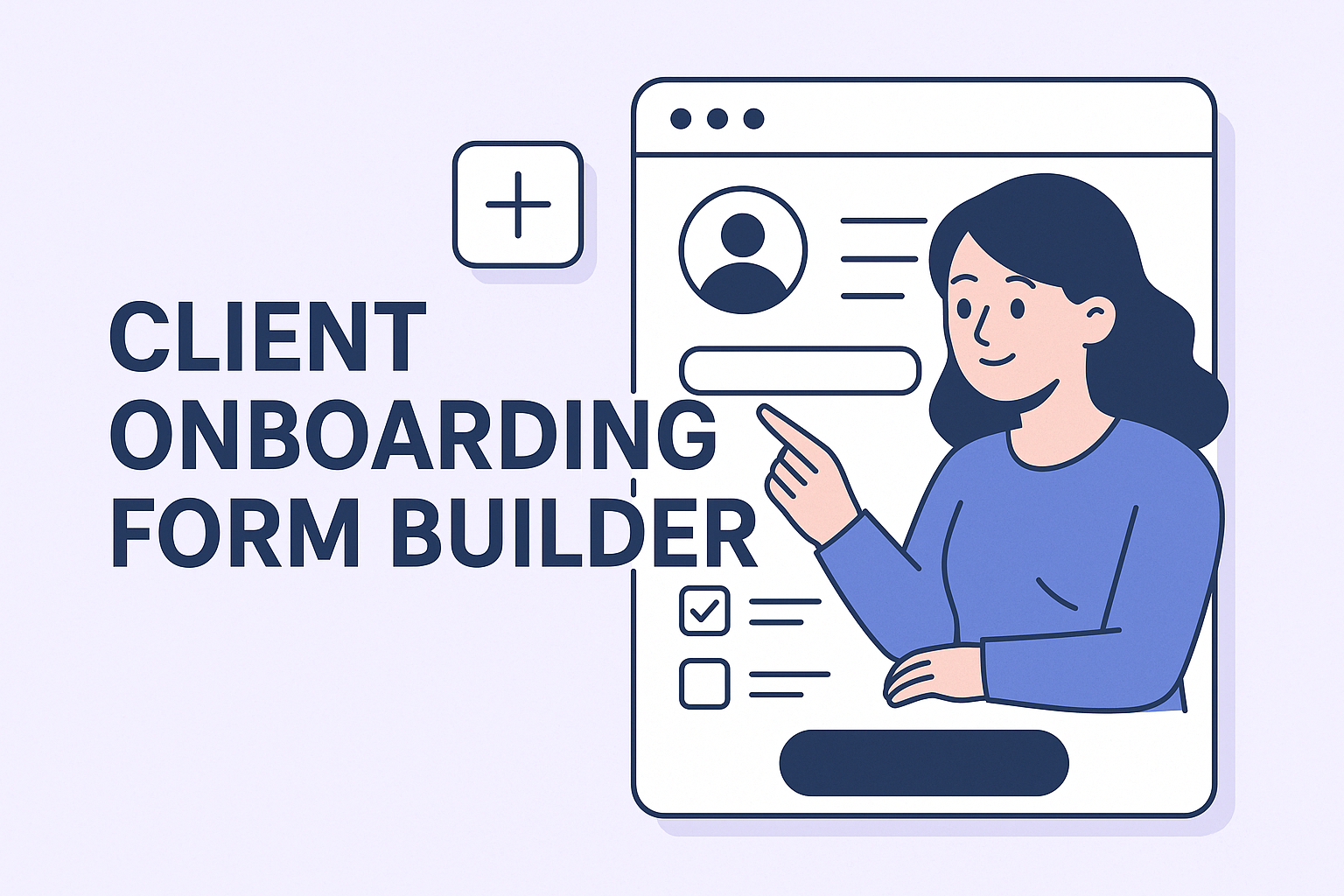
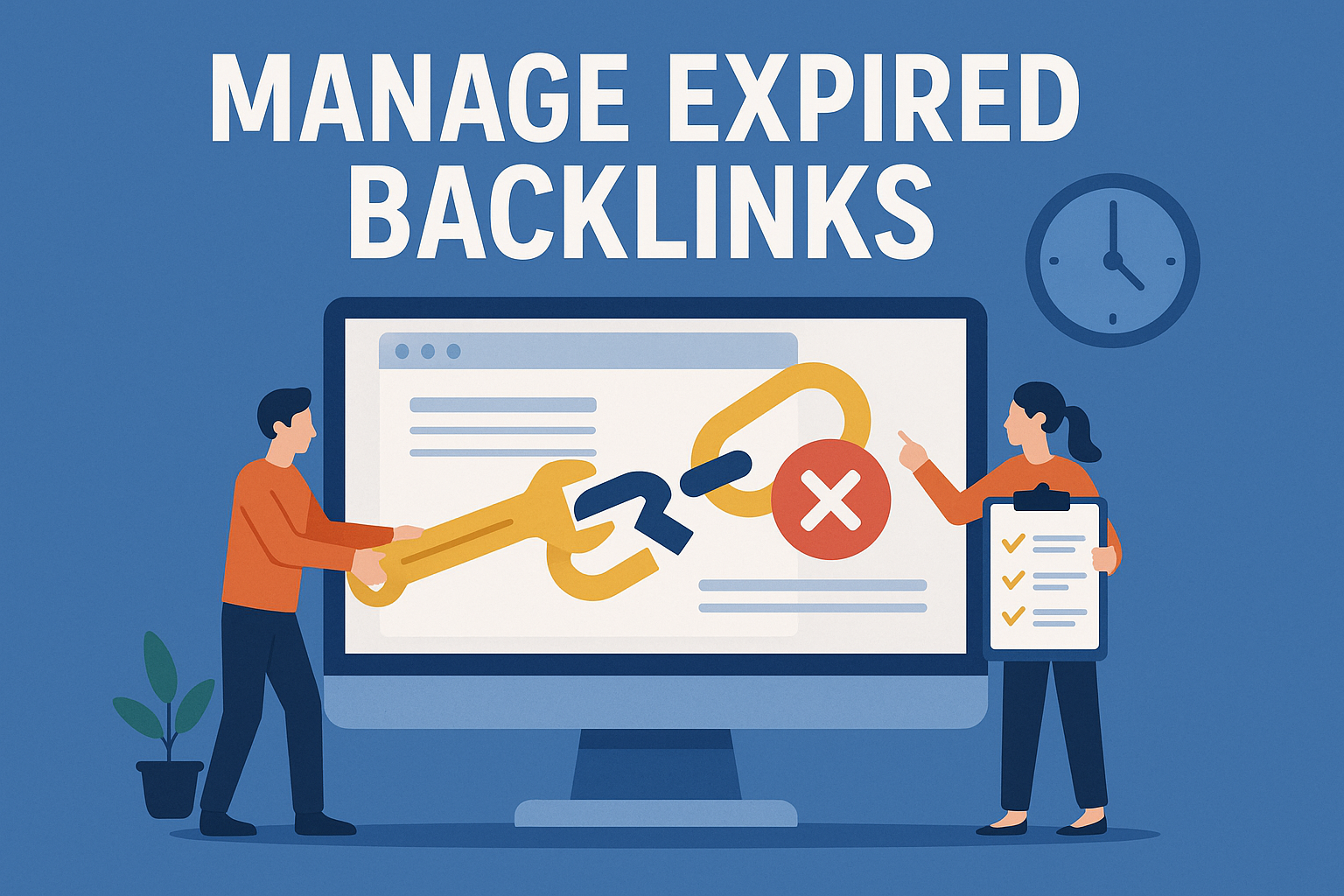
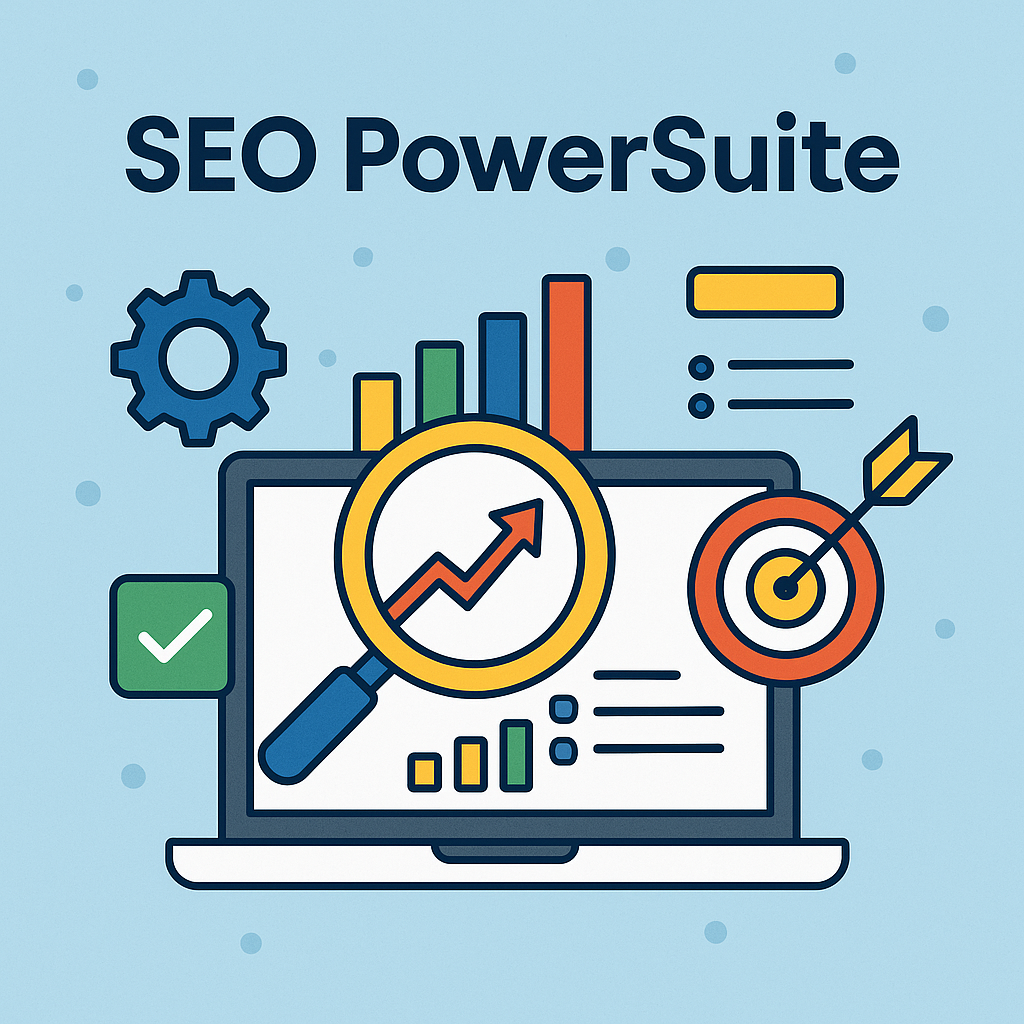
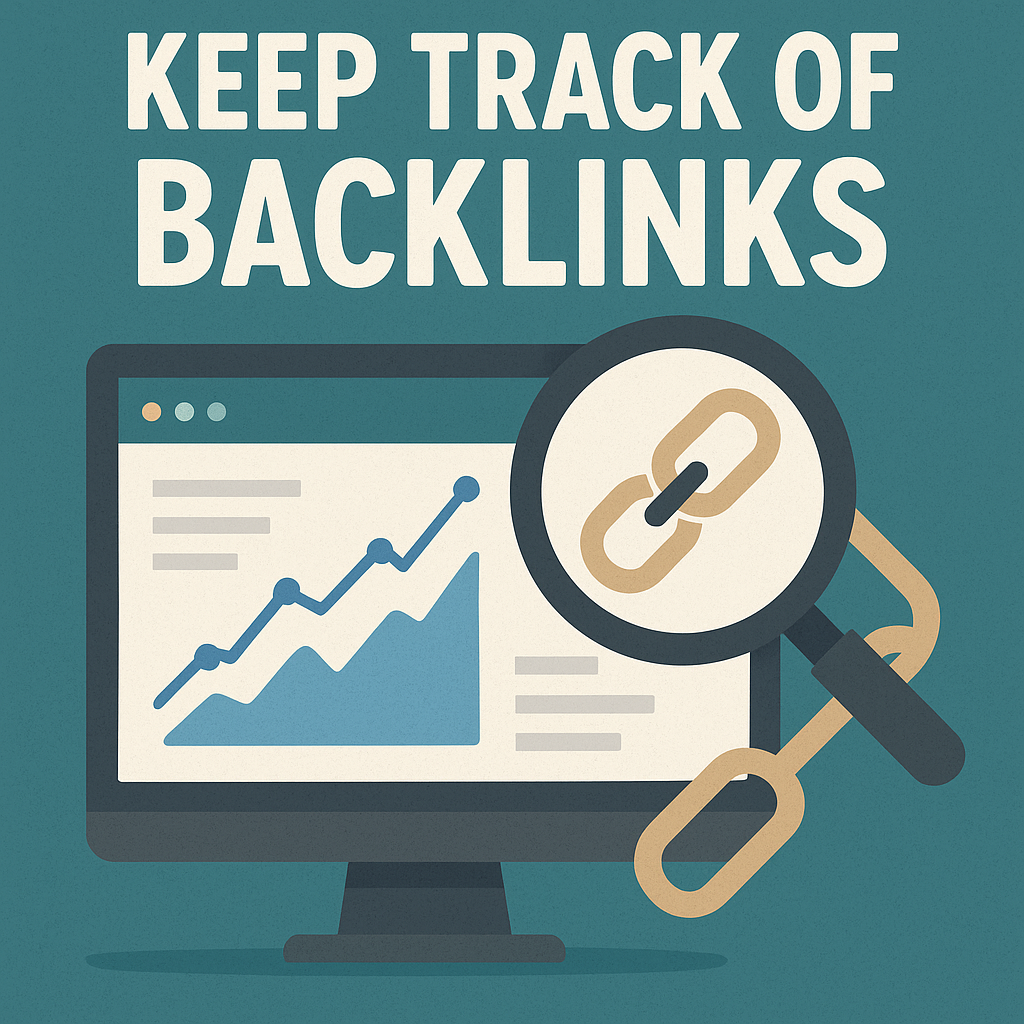
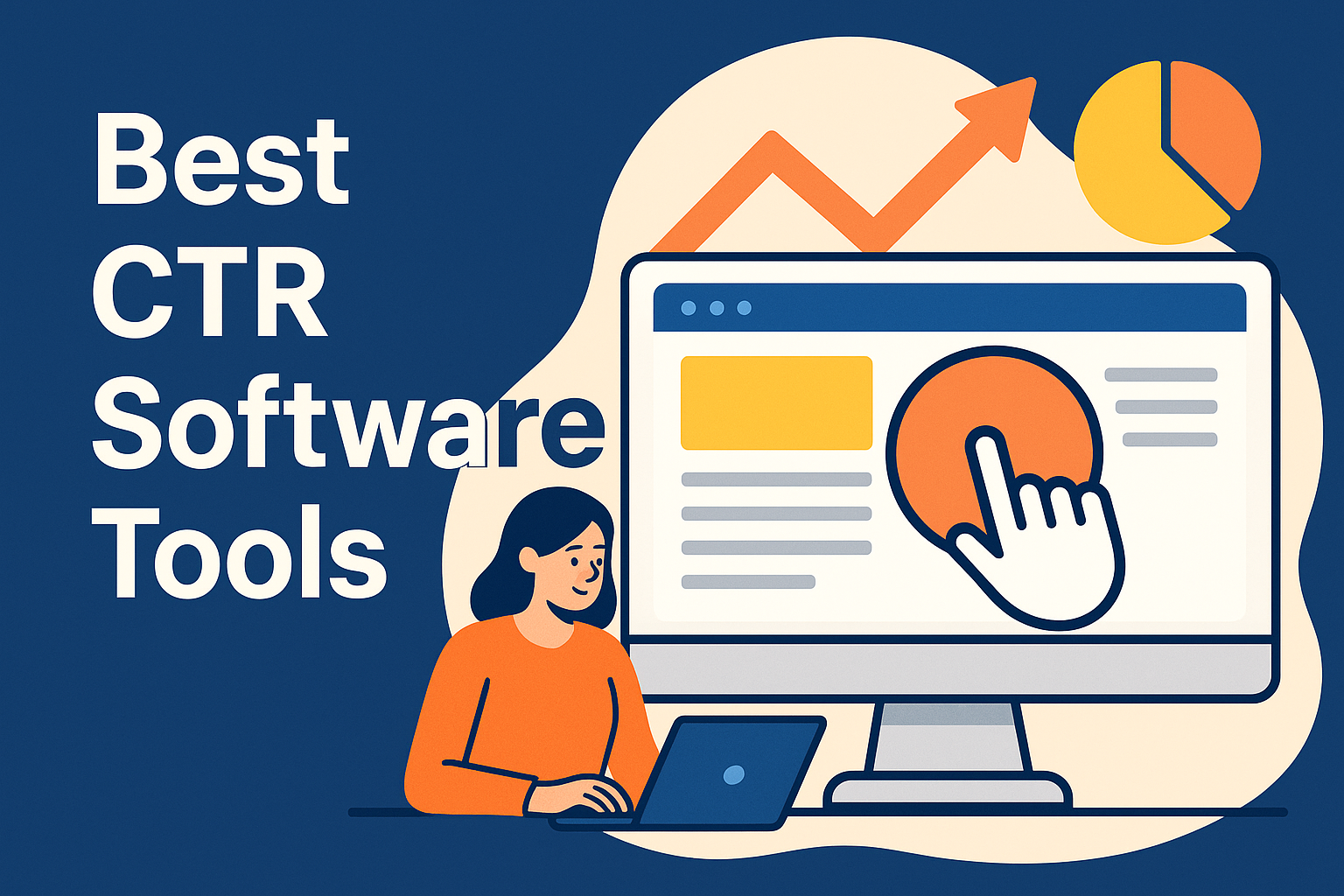

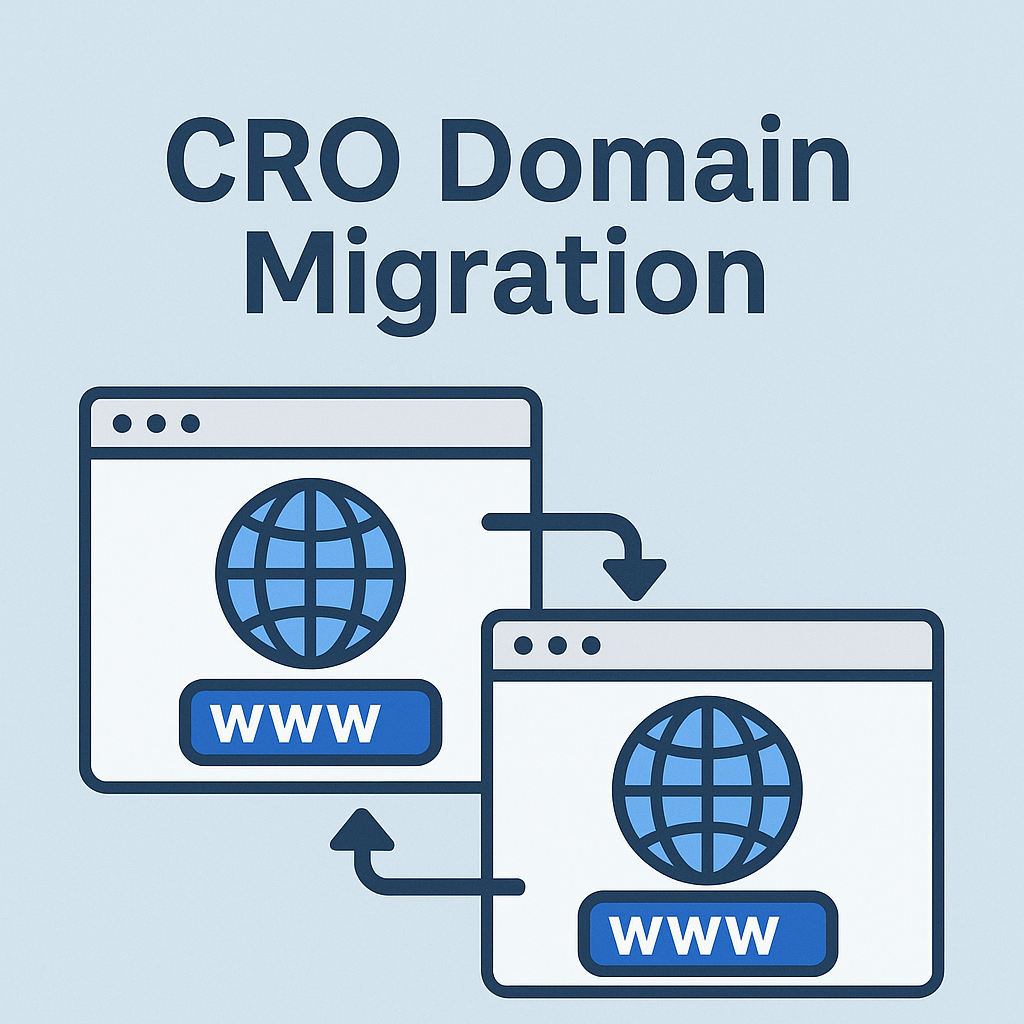

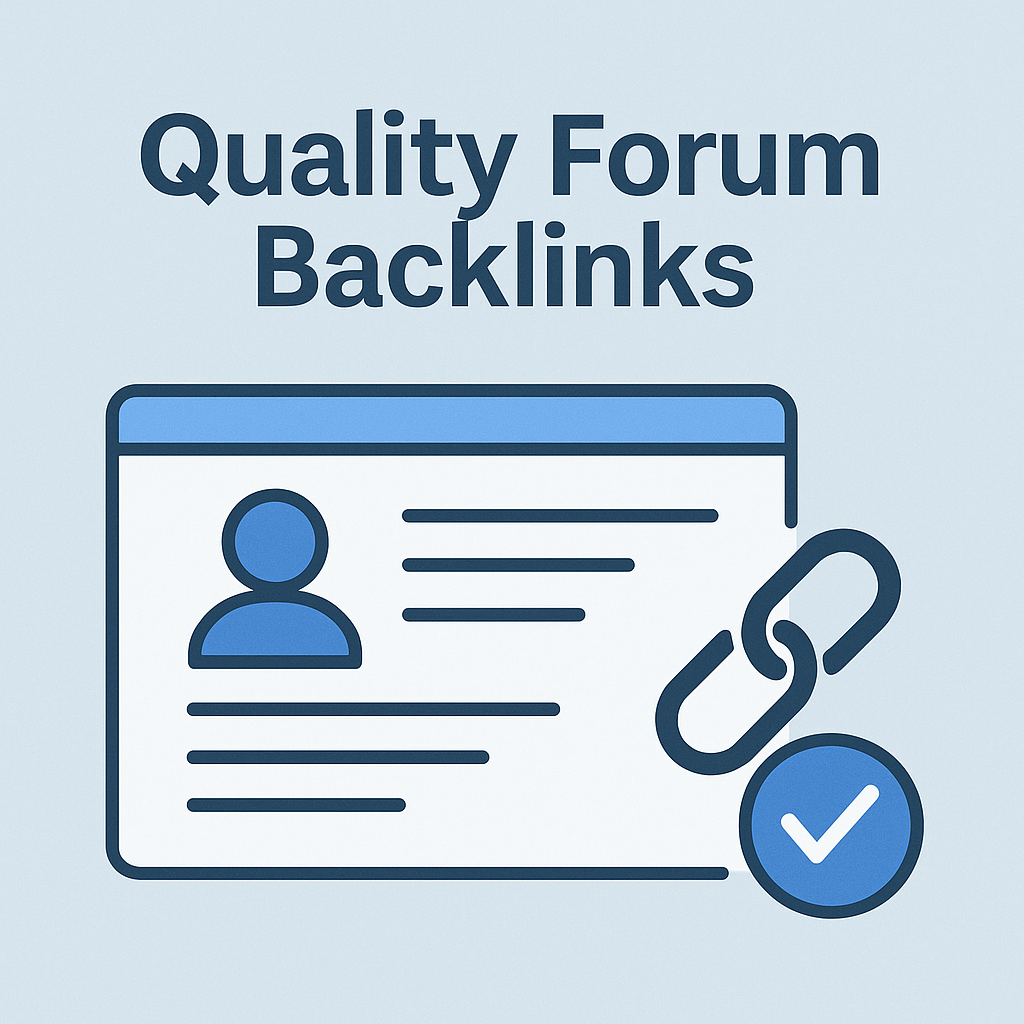
![Best Link Exchange Sites [Free & Safe] – Top 5 Picks](https://backlinkmanagement.io/wp-content/uploads/2025/04/Free-Link-Exchange.png)


